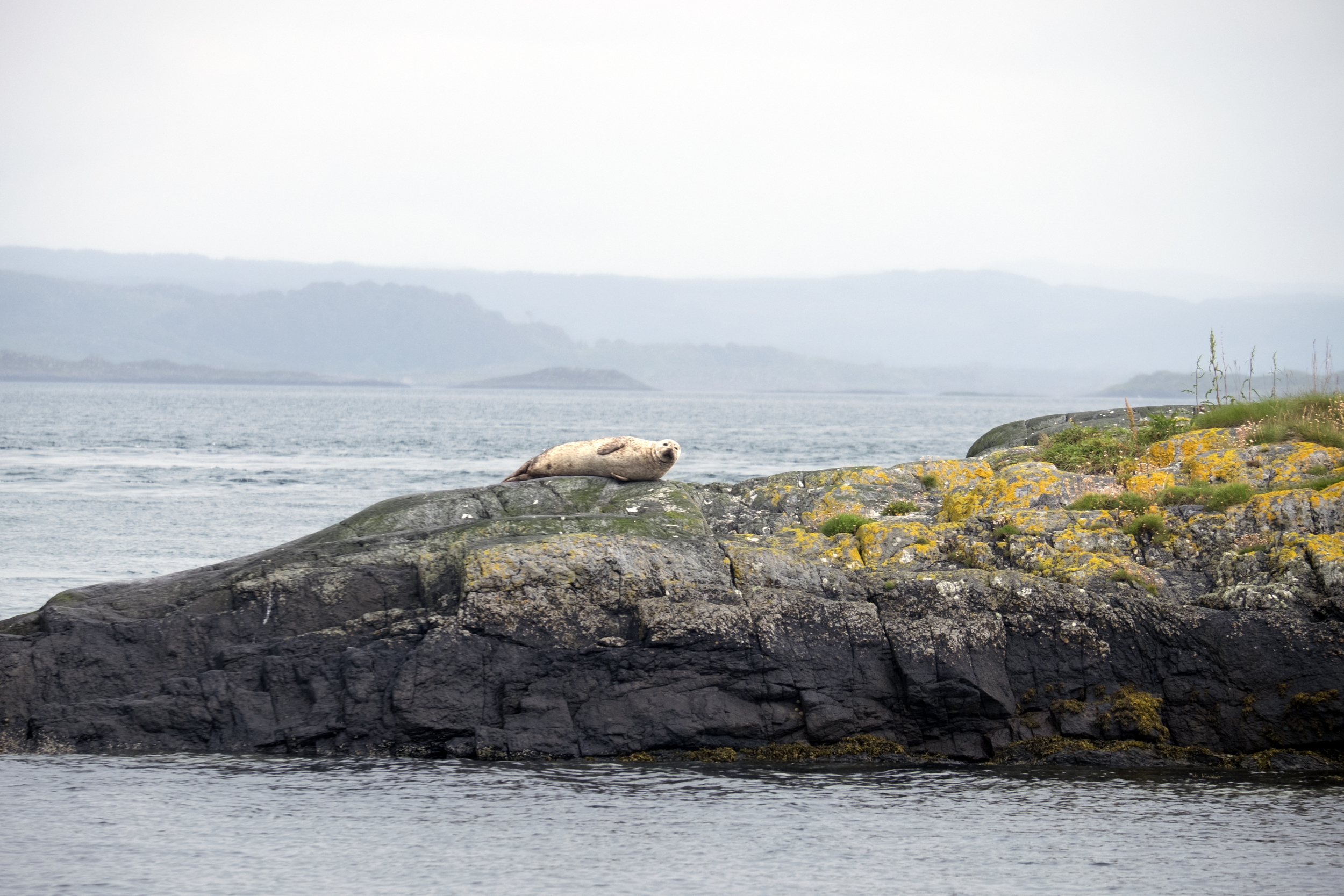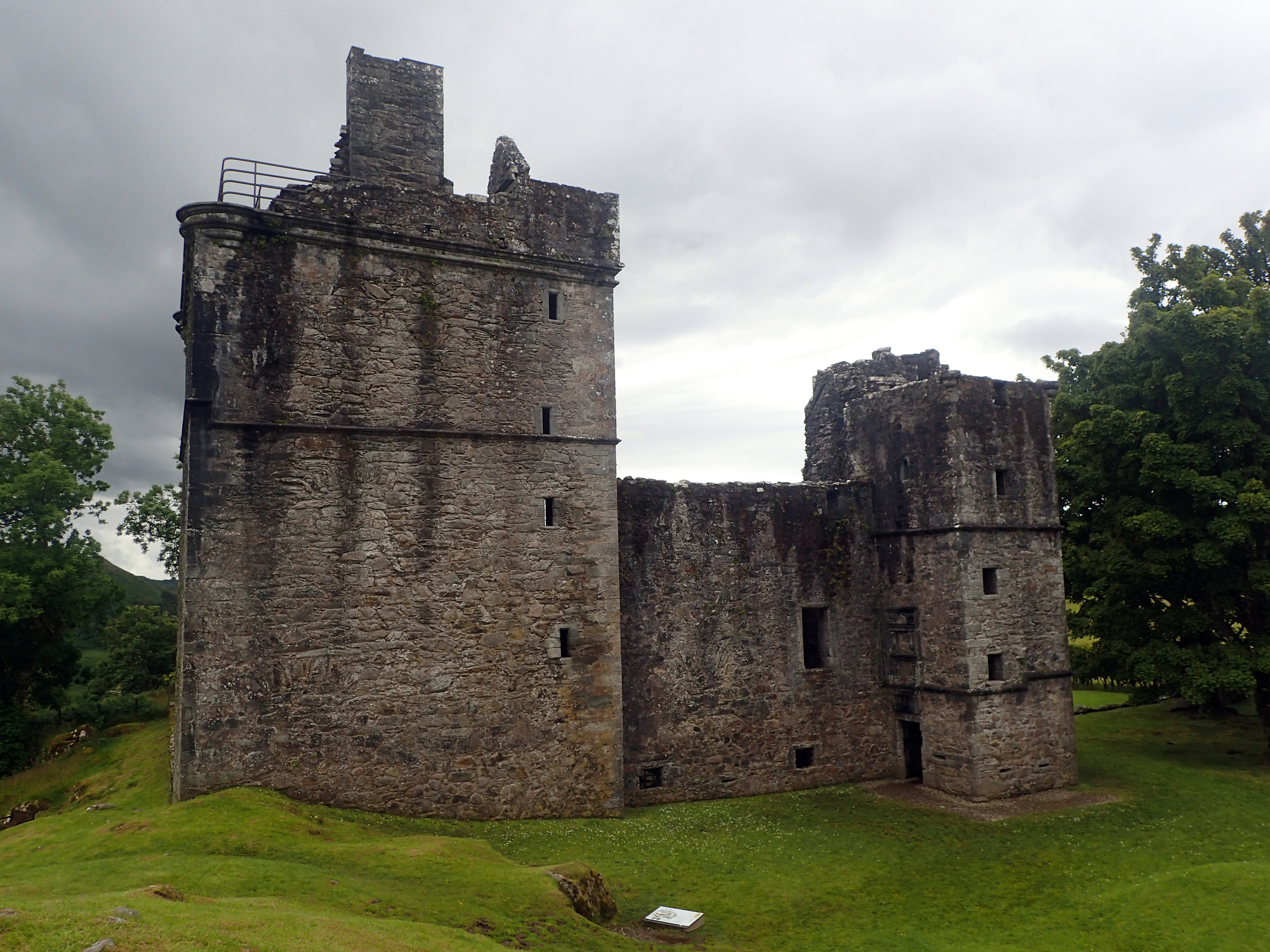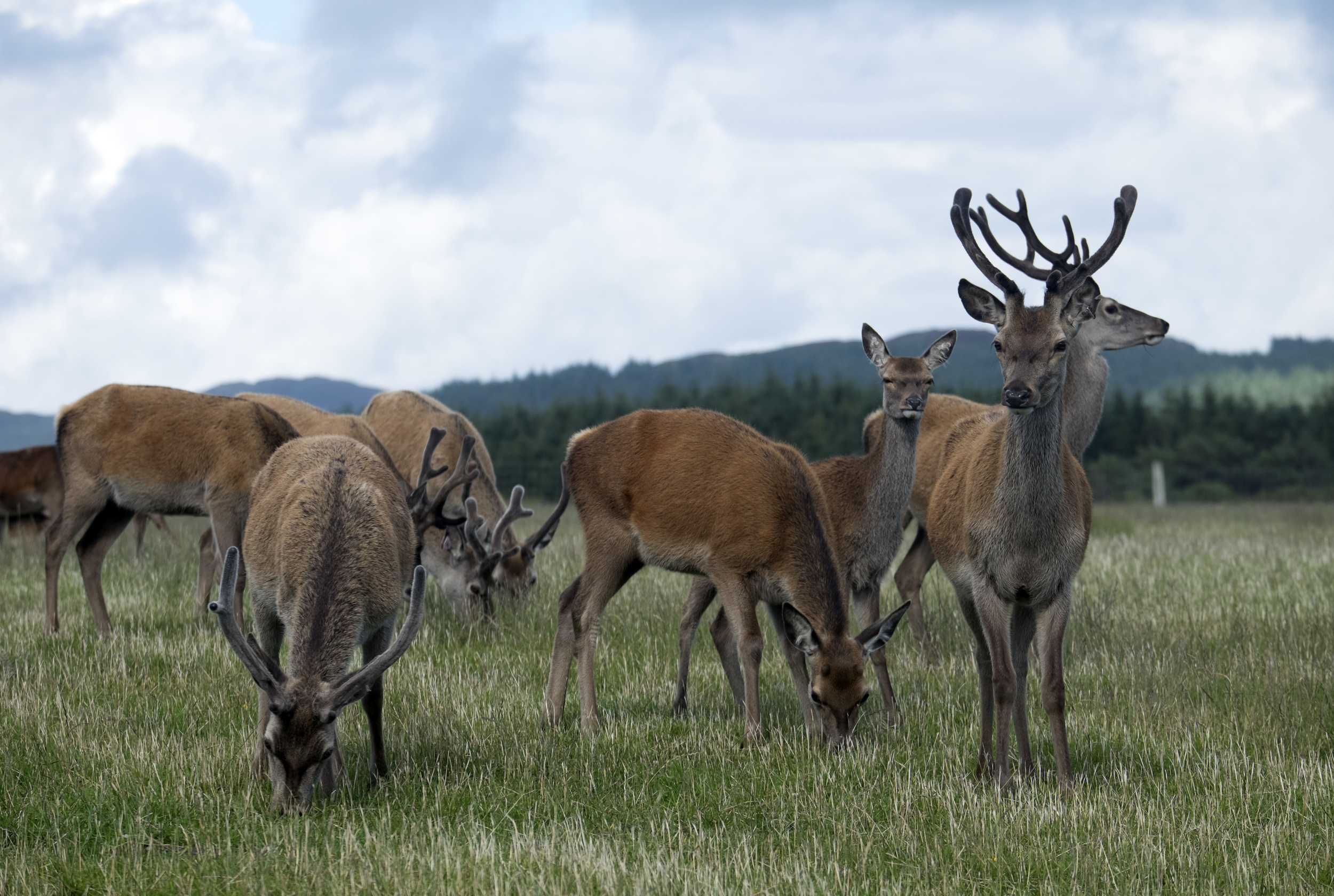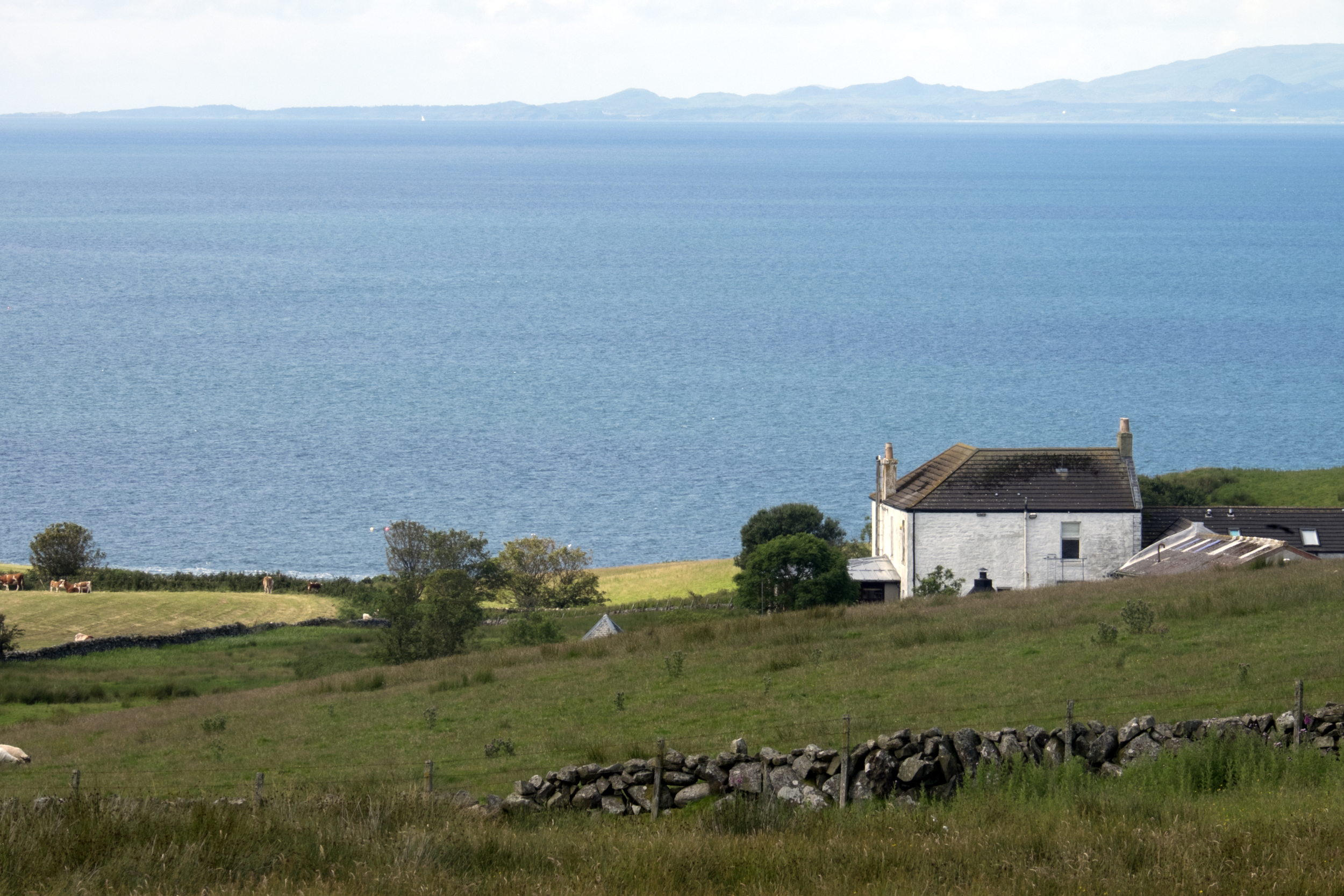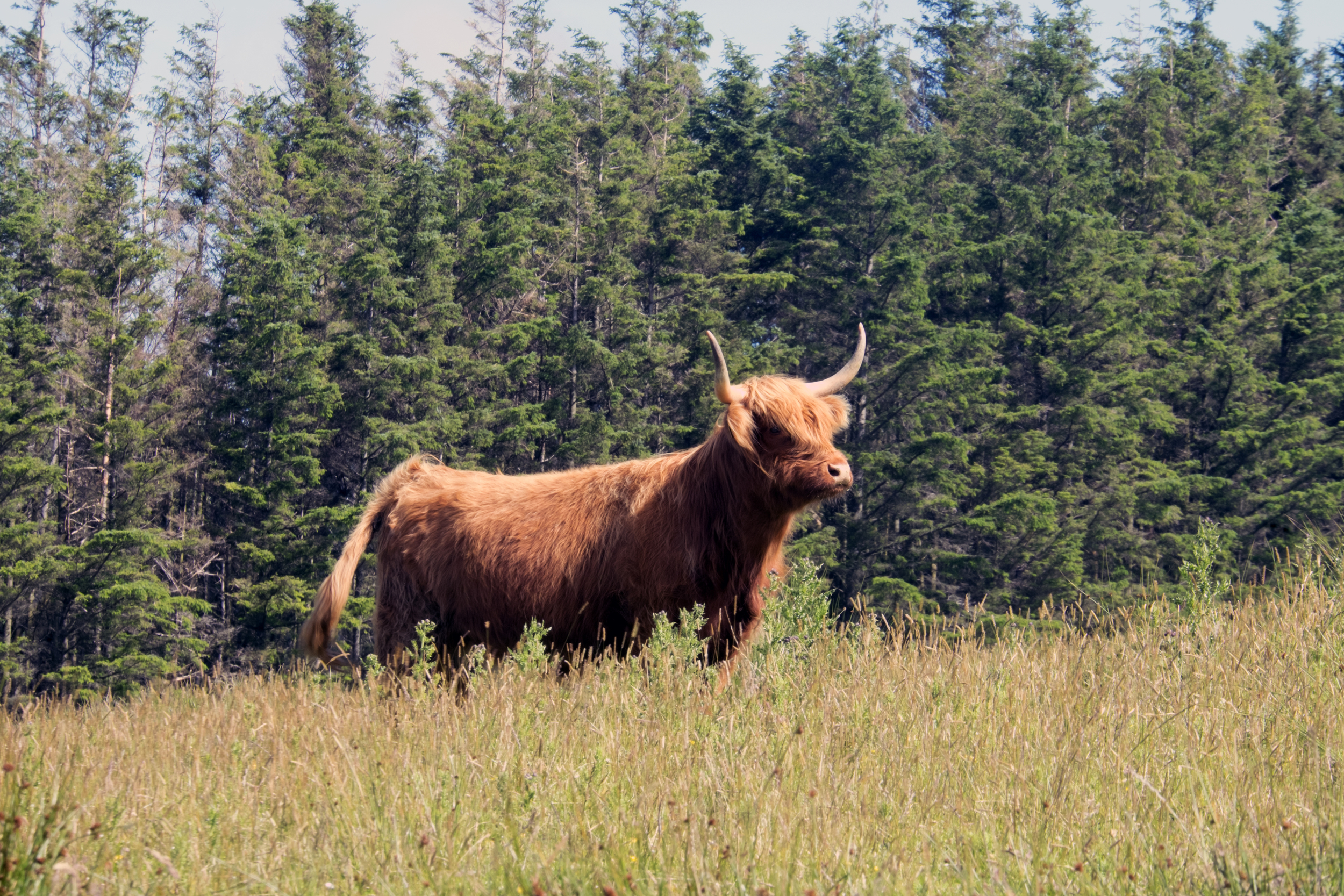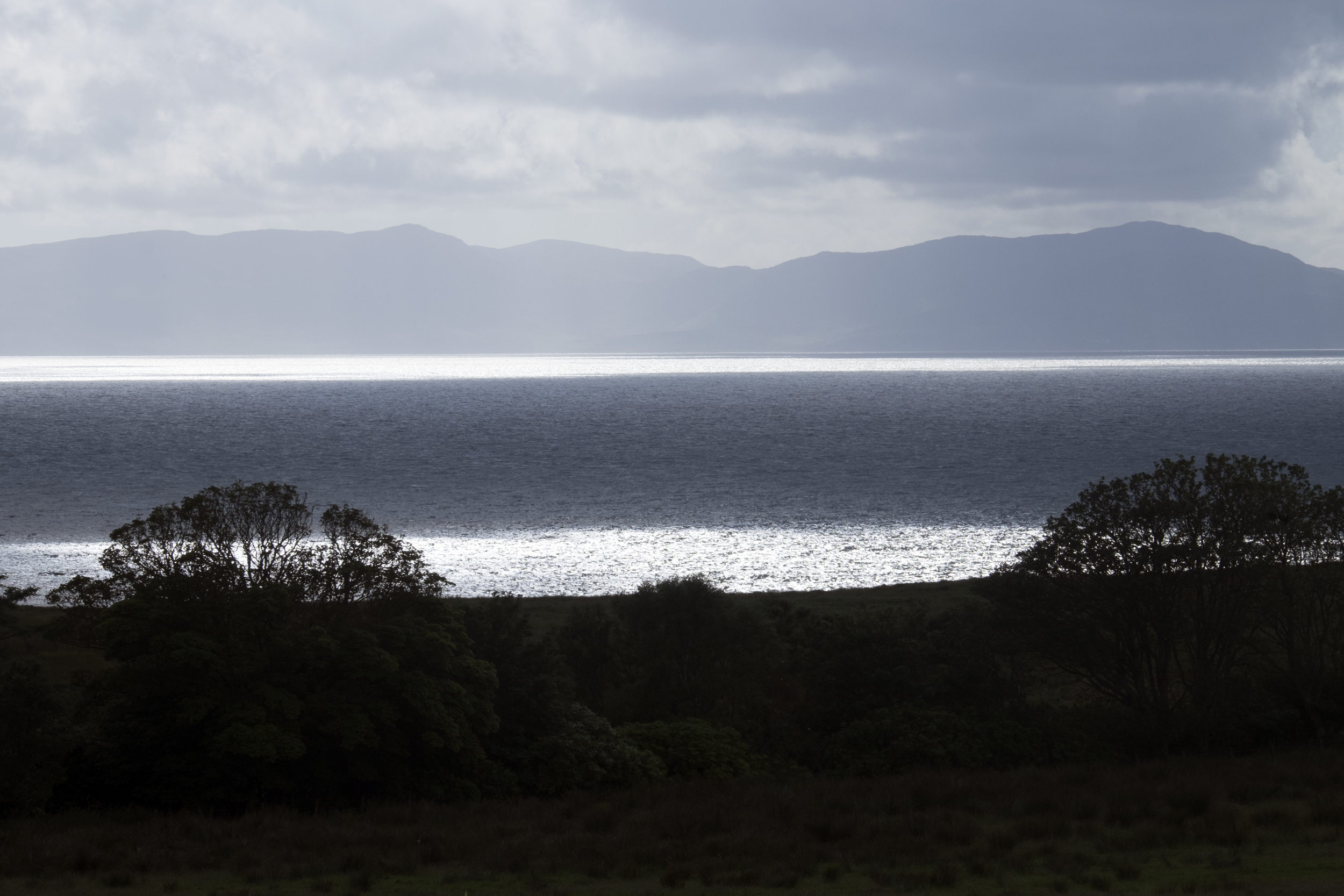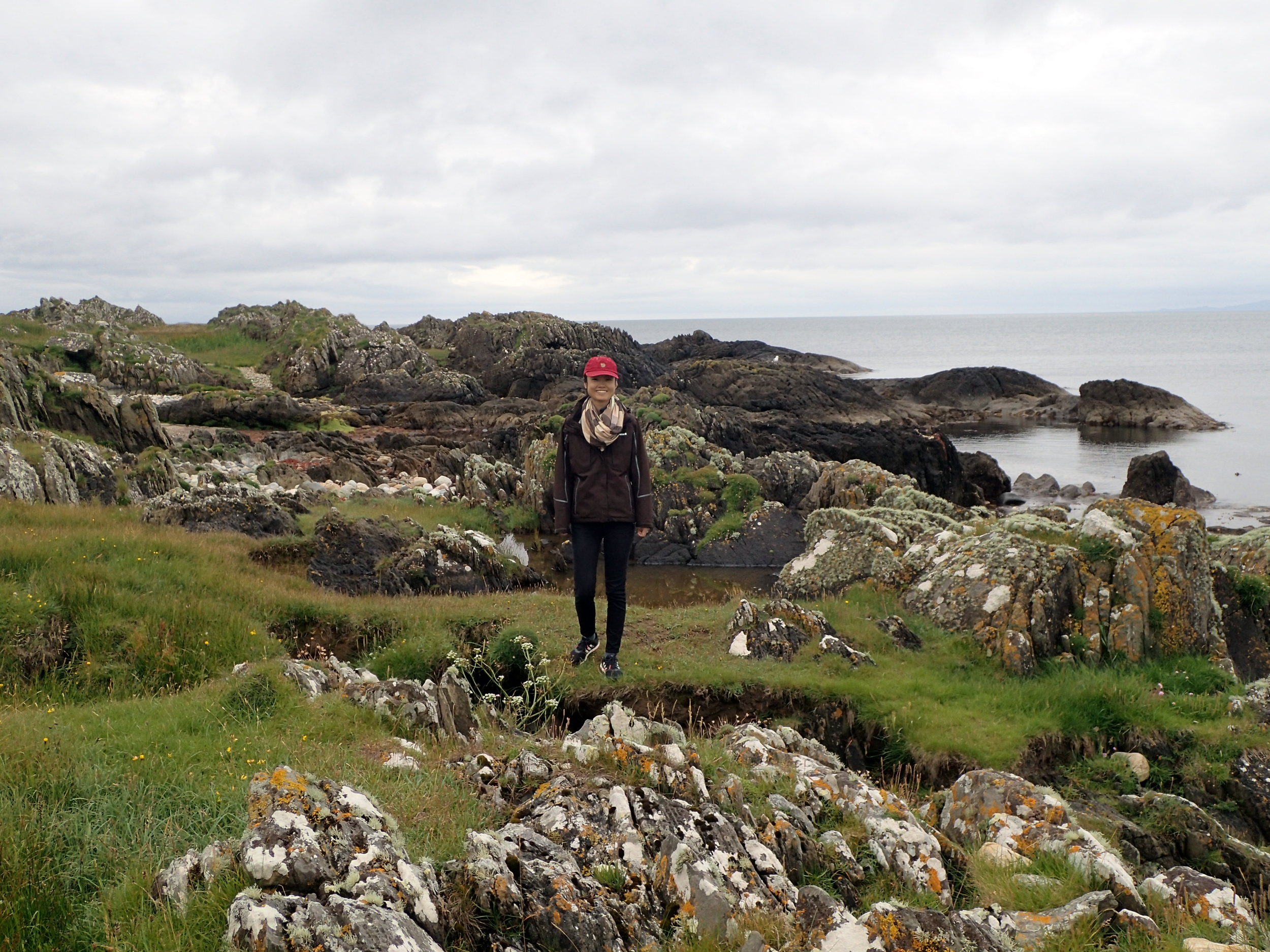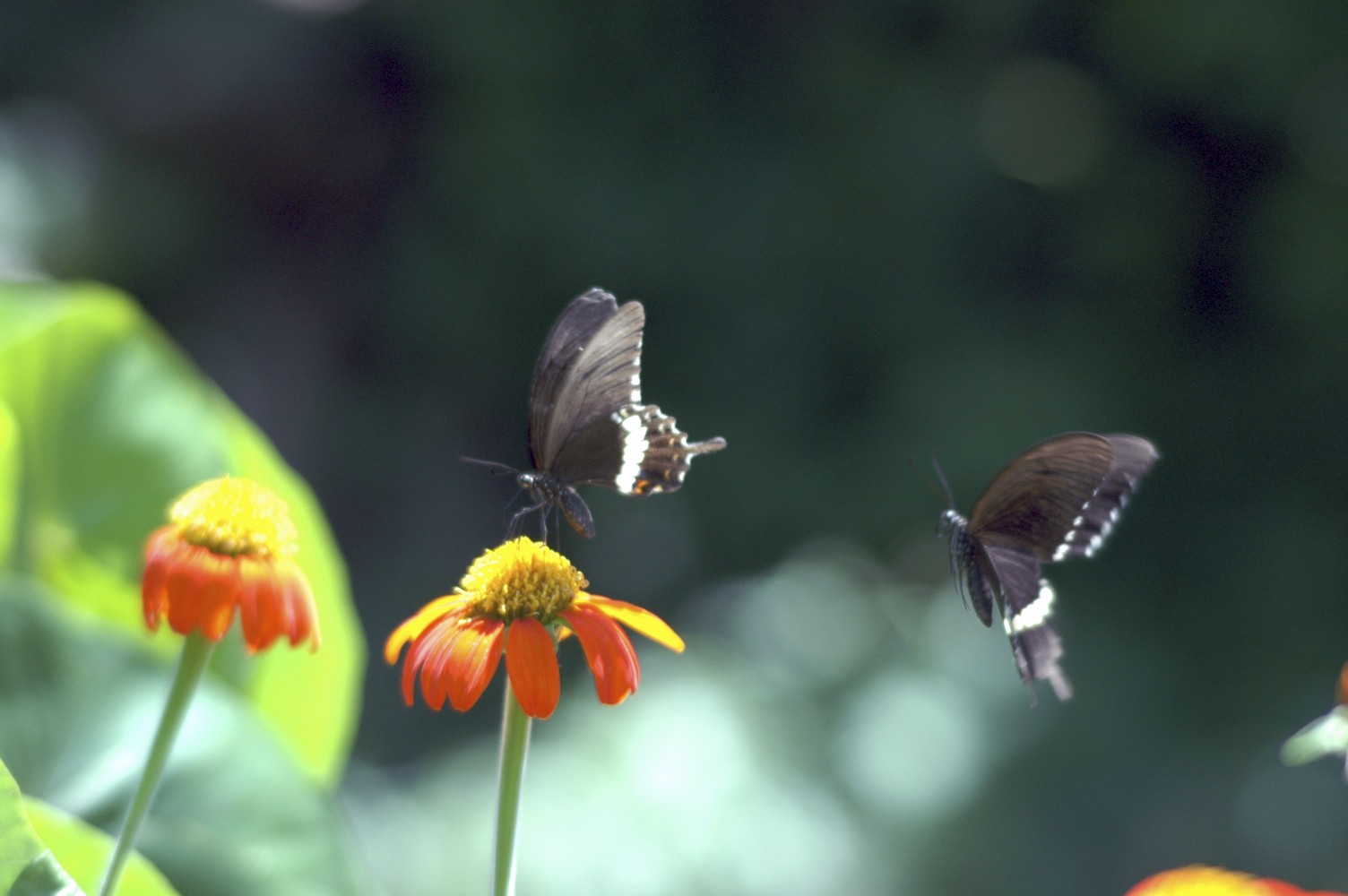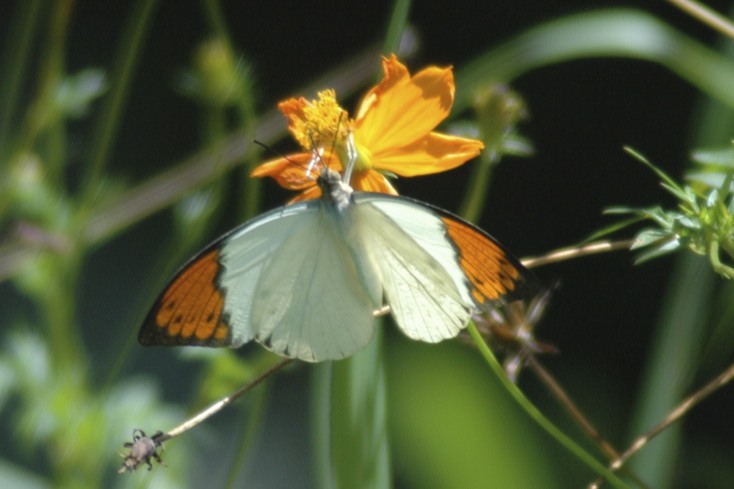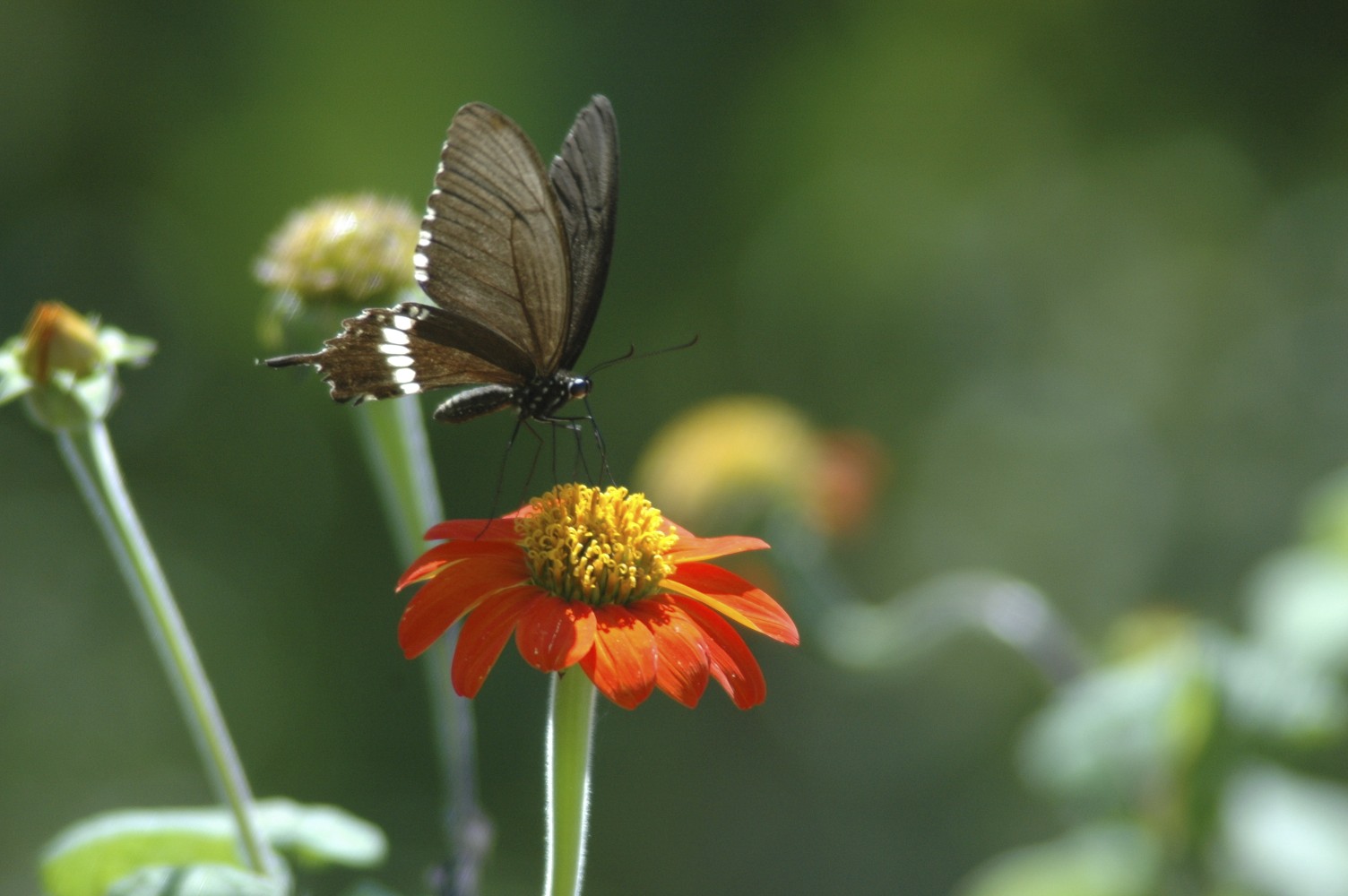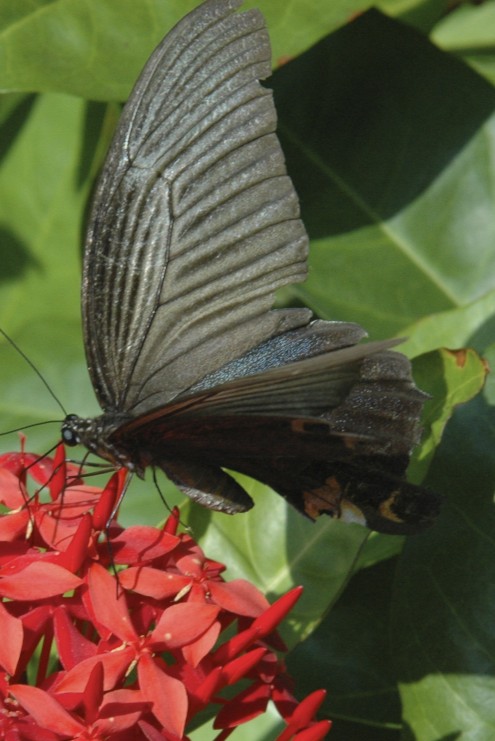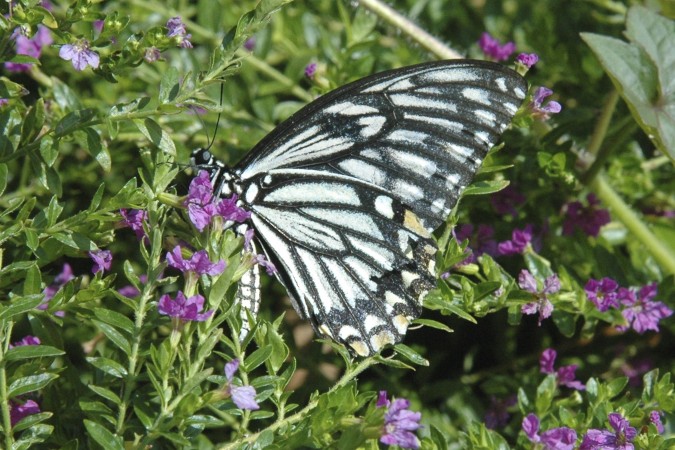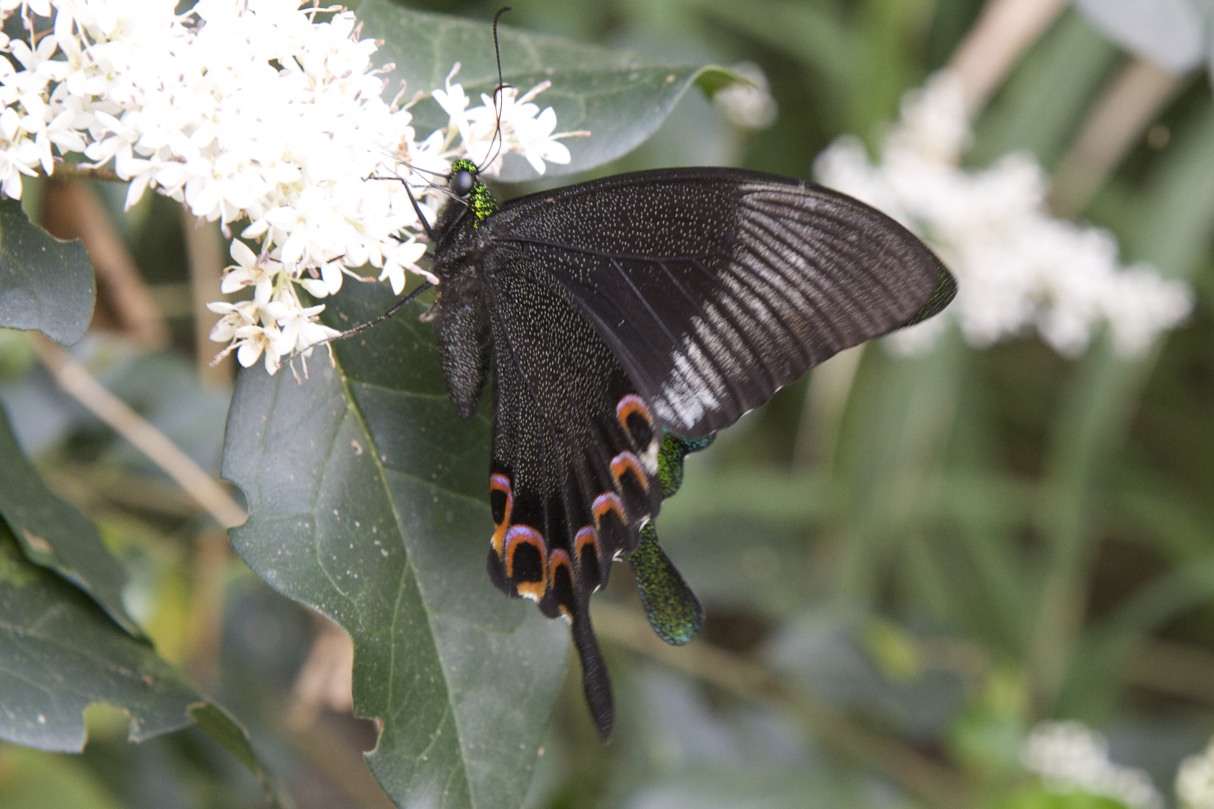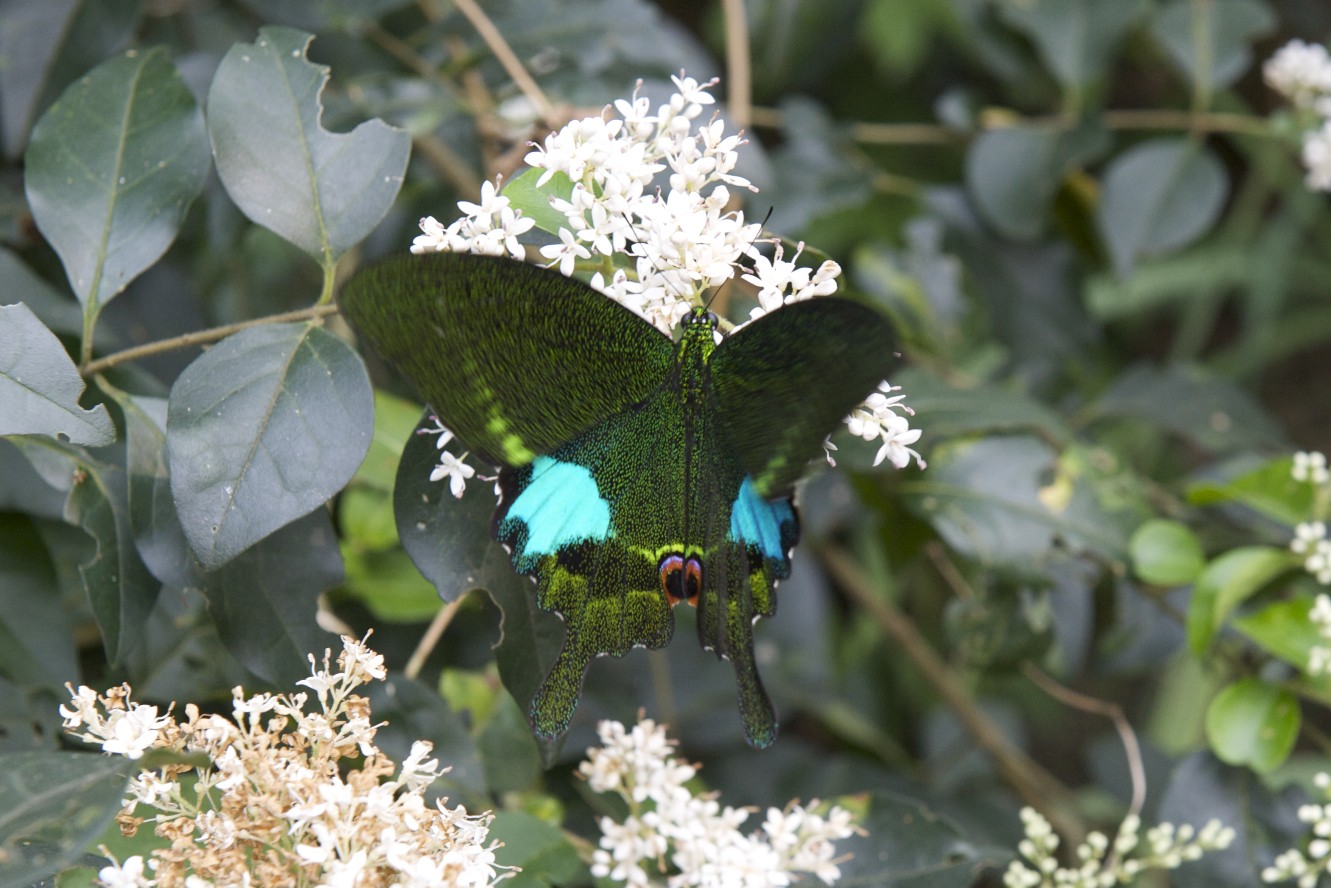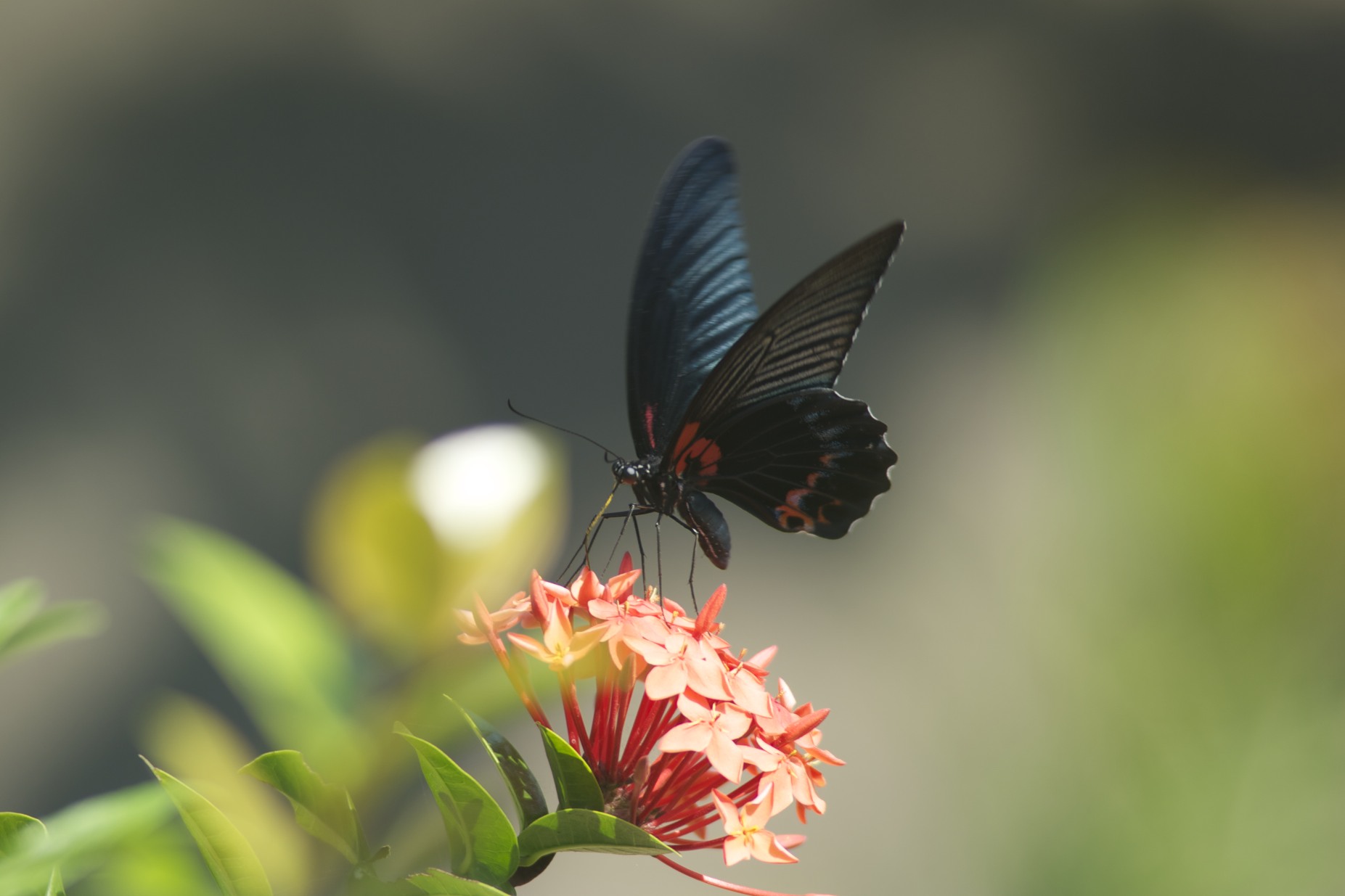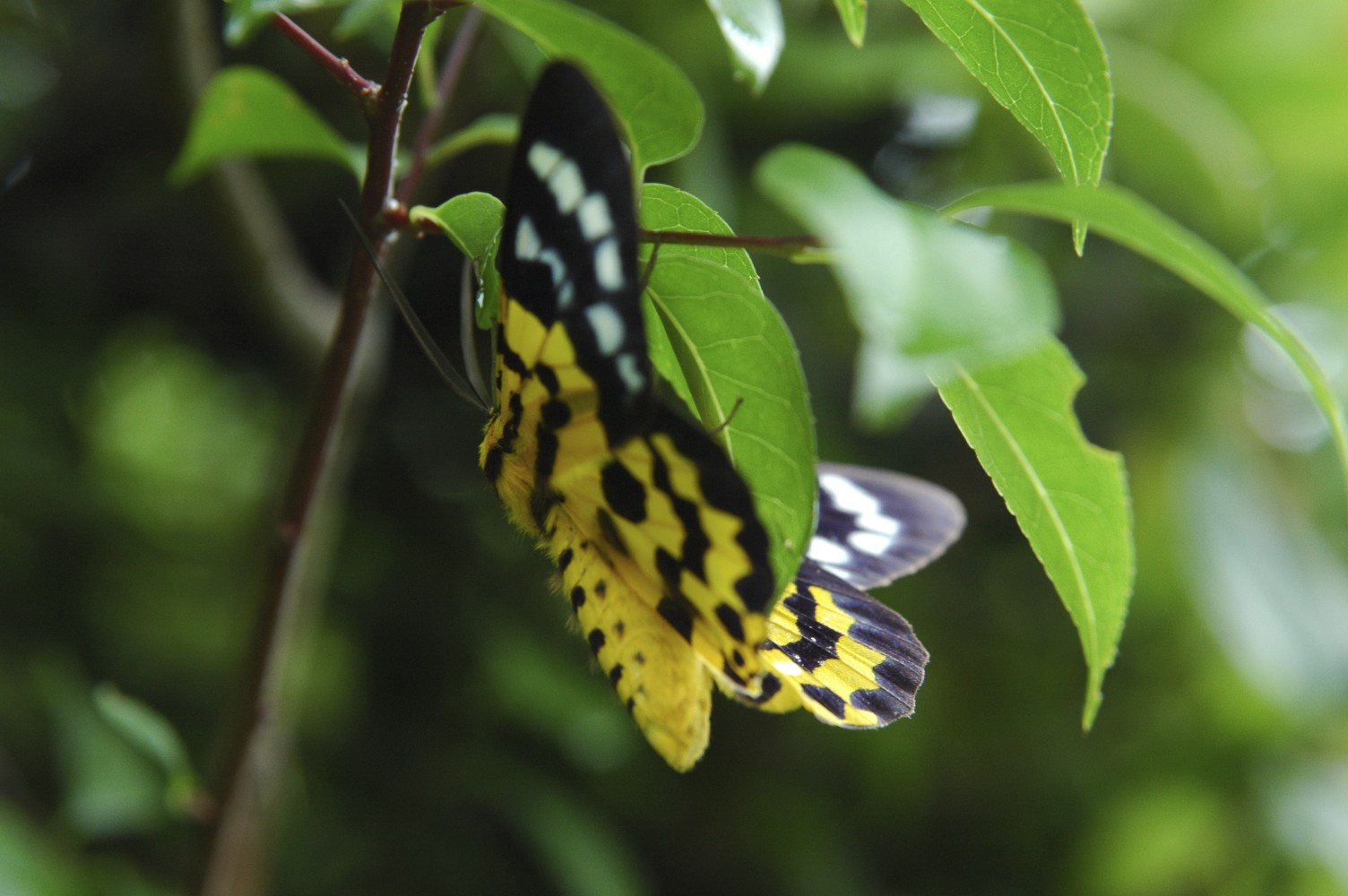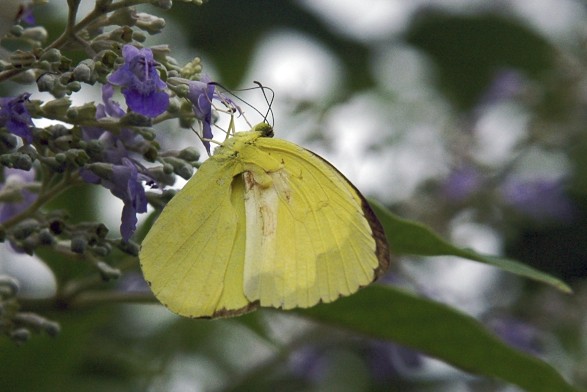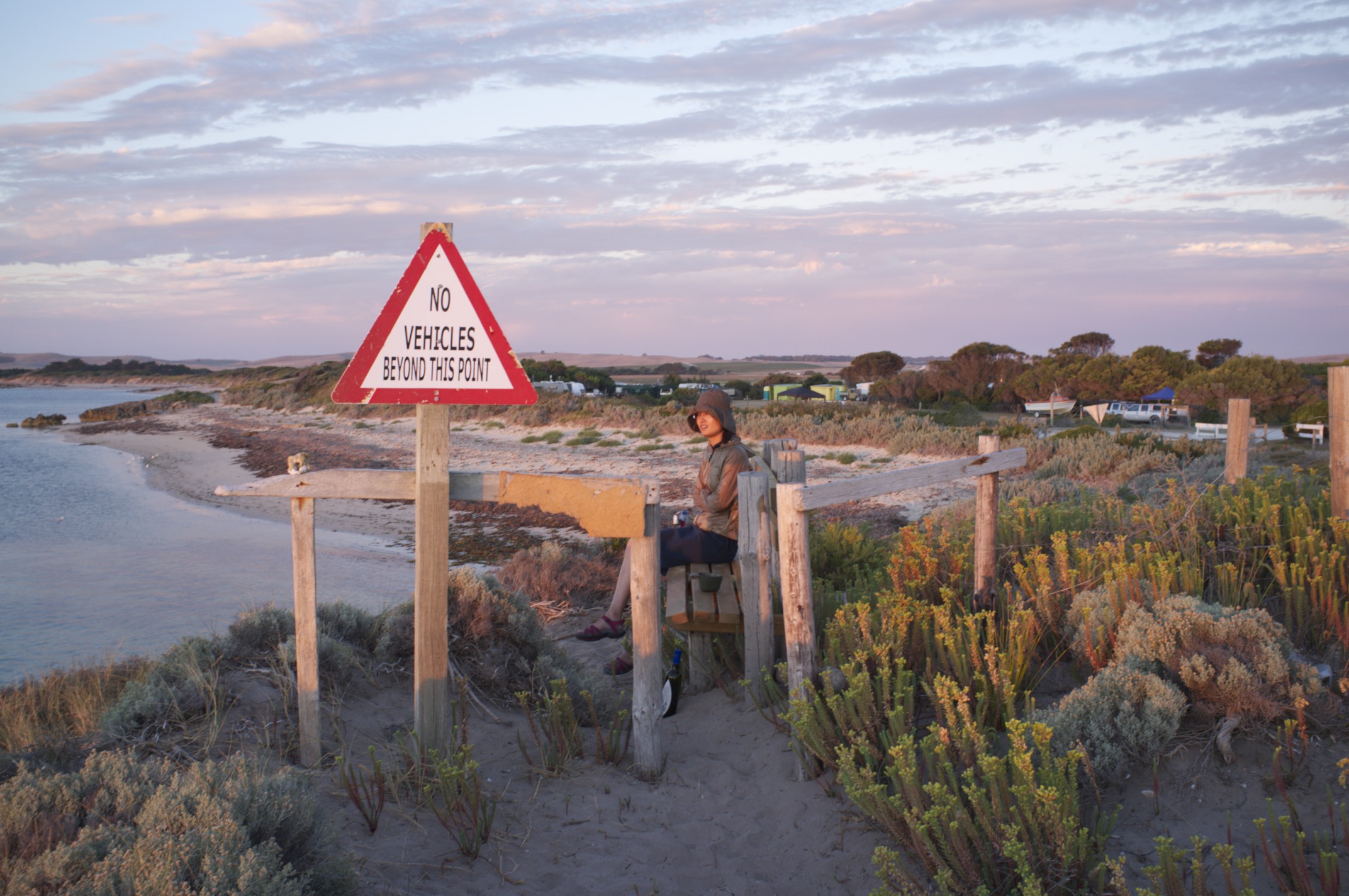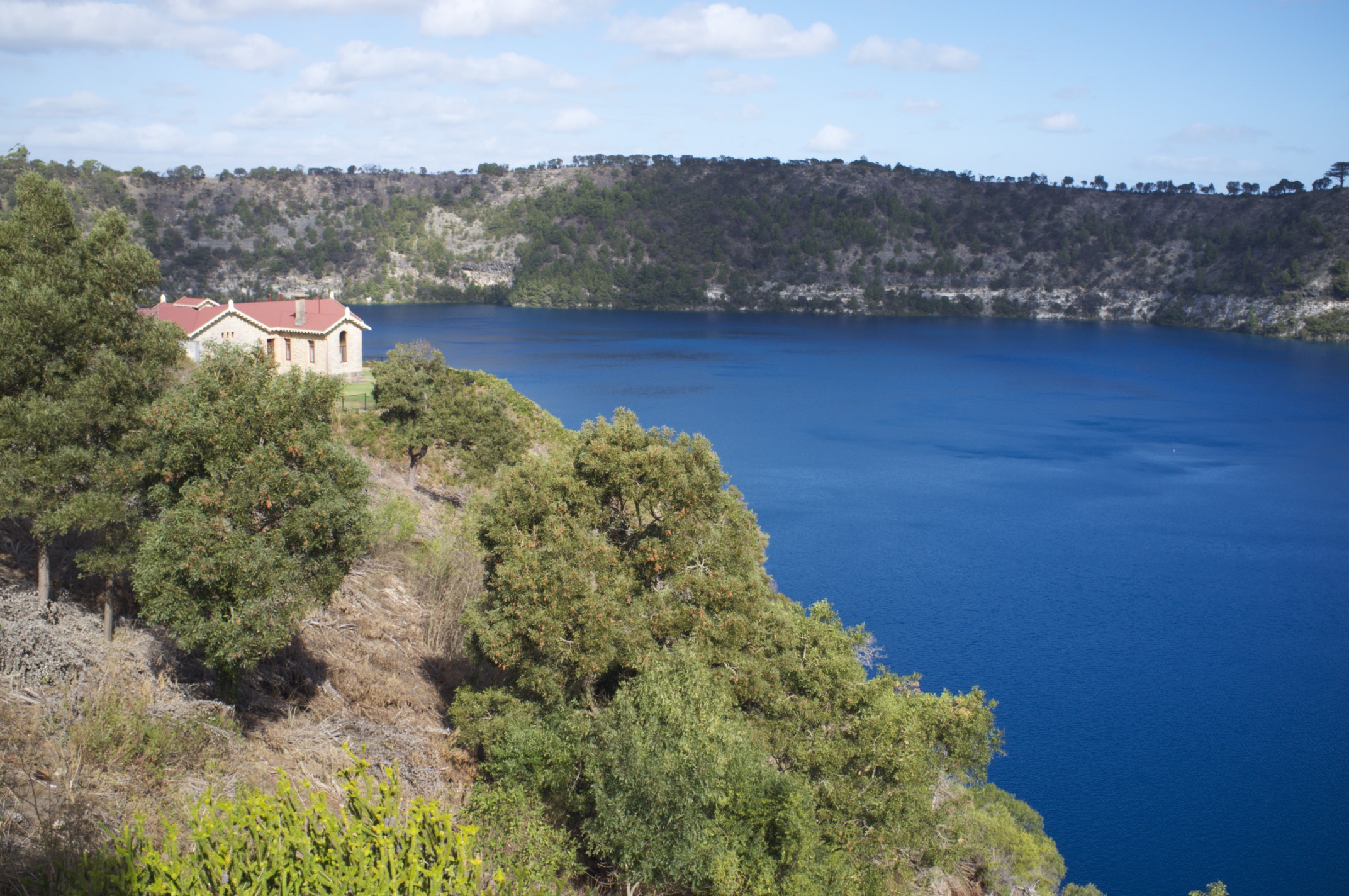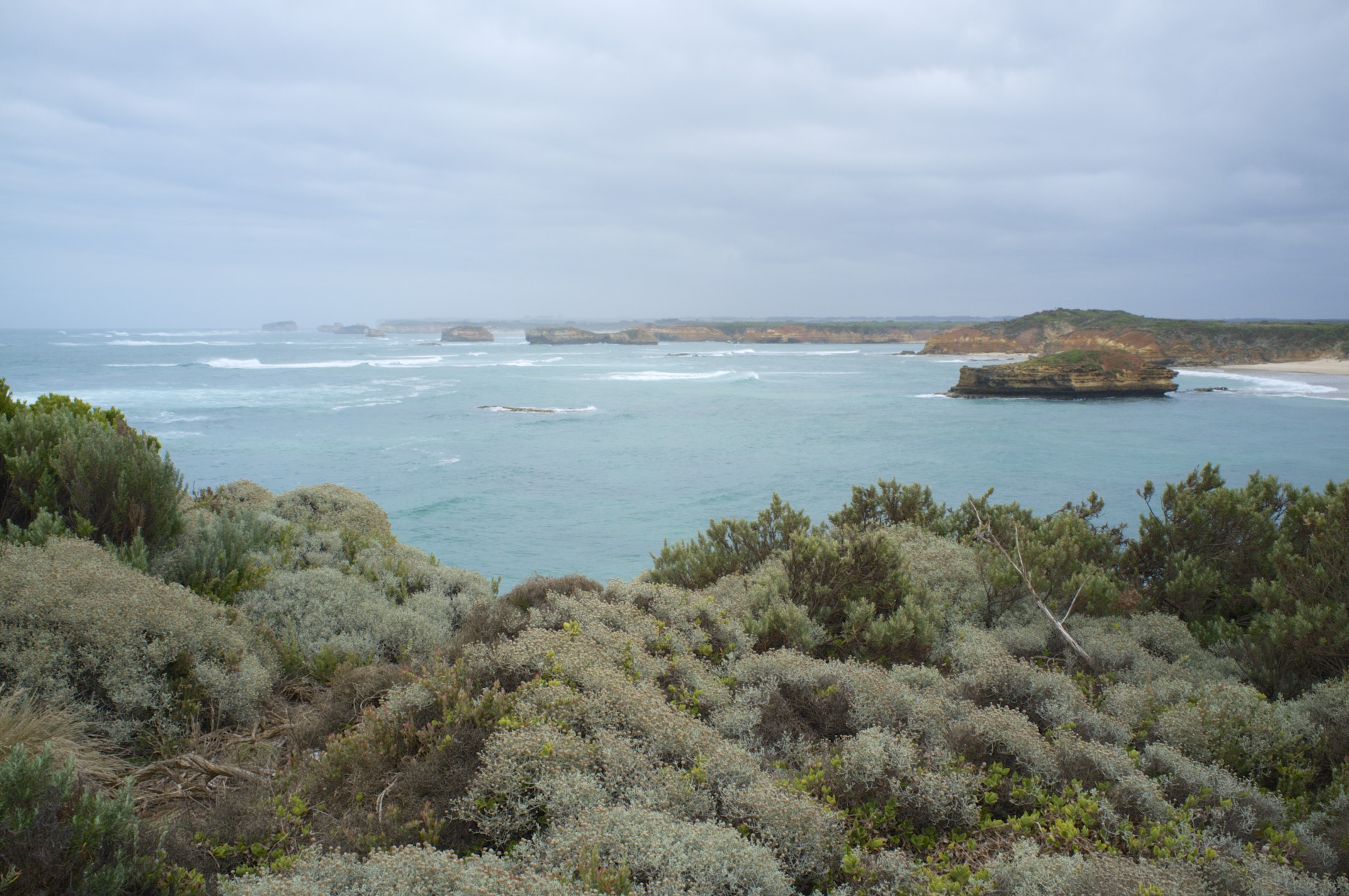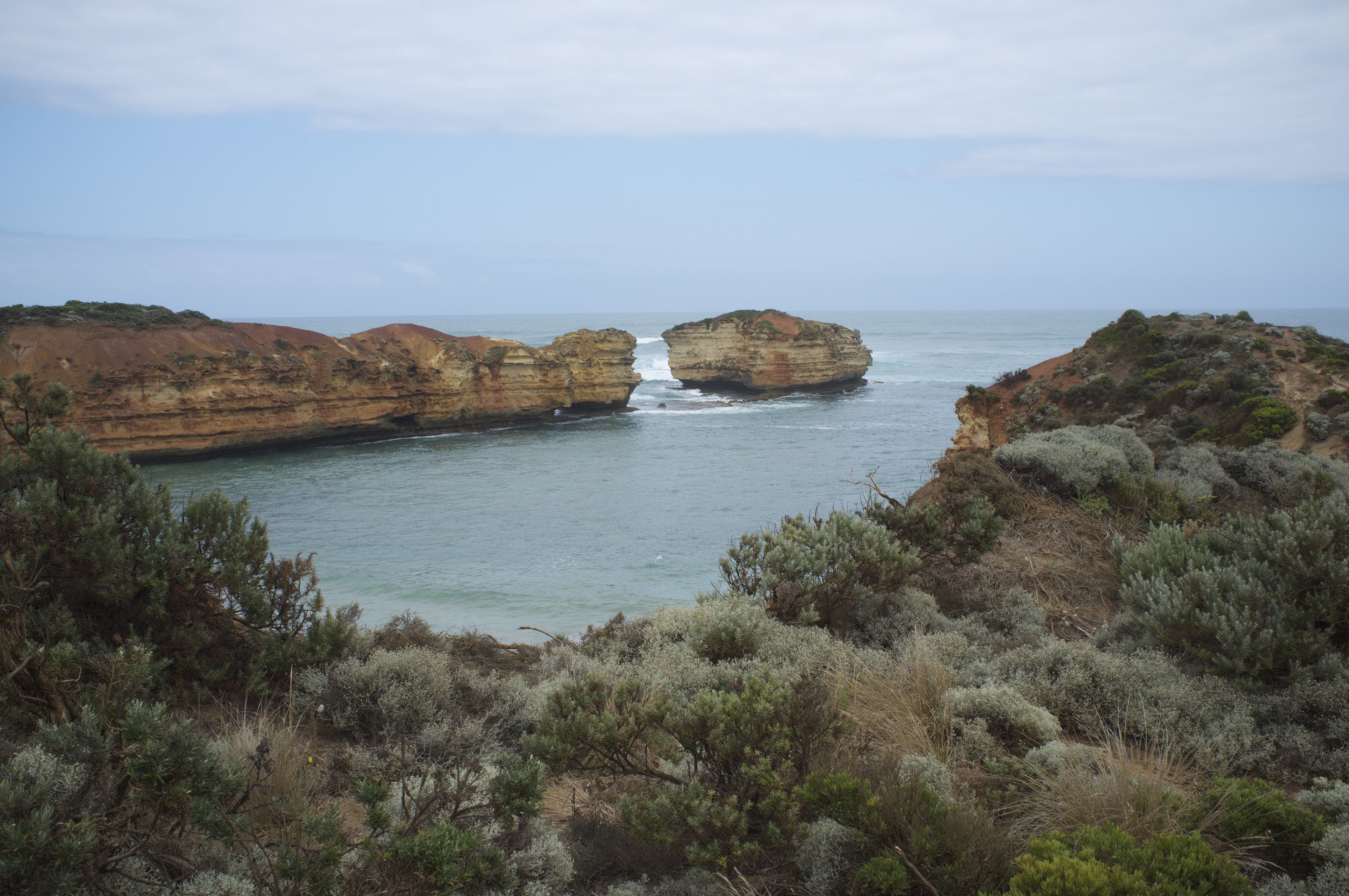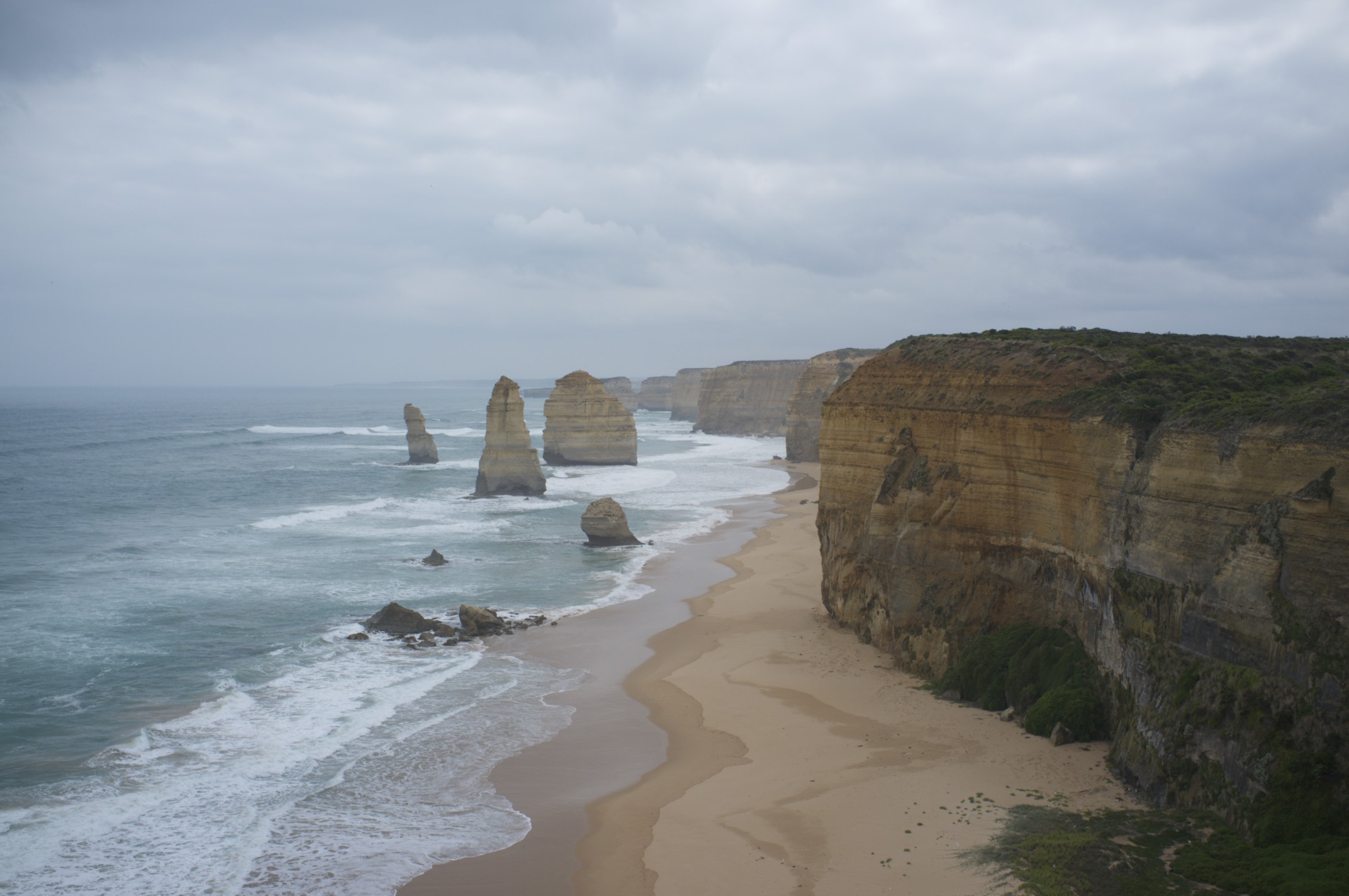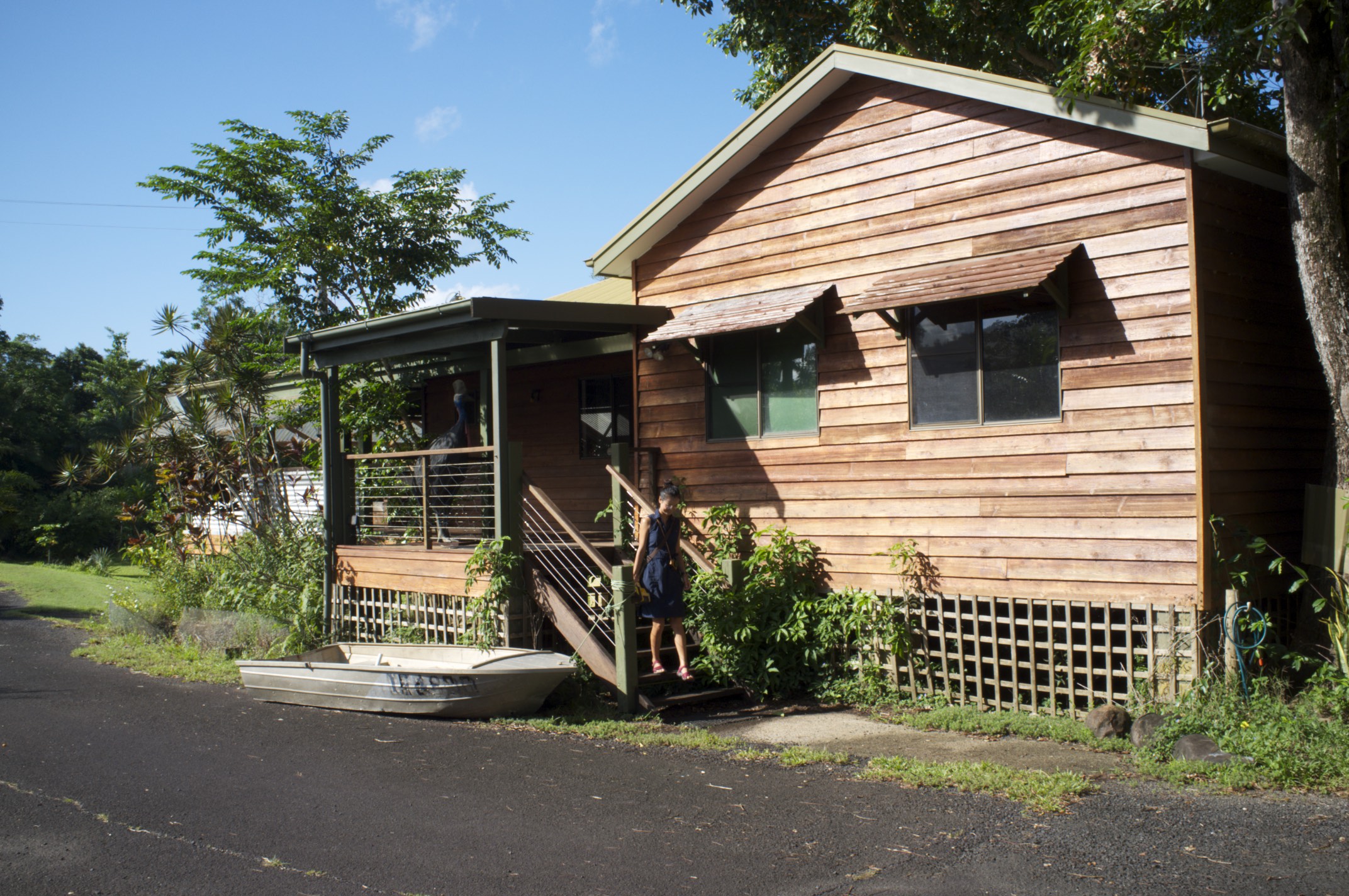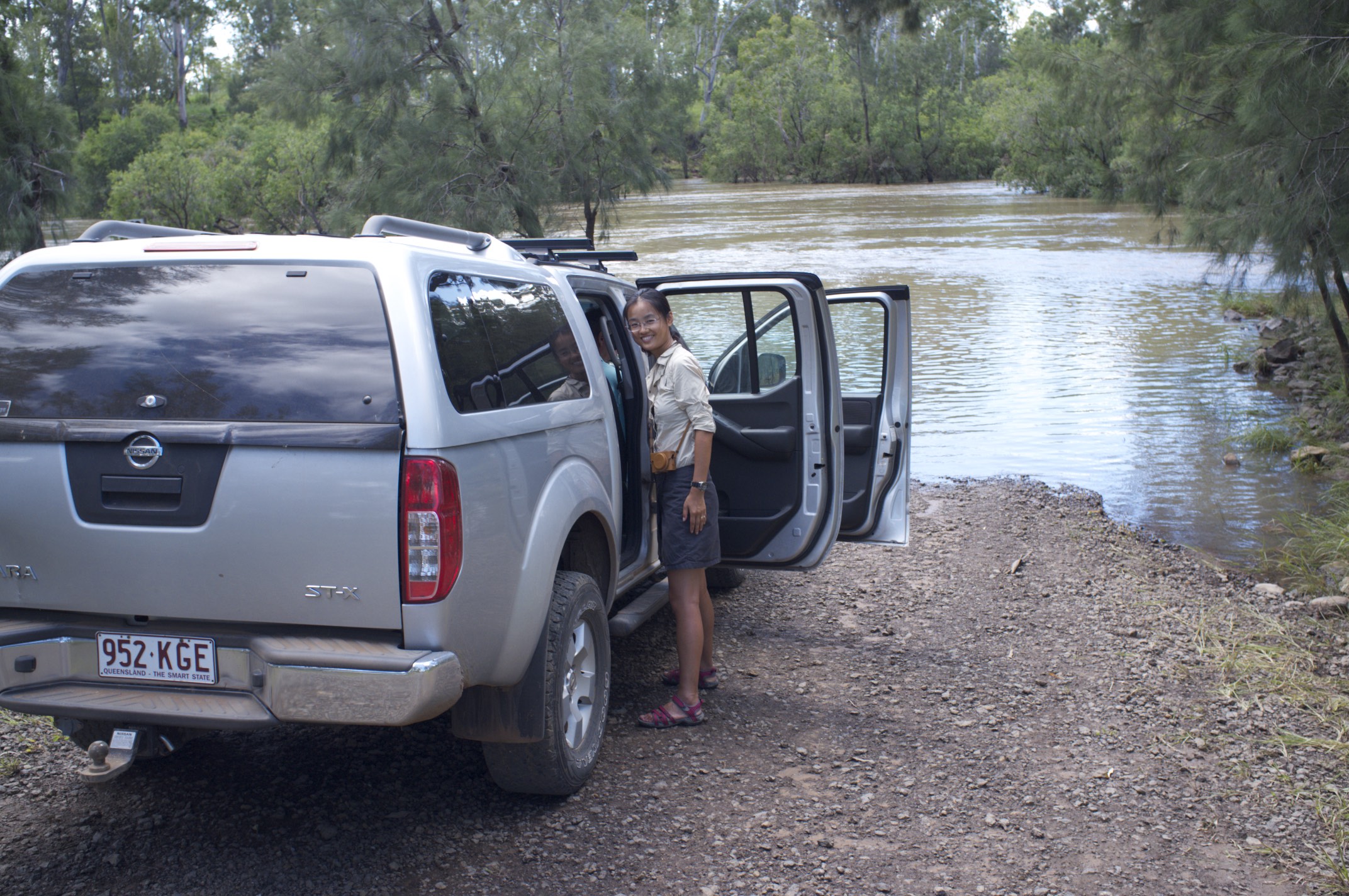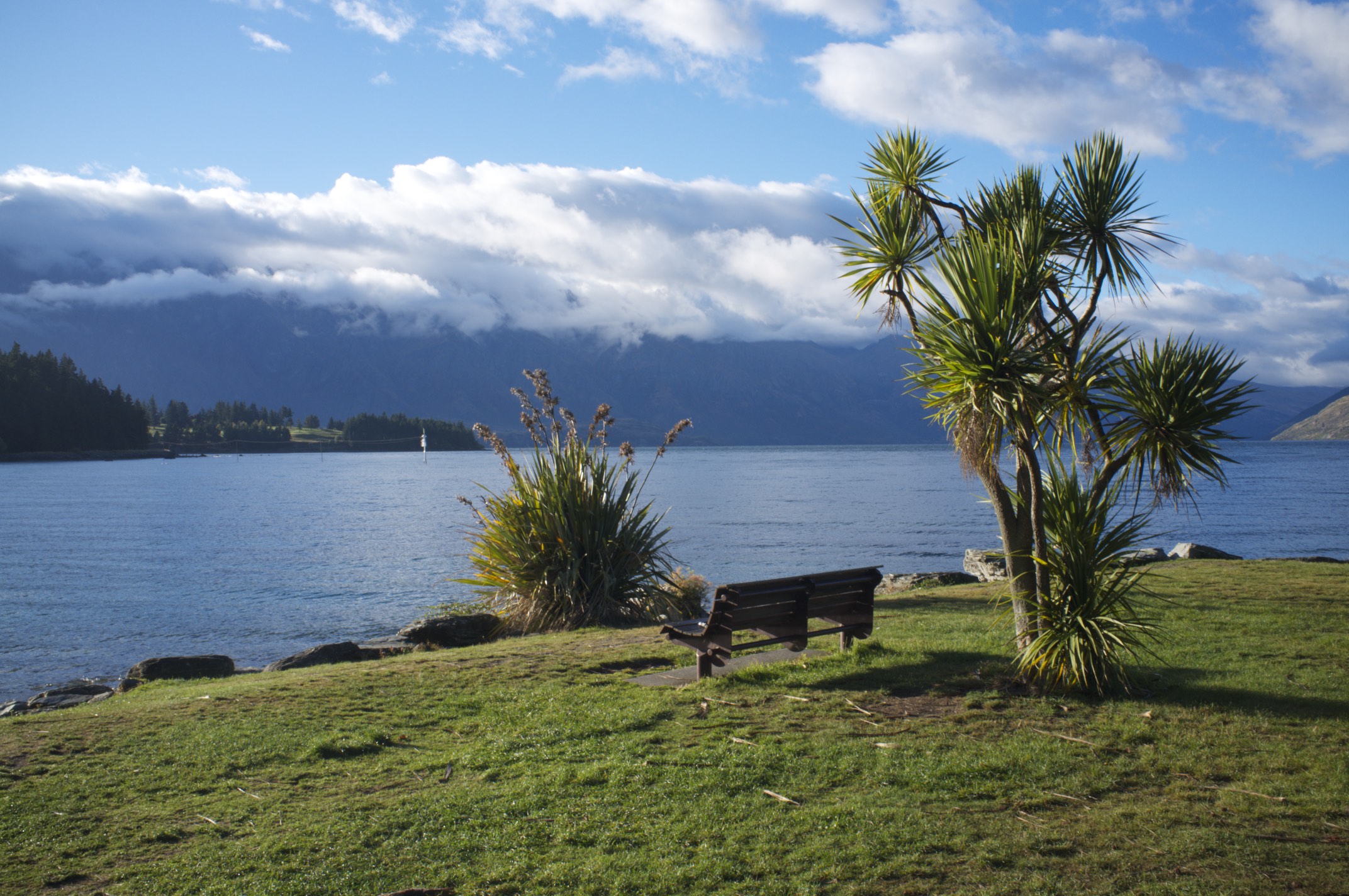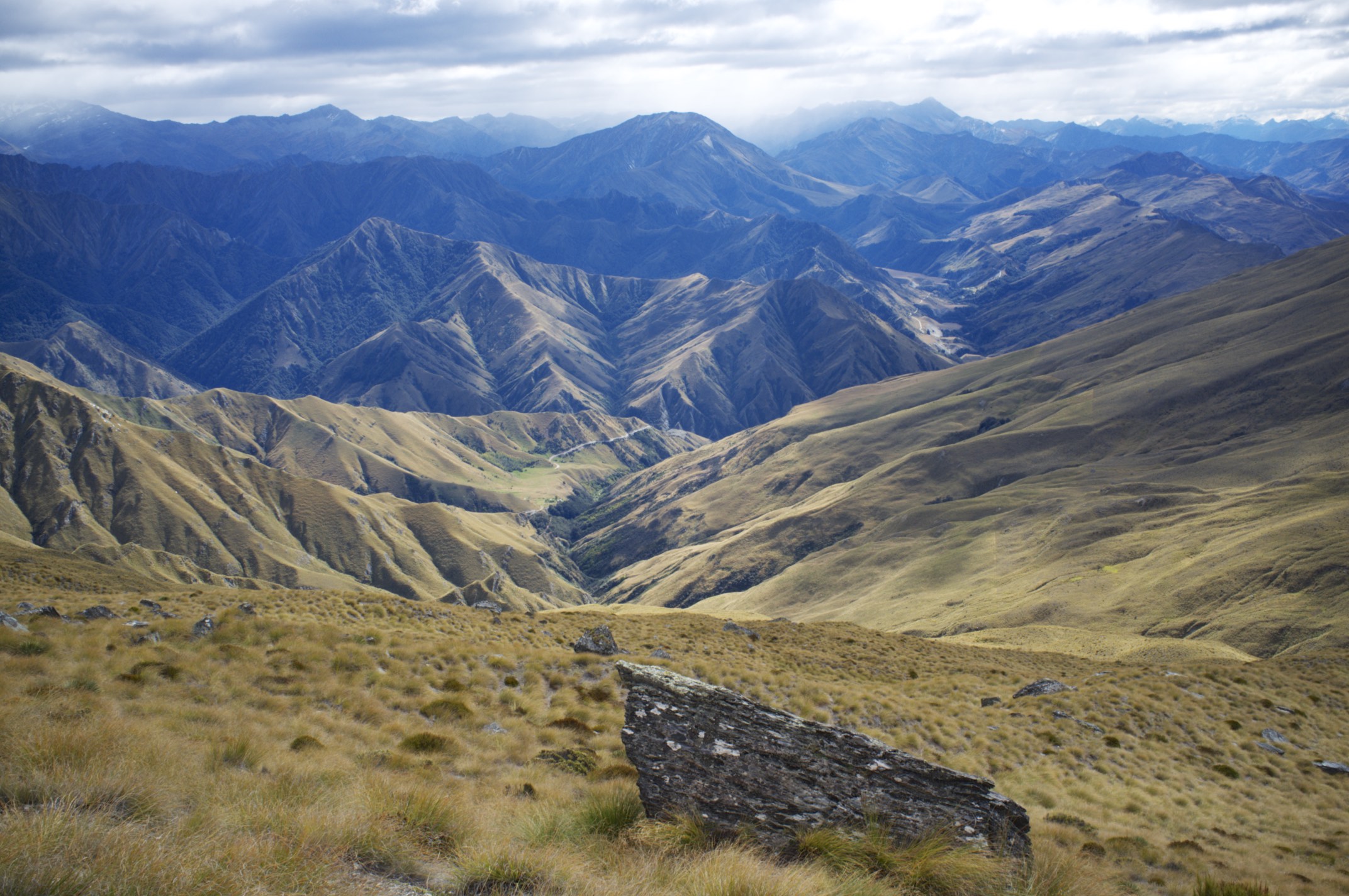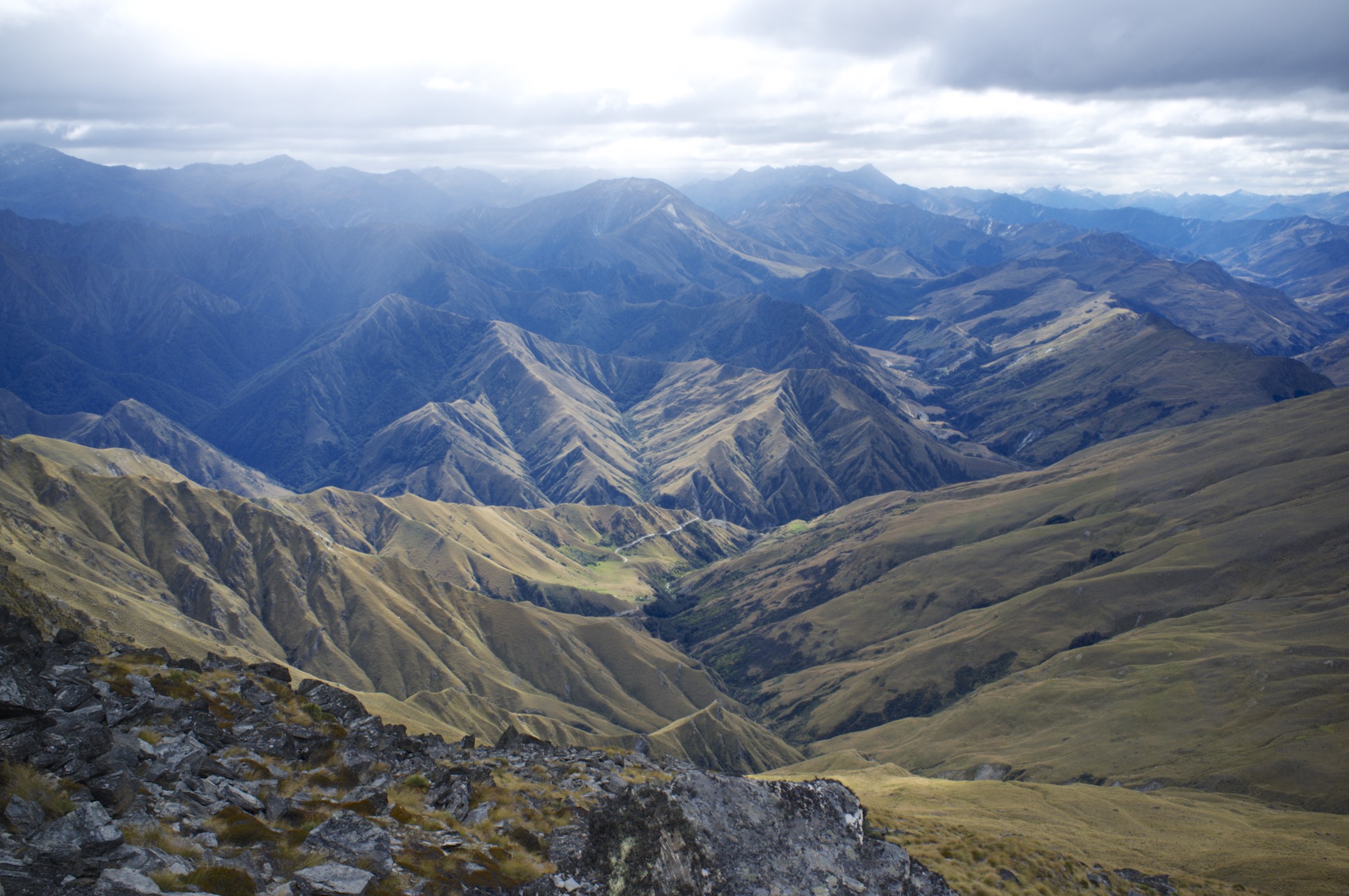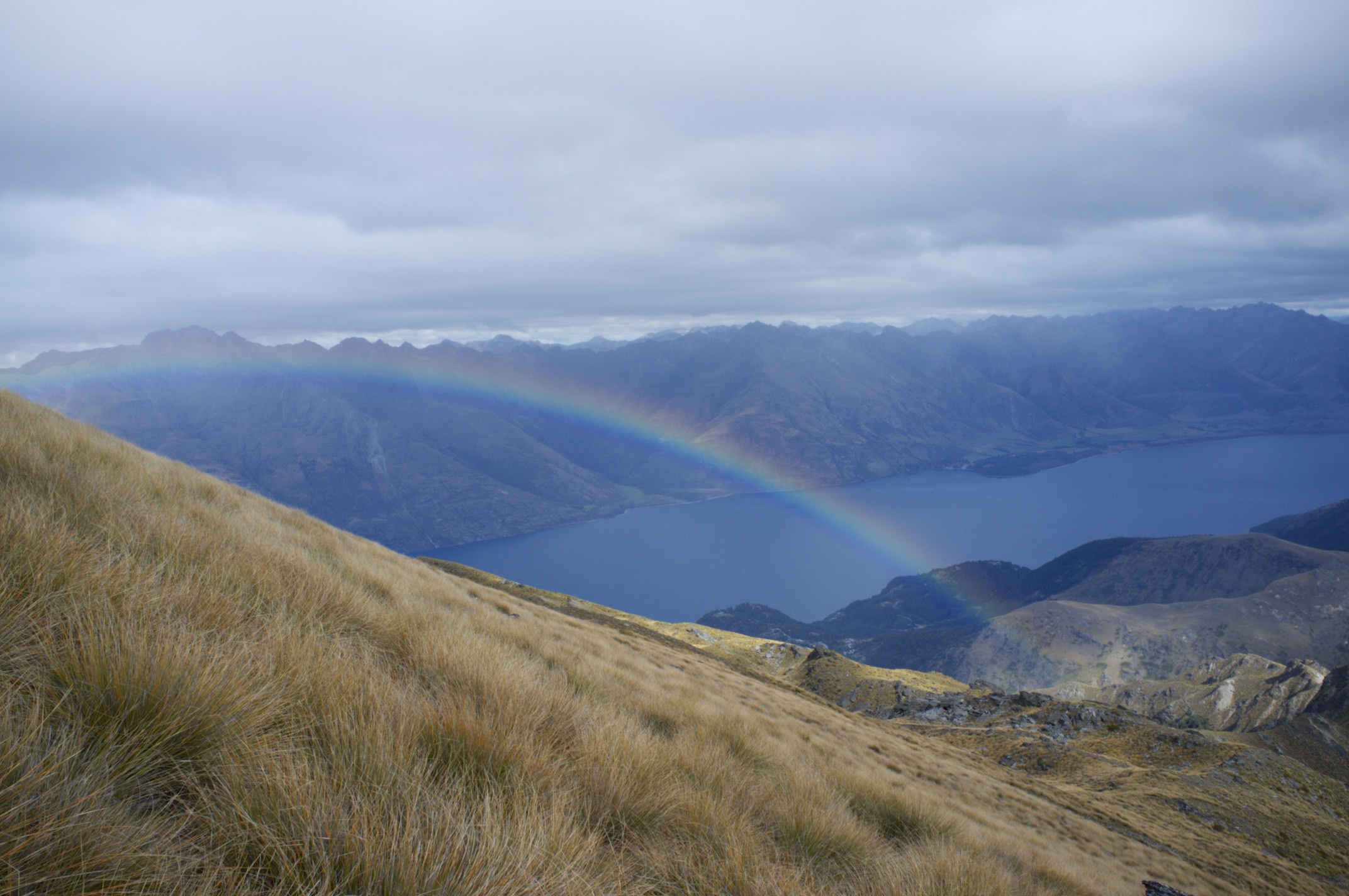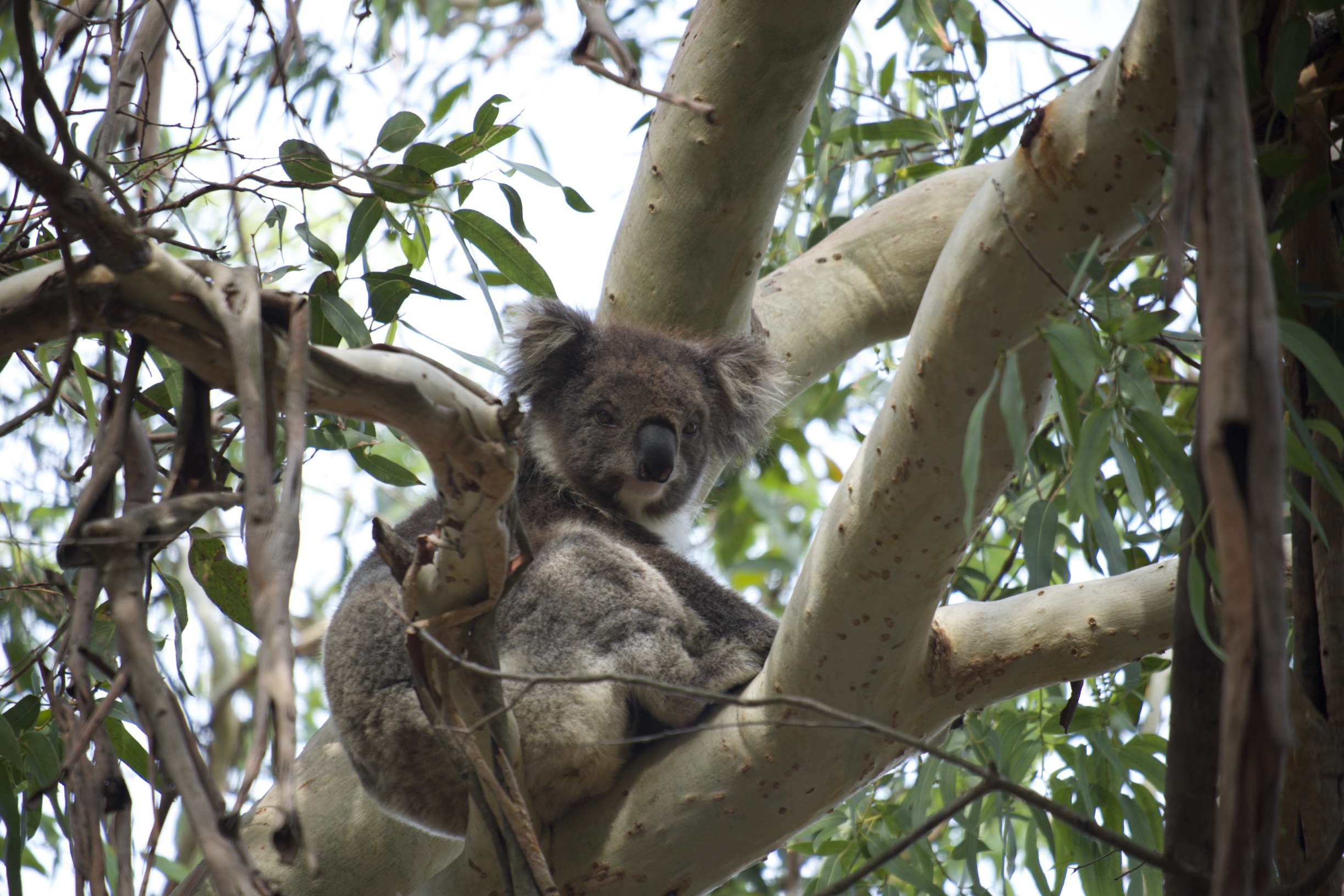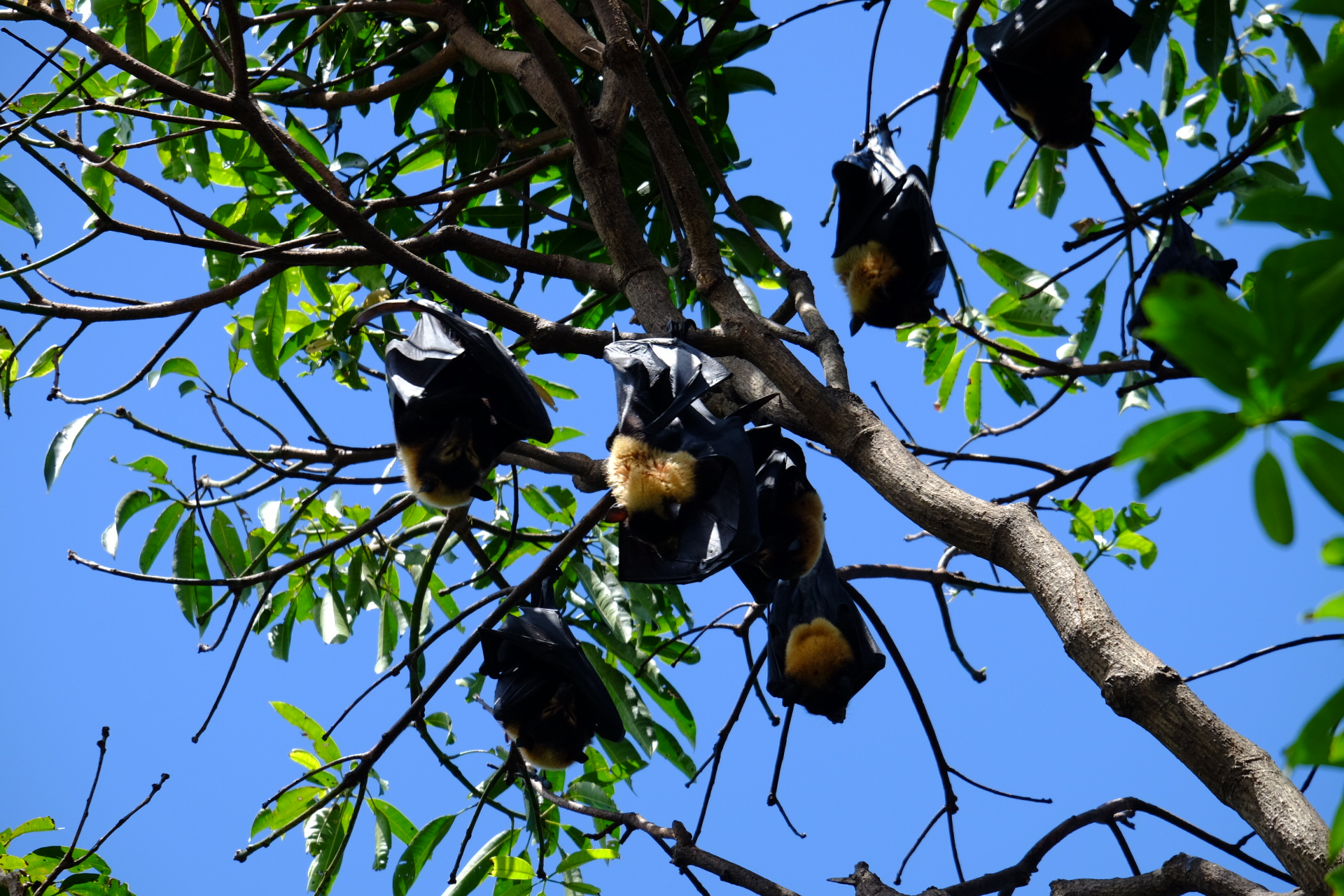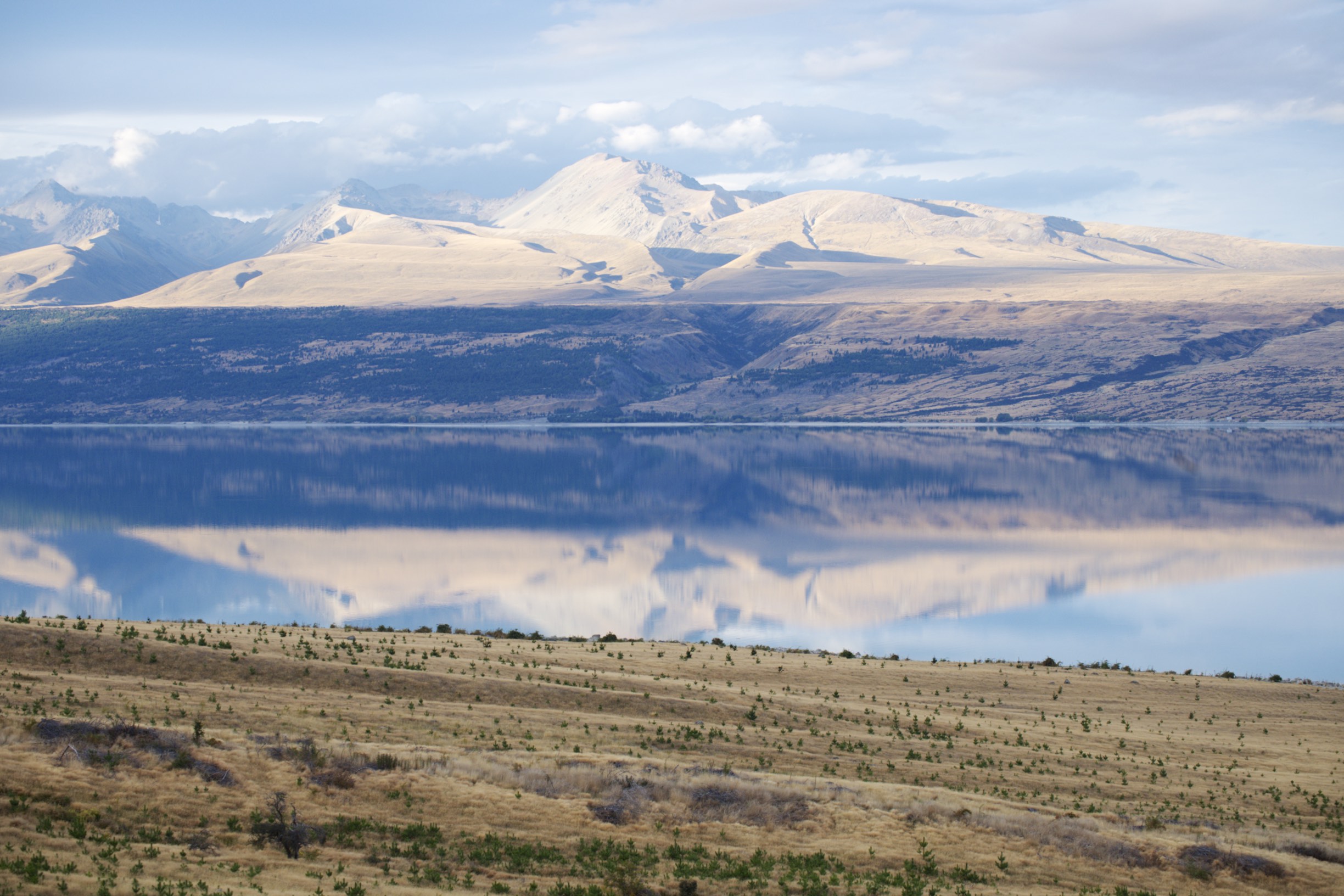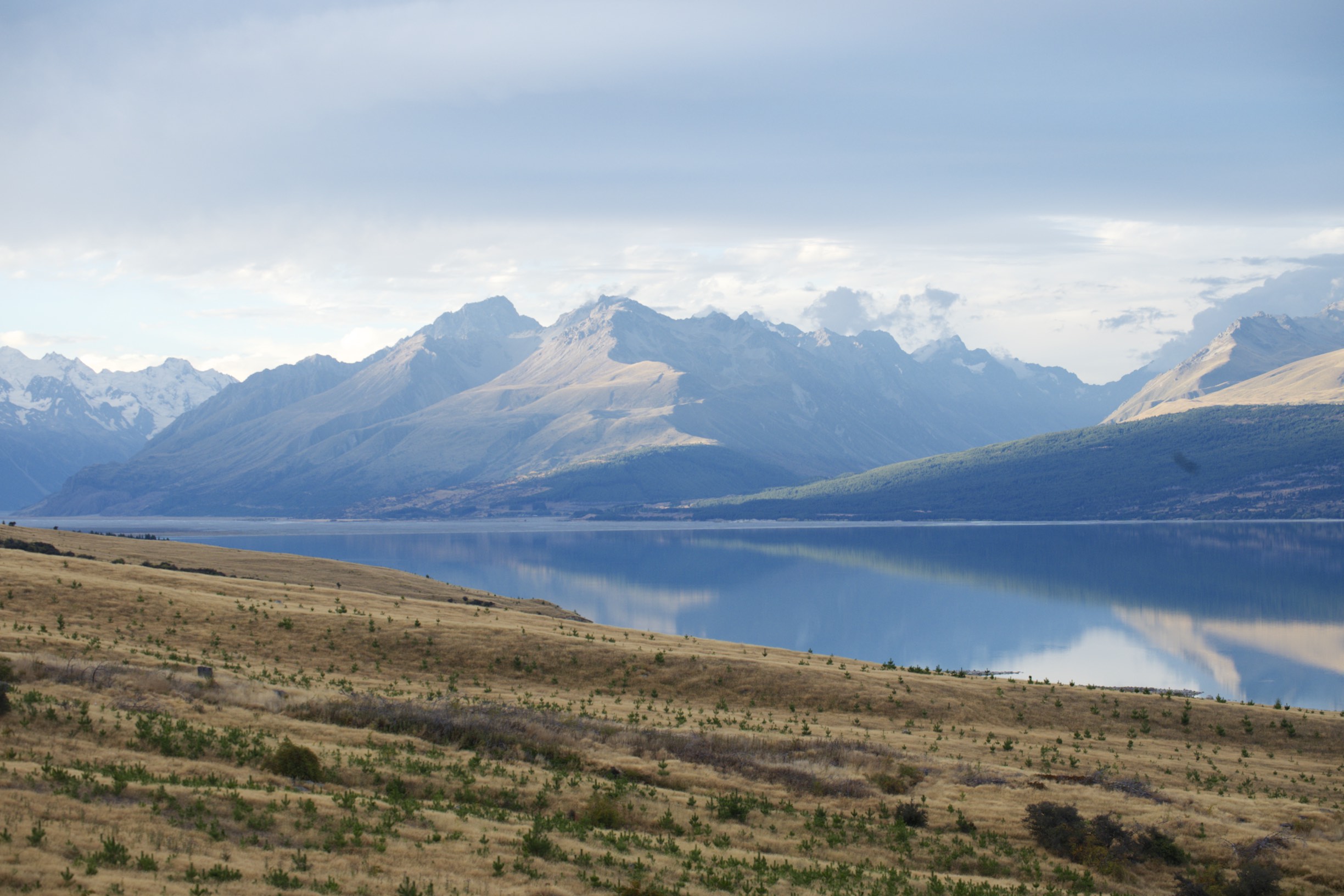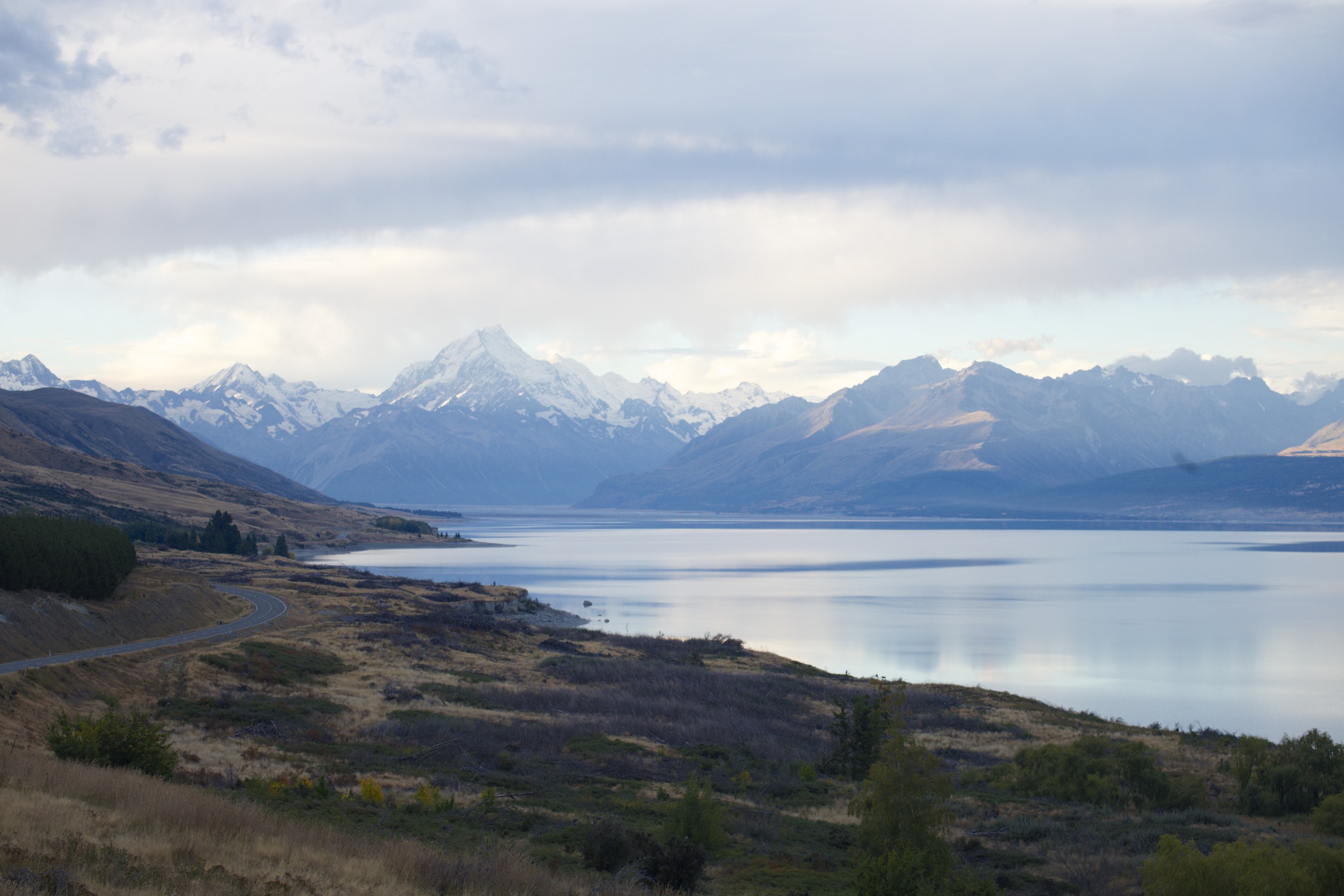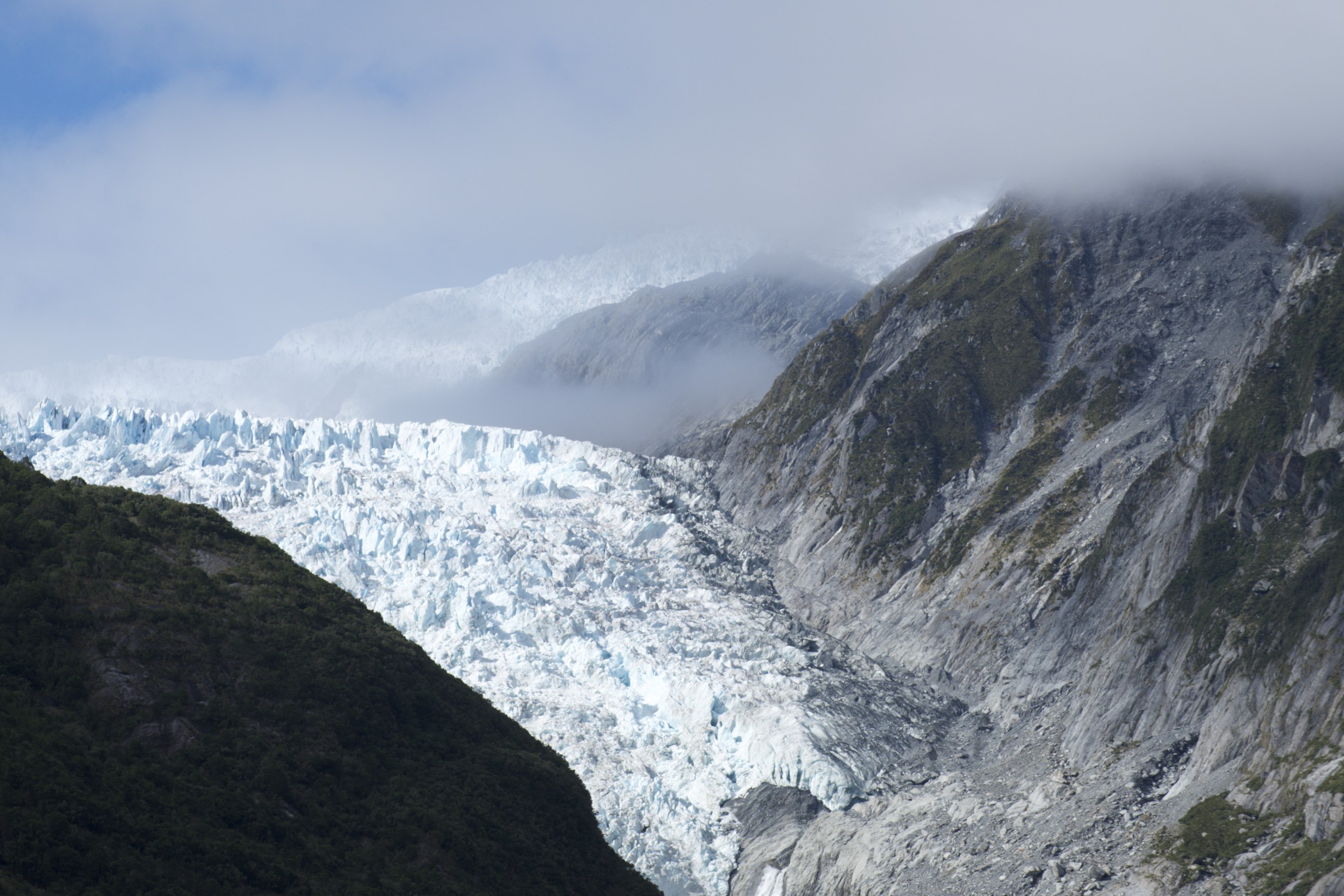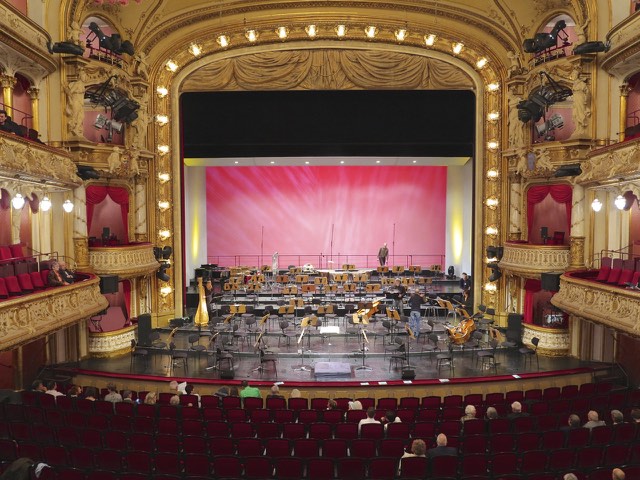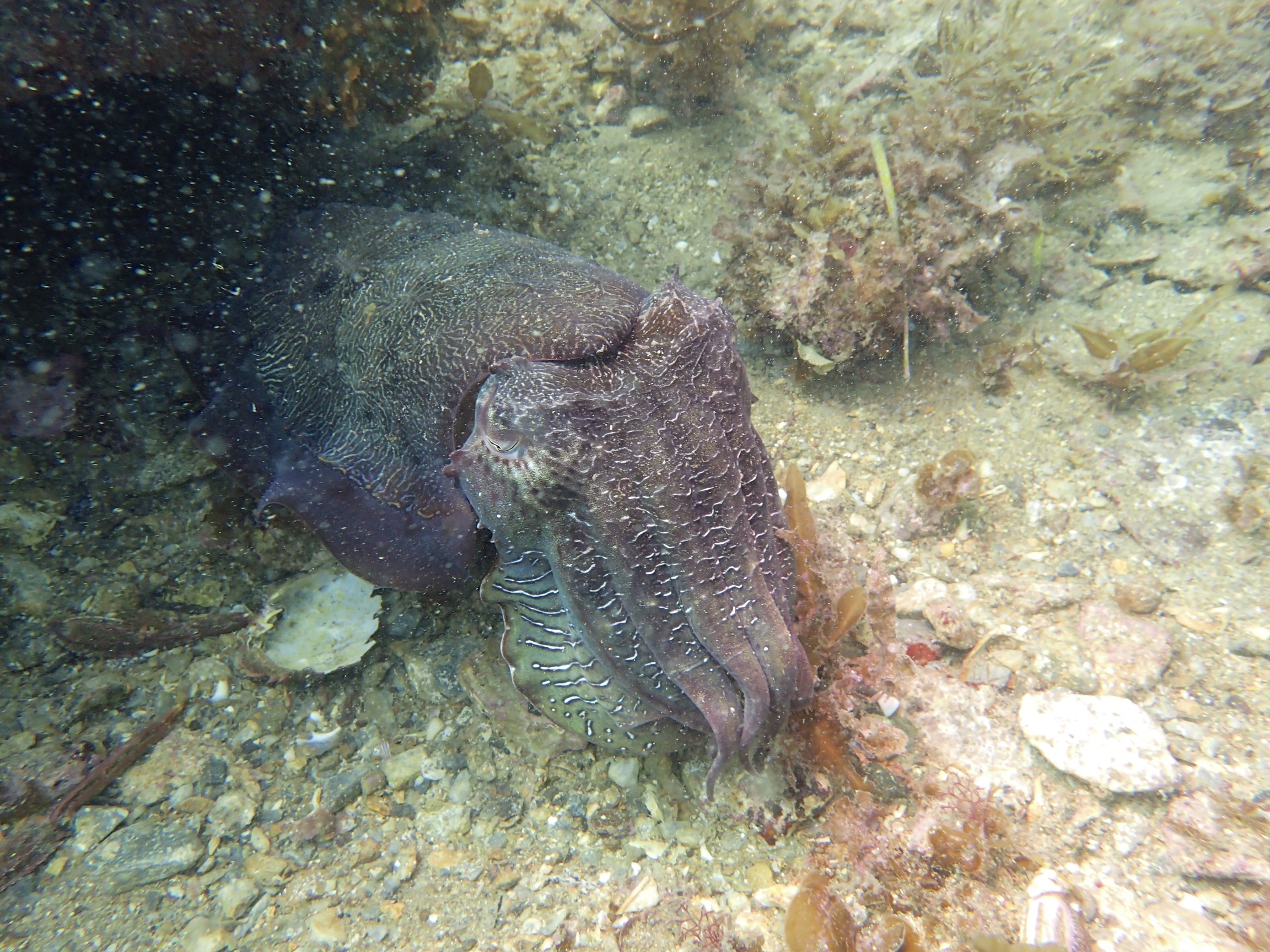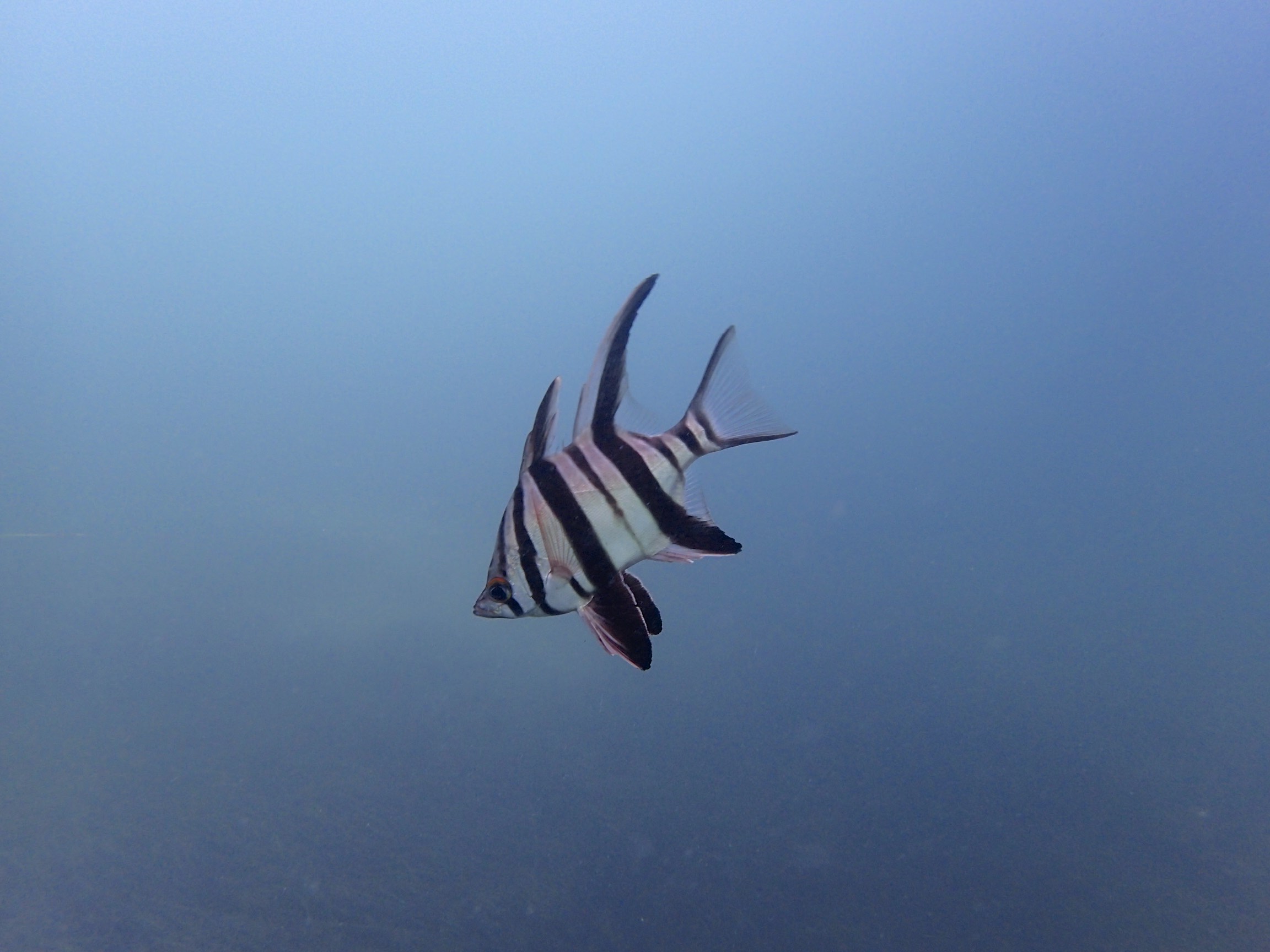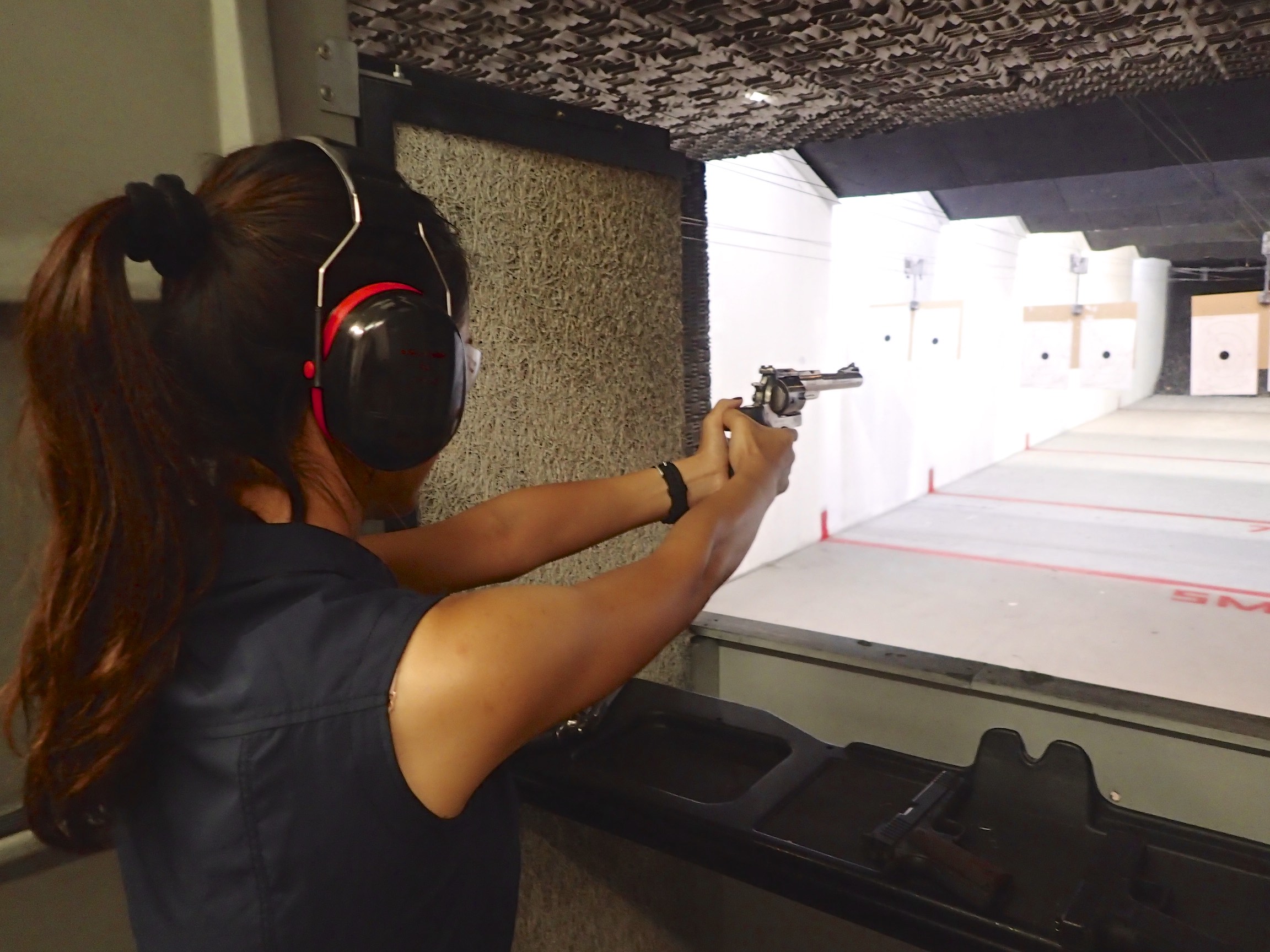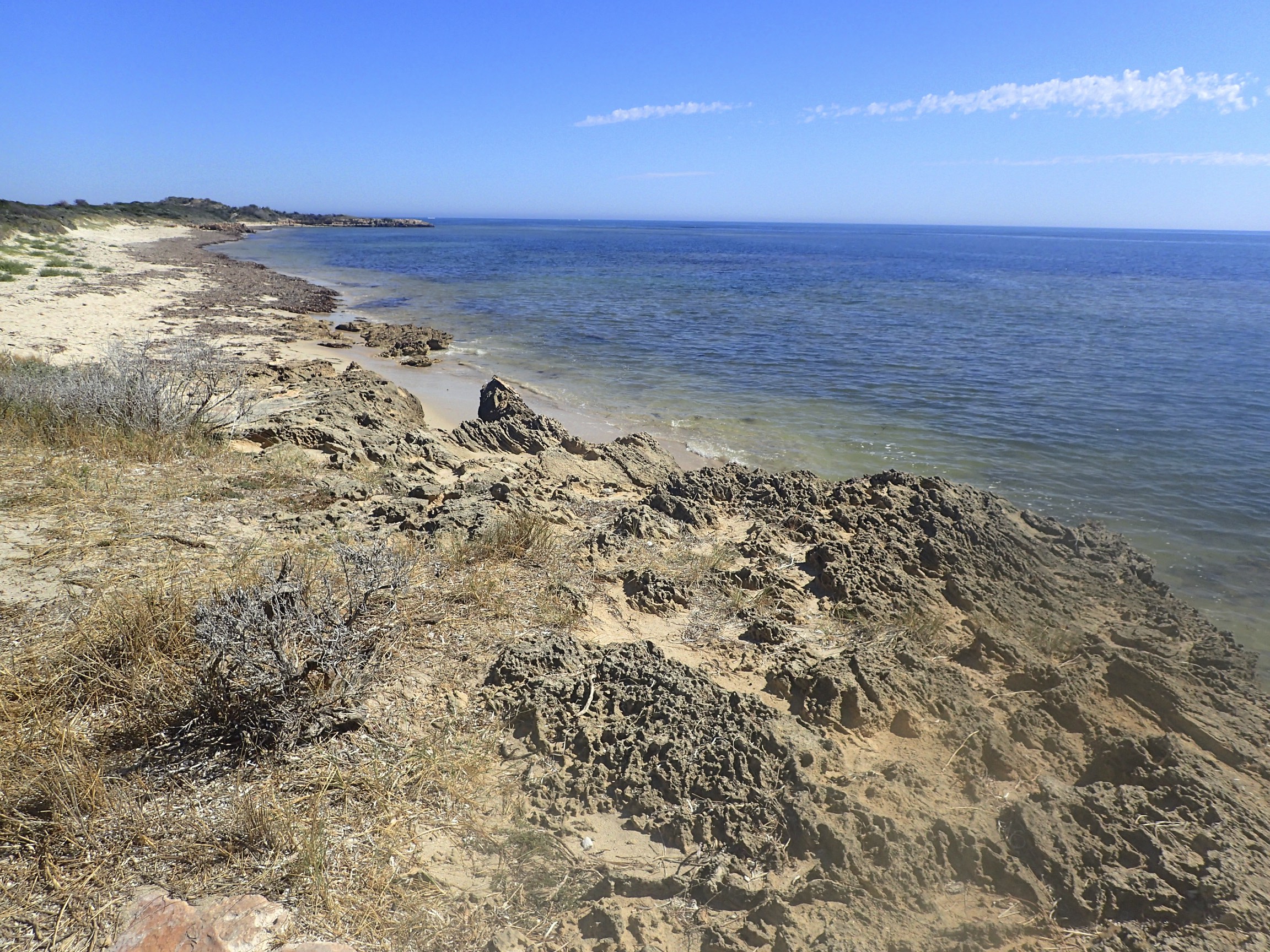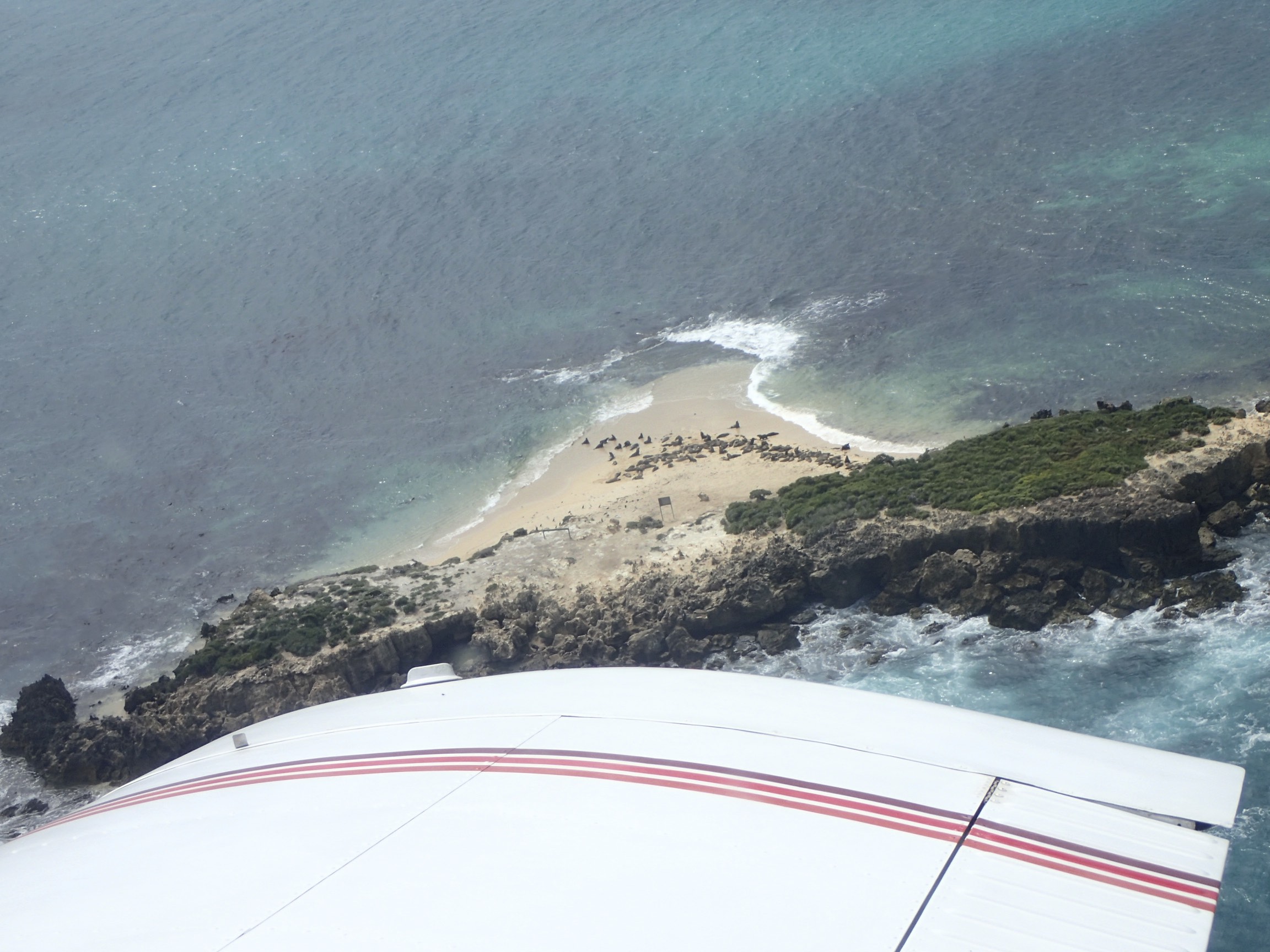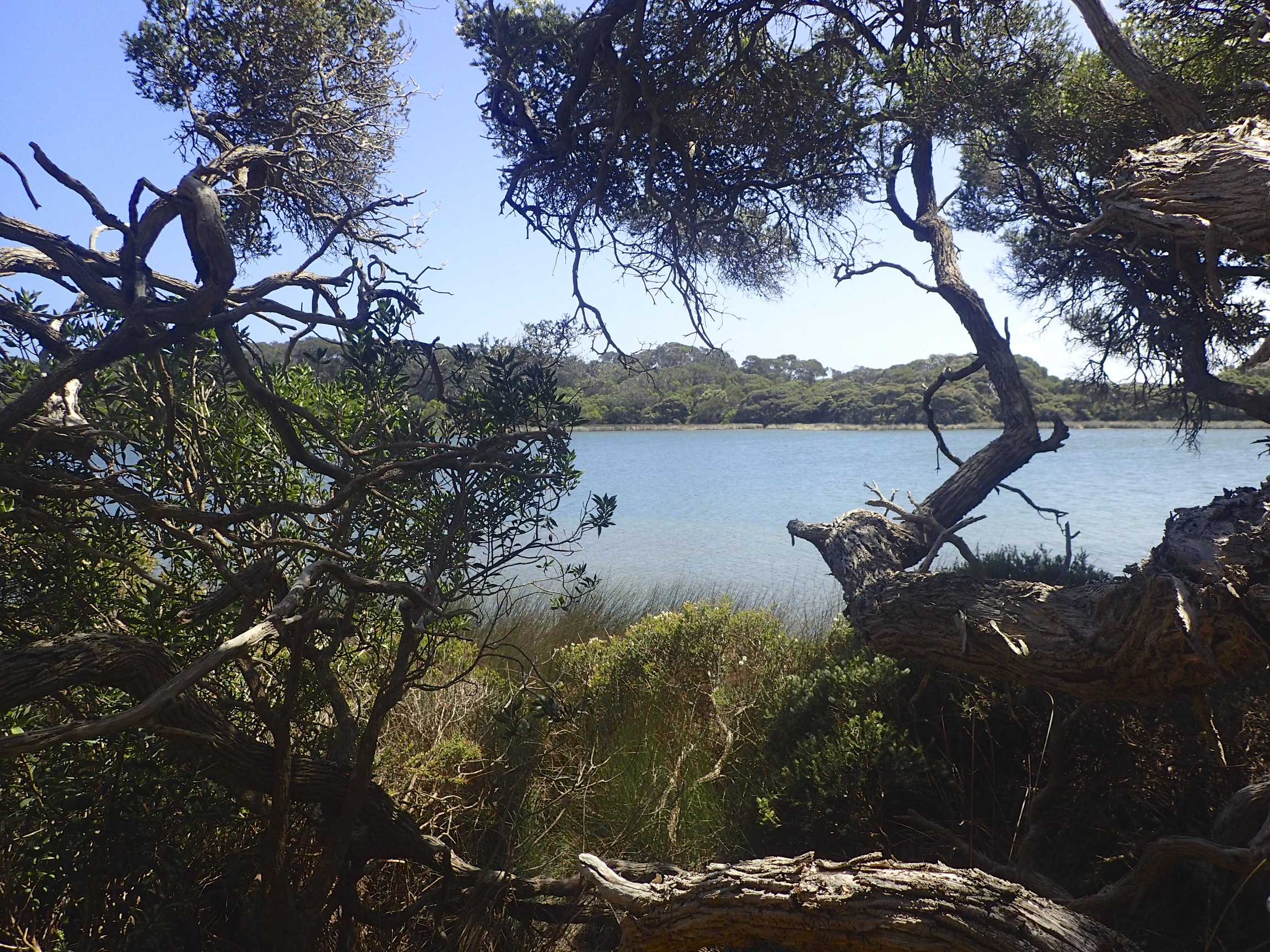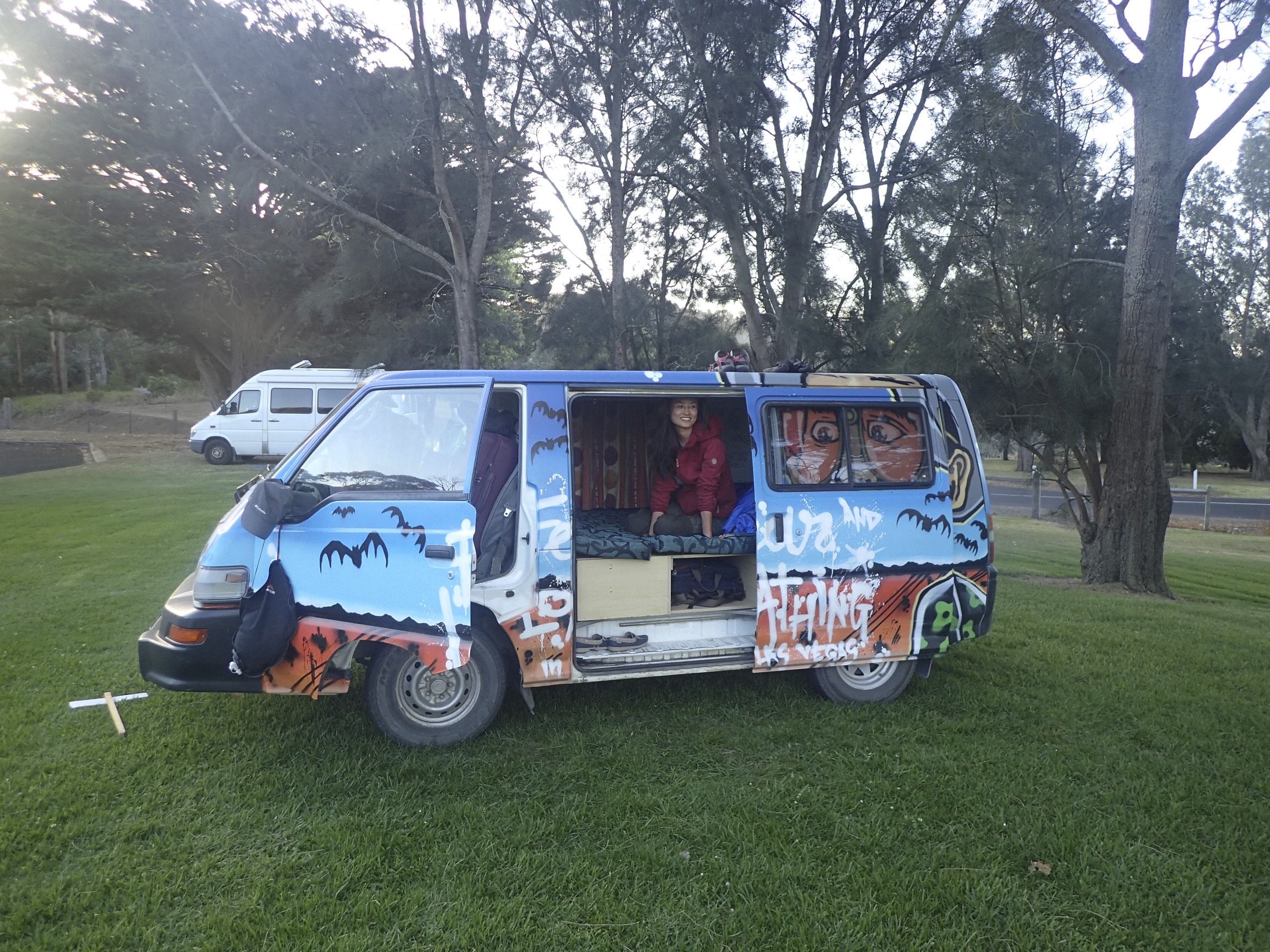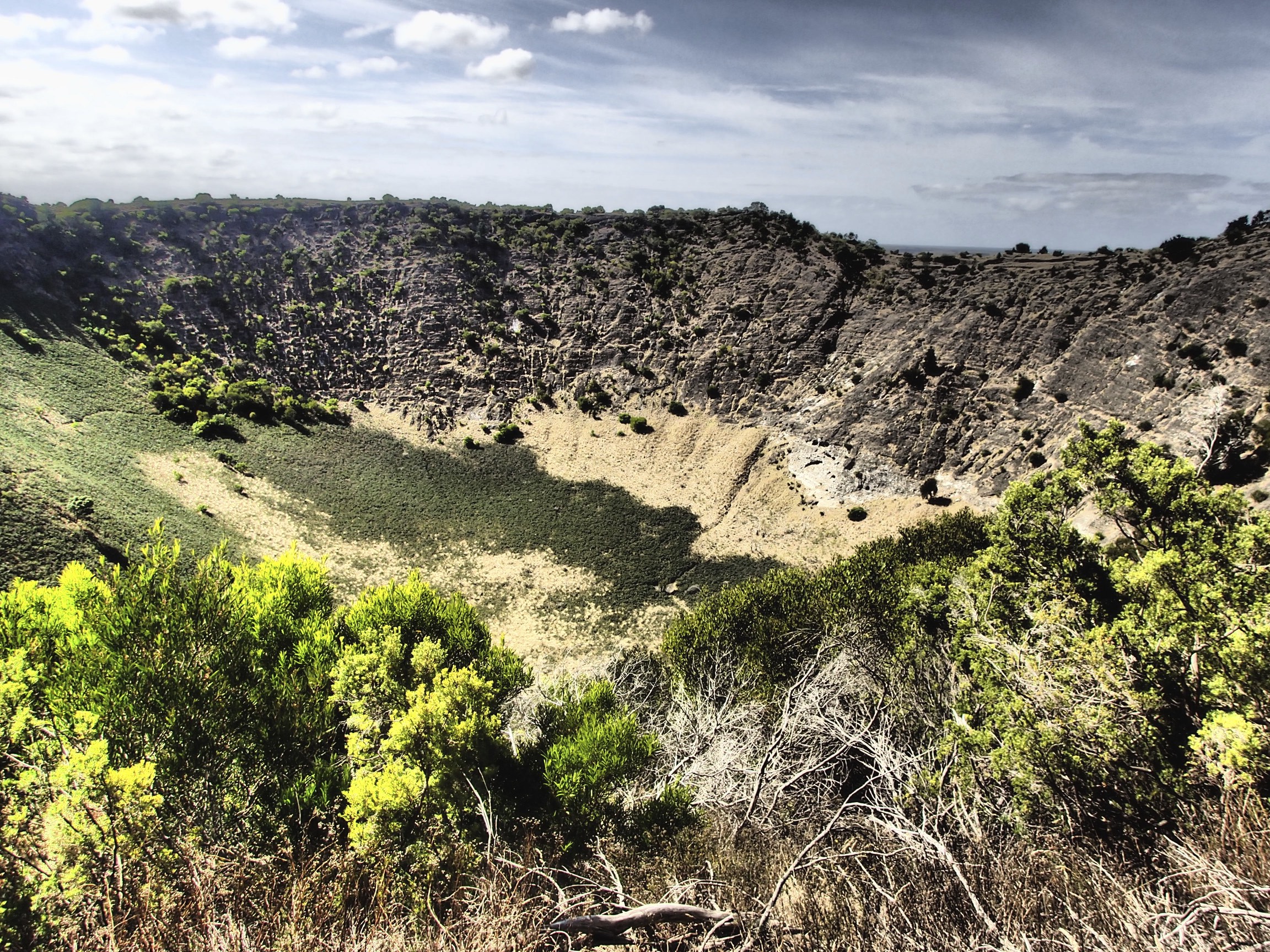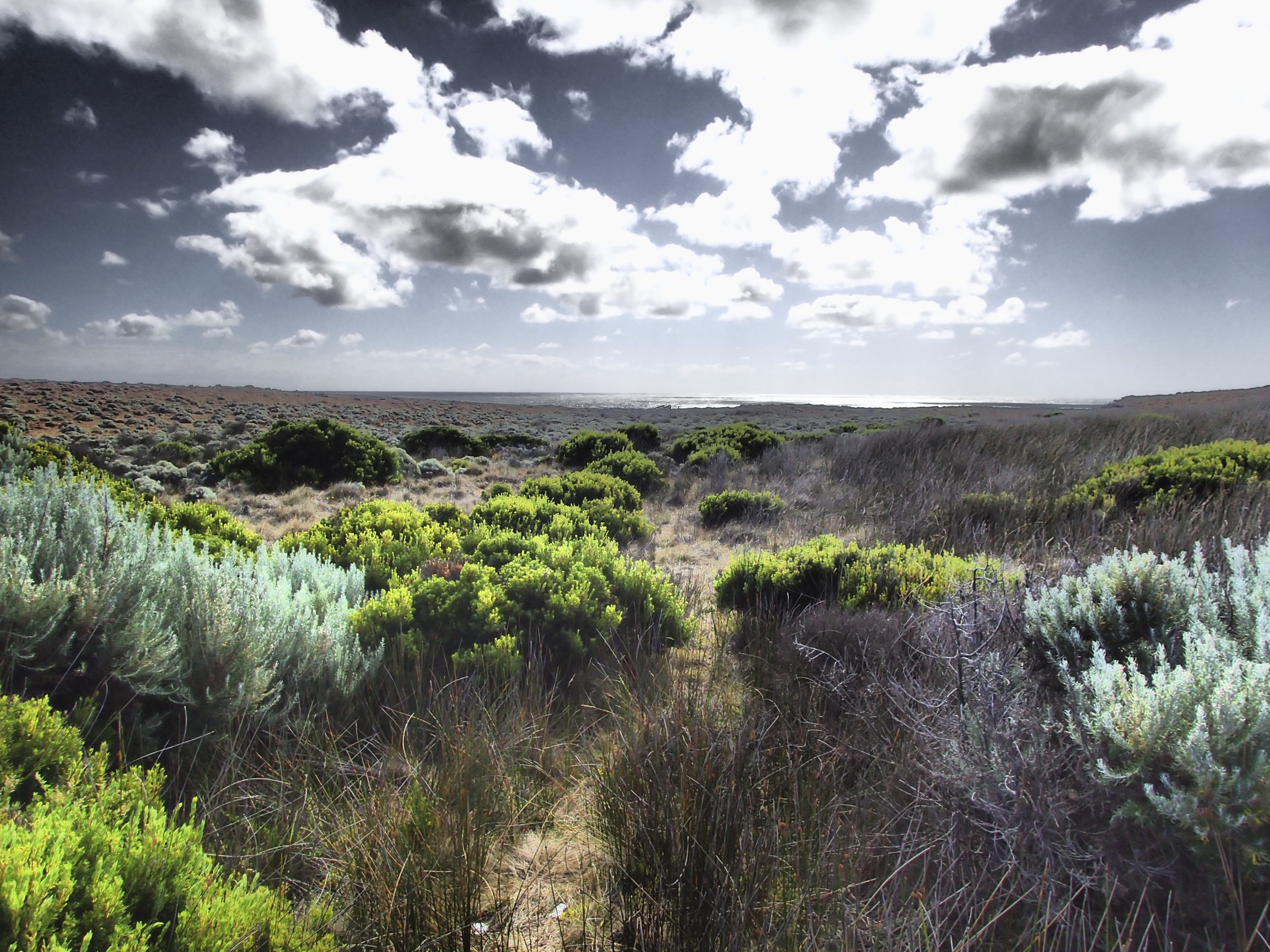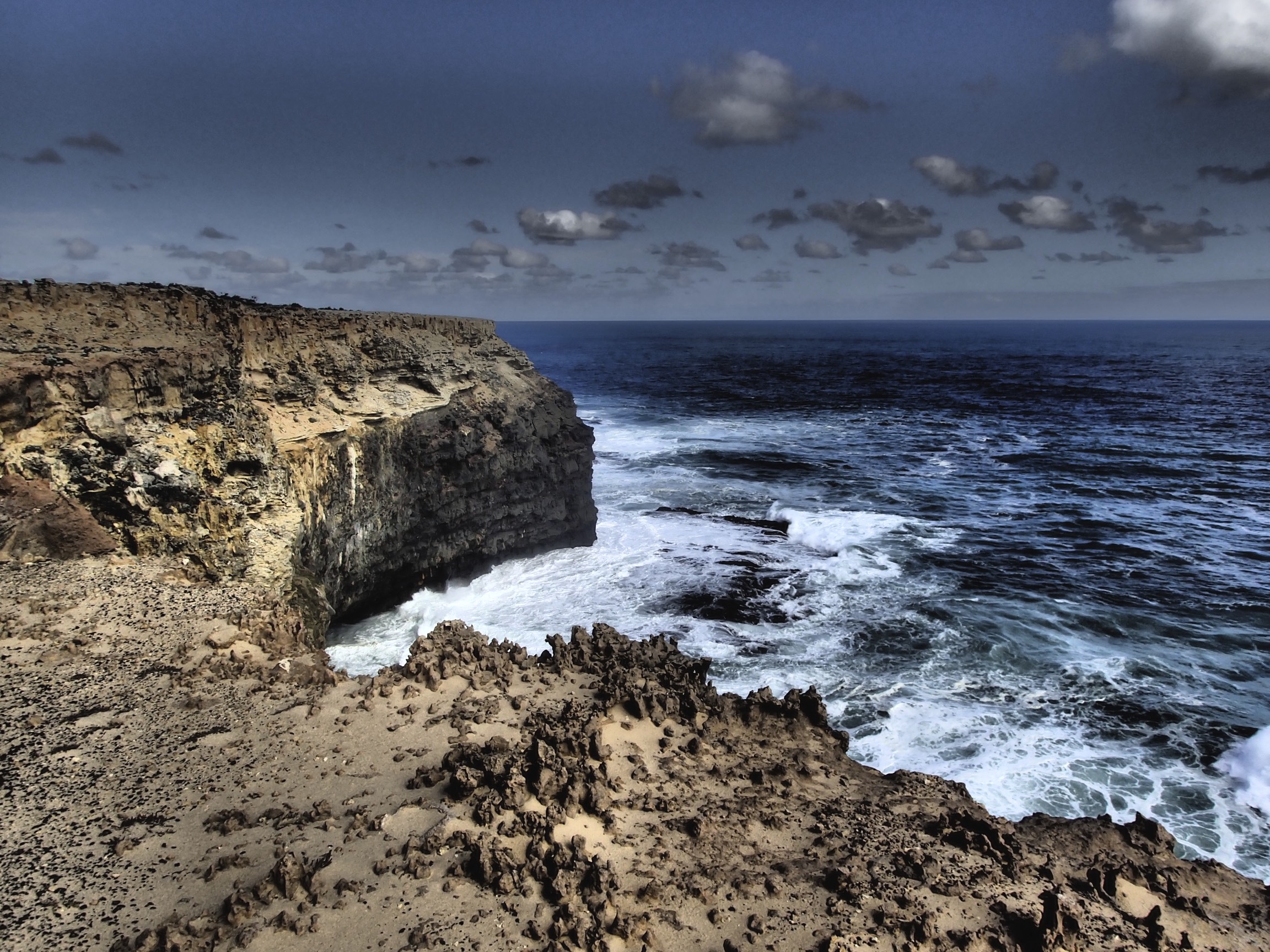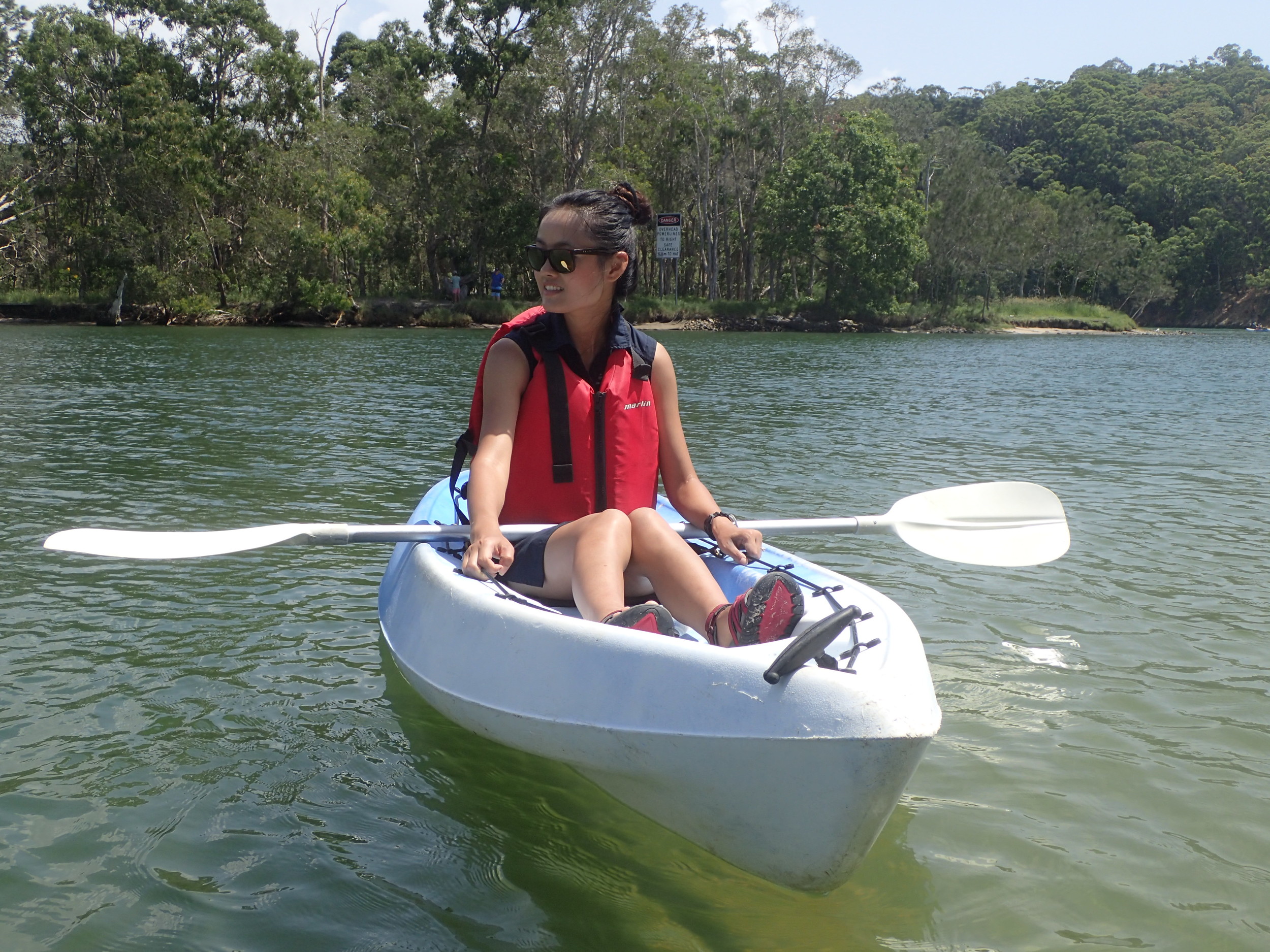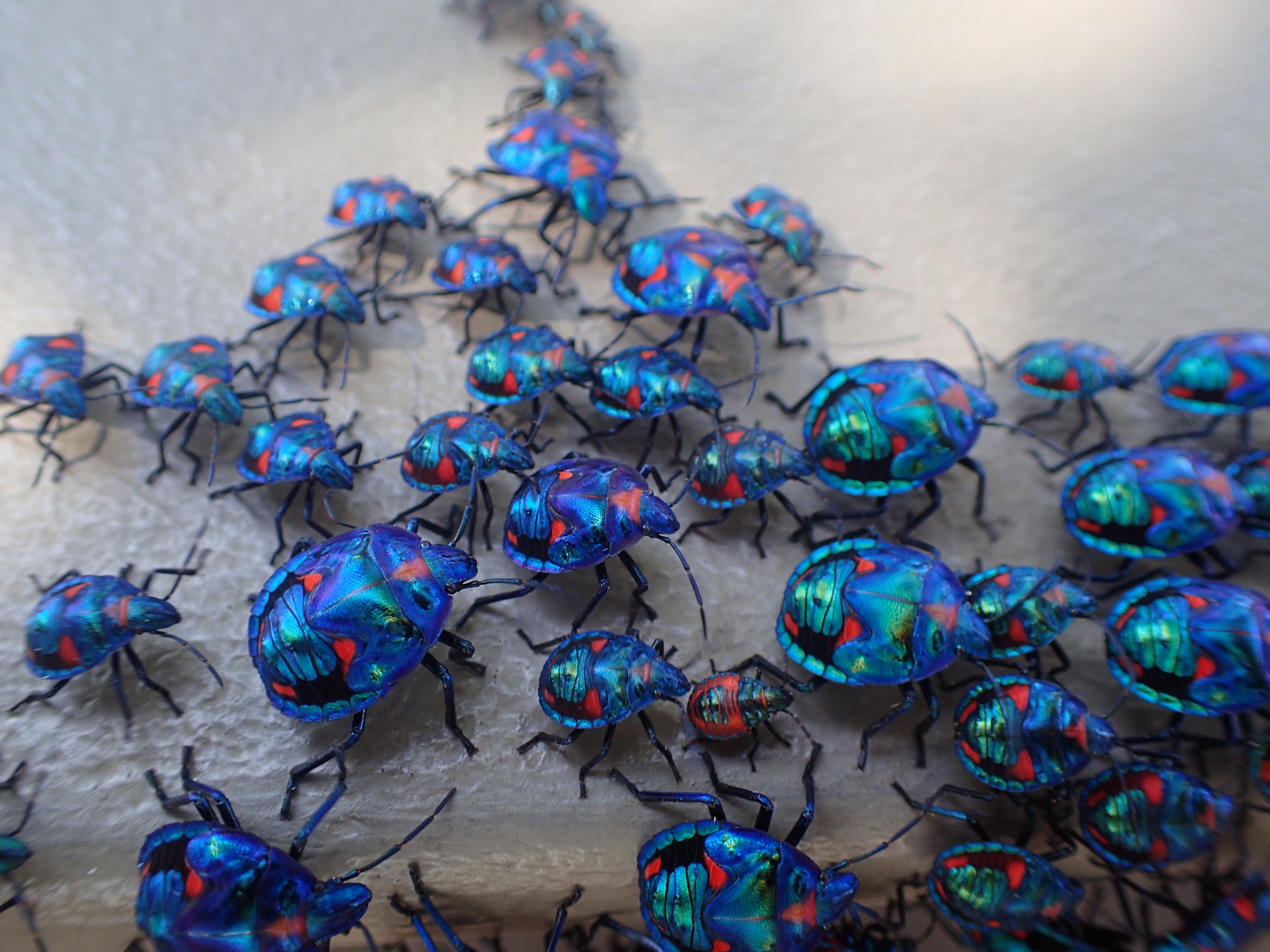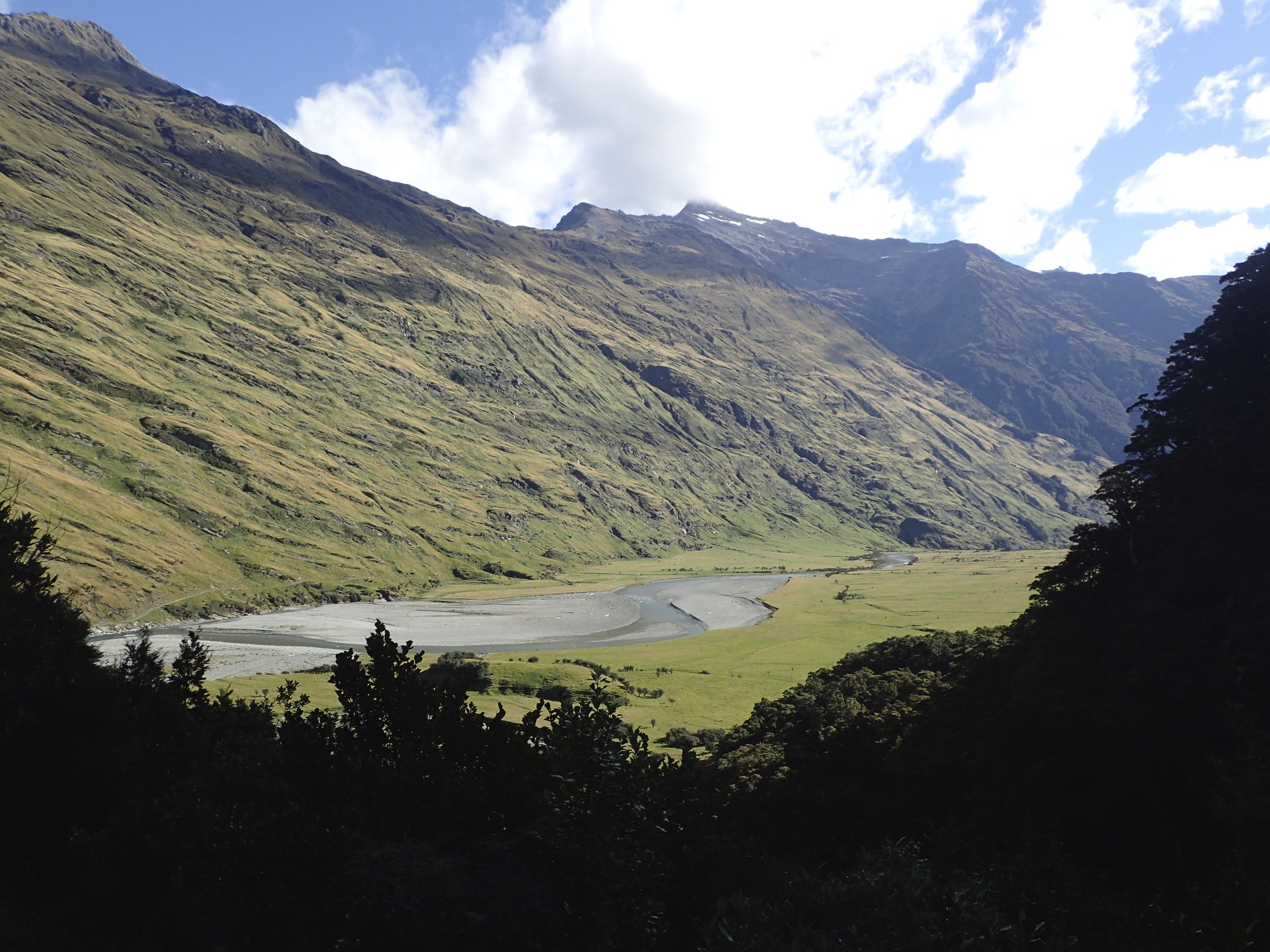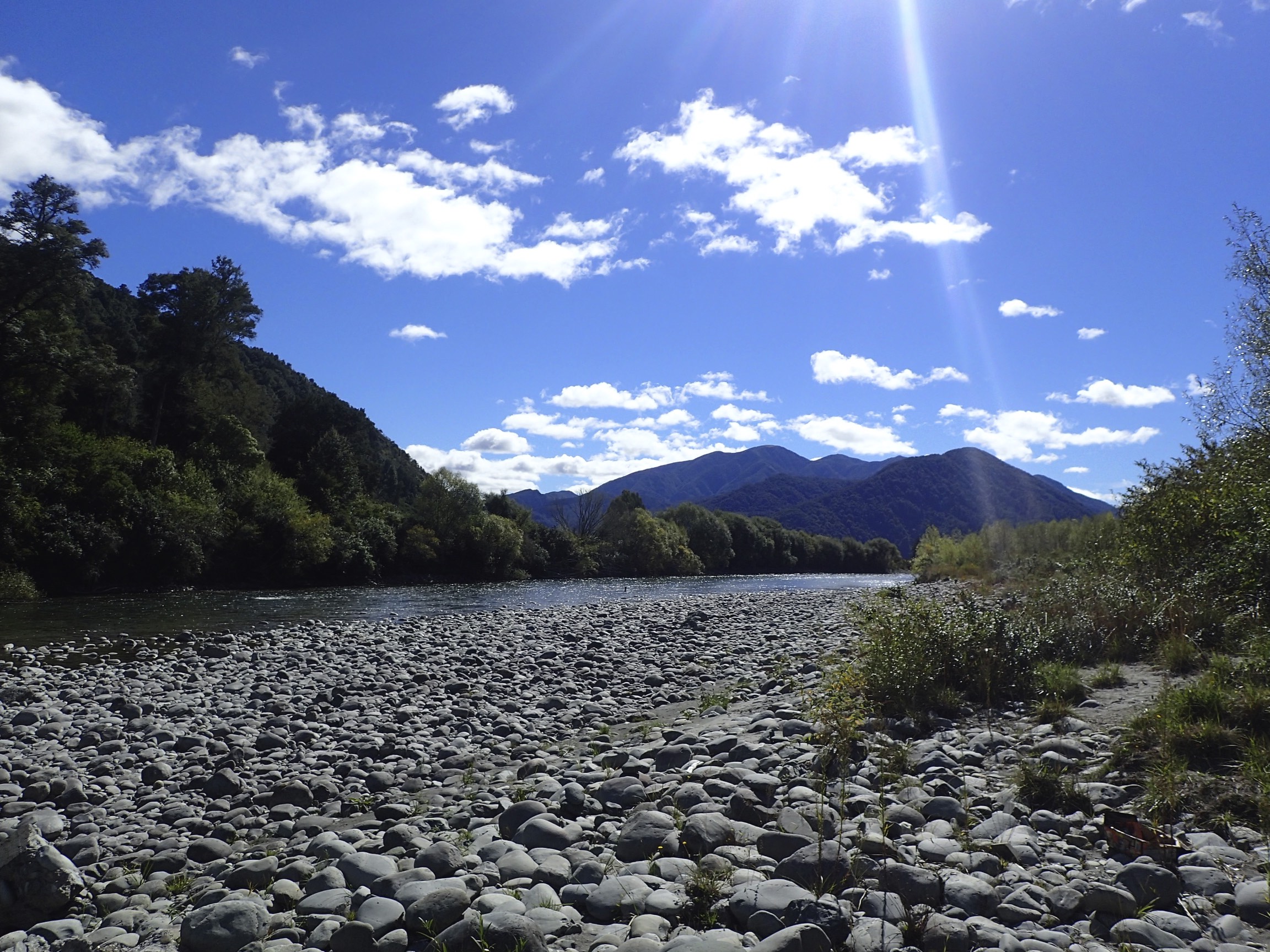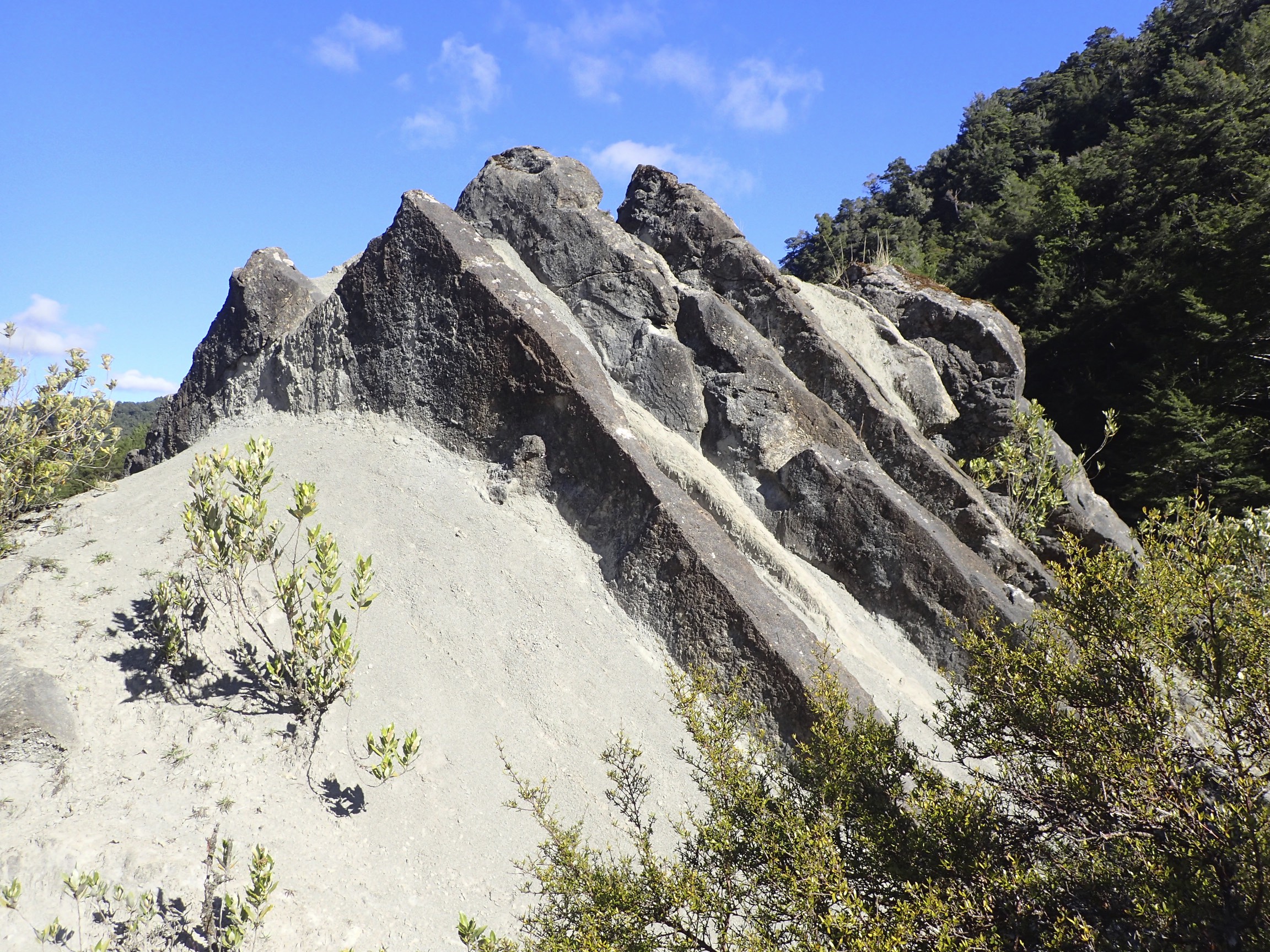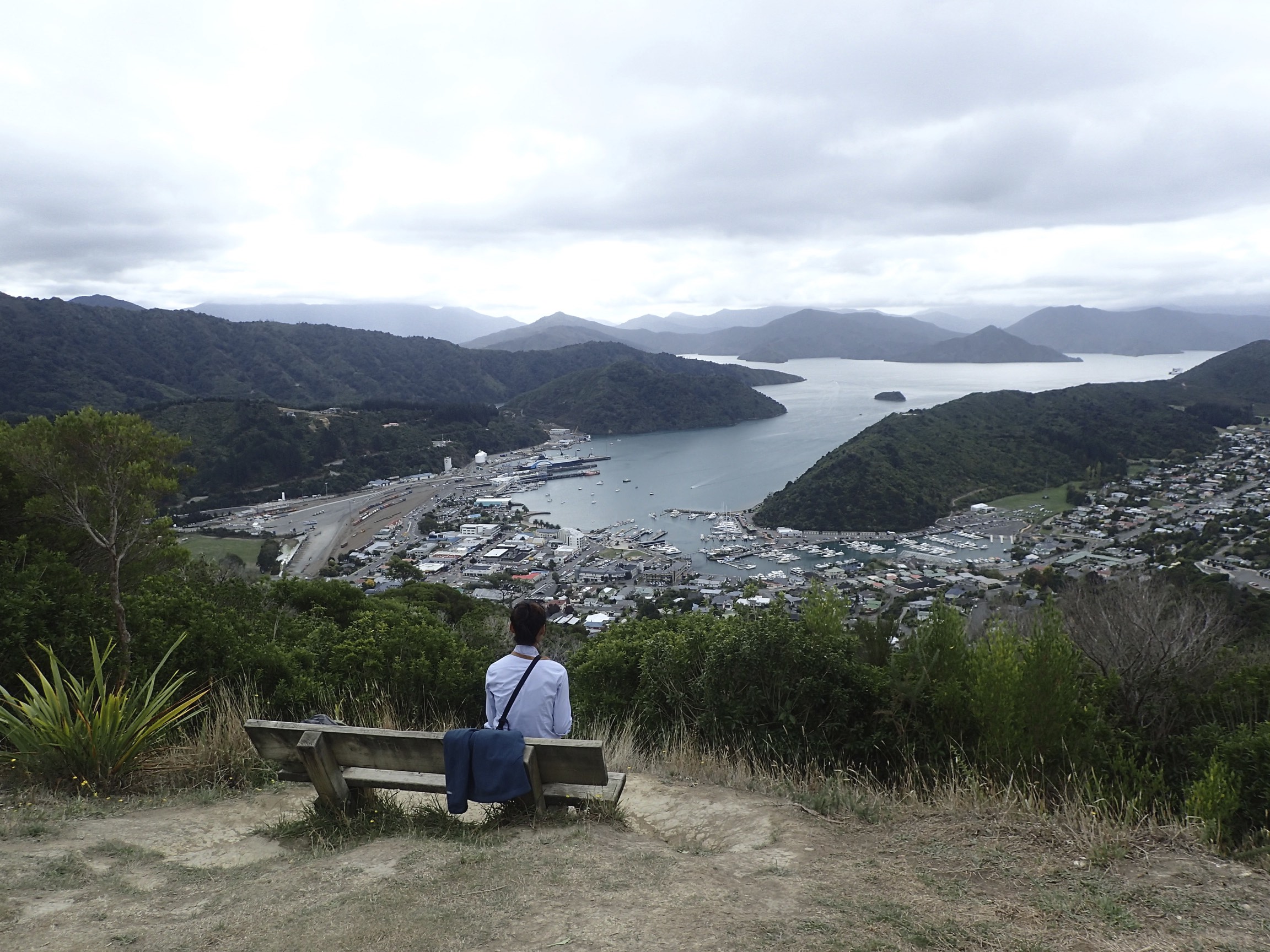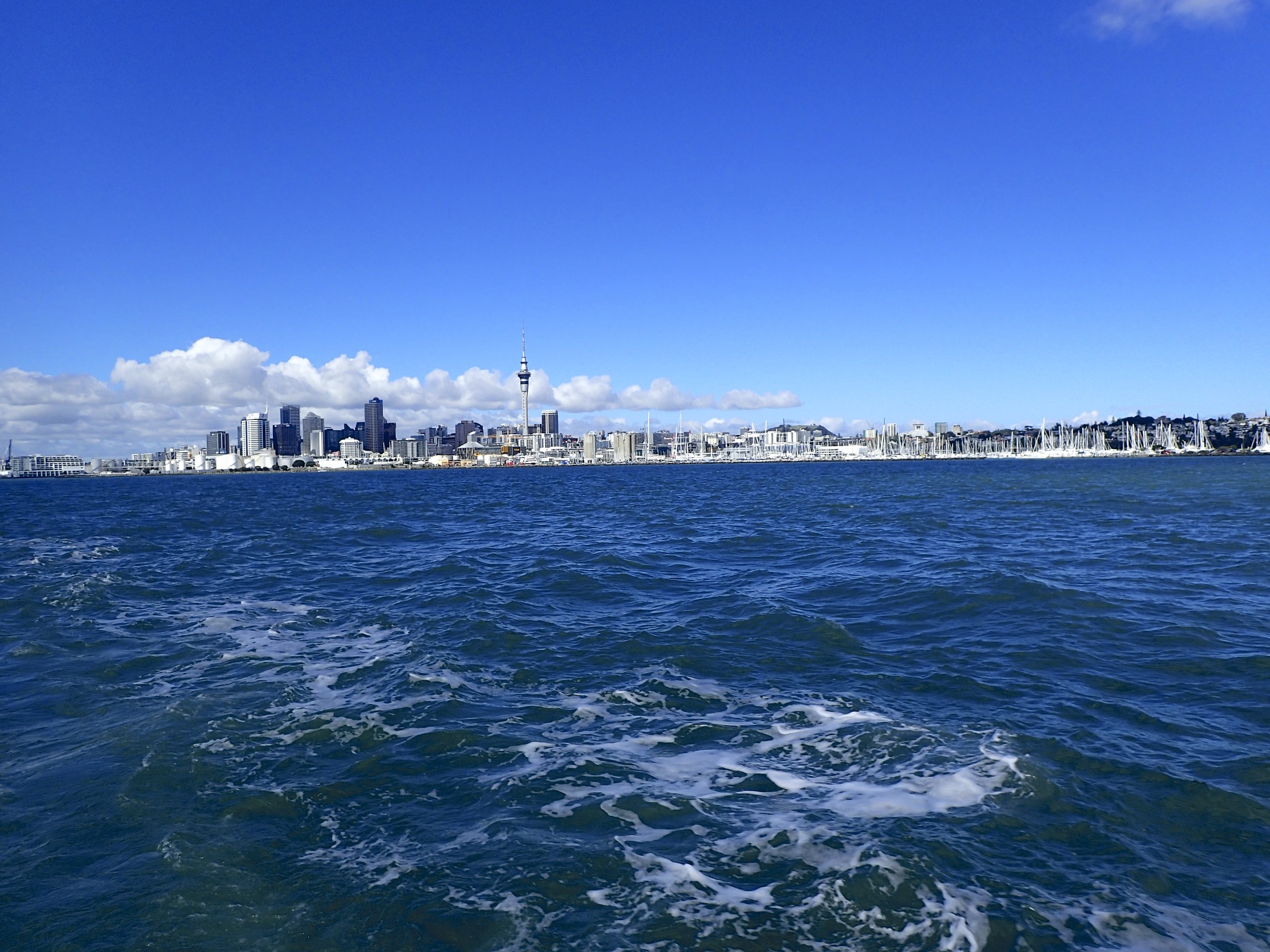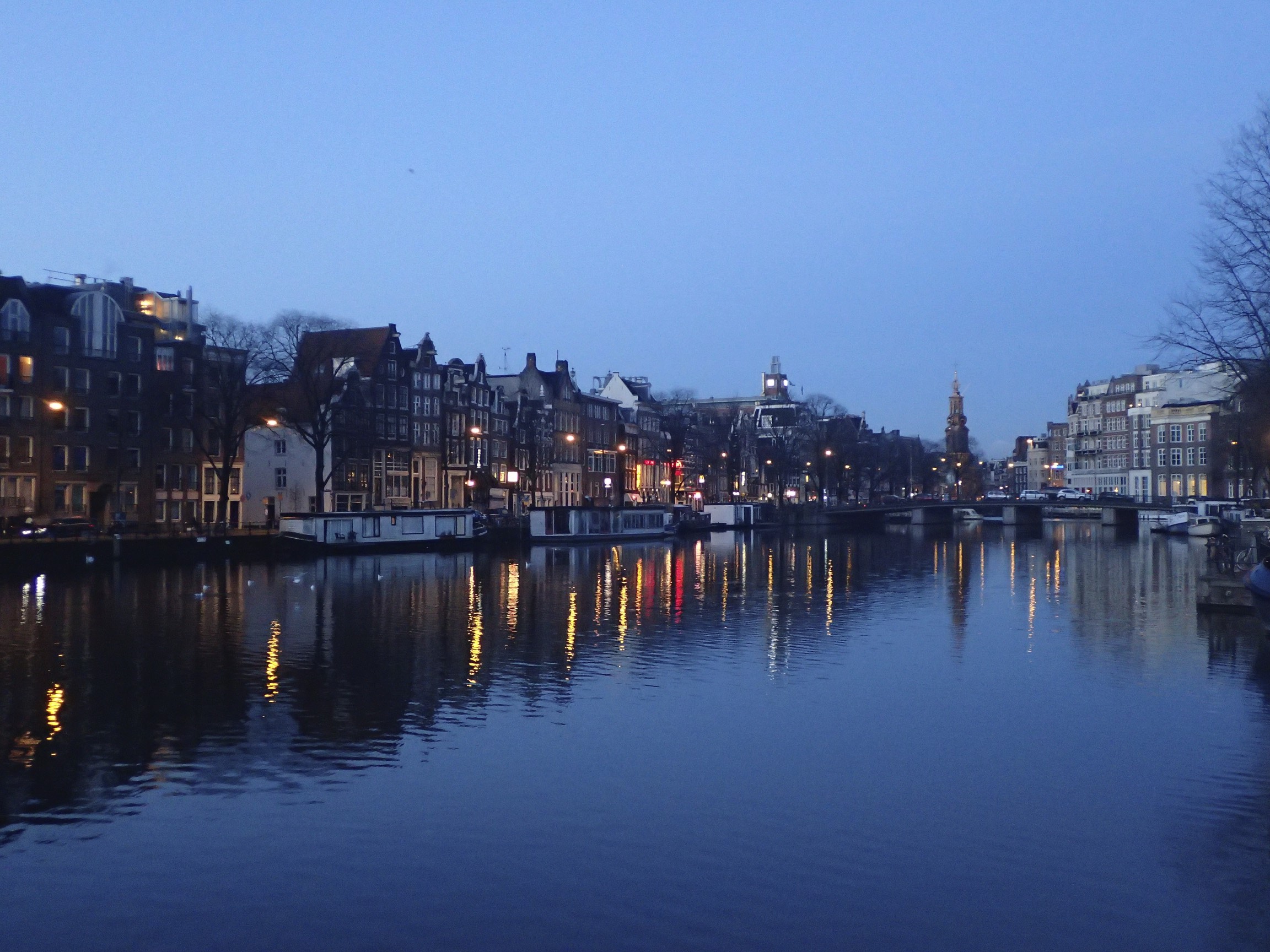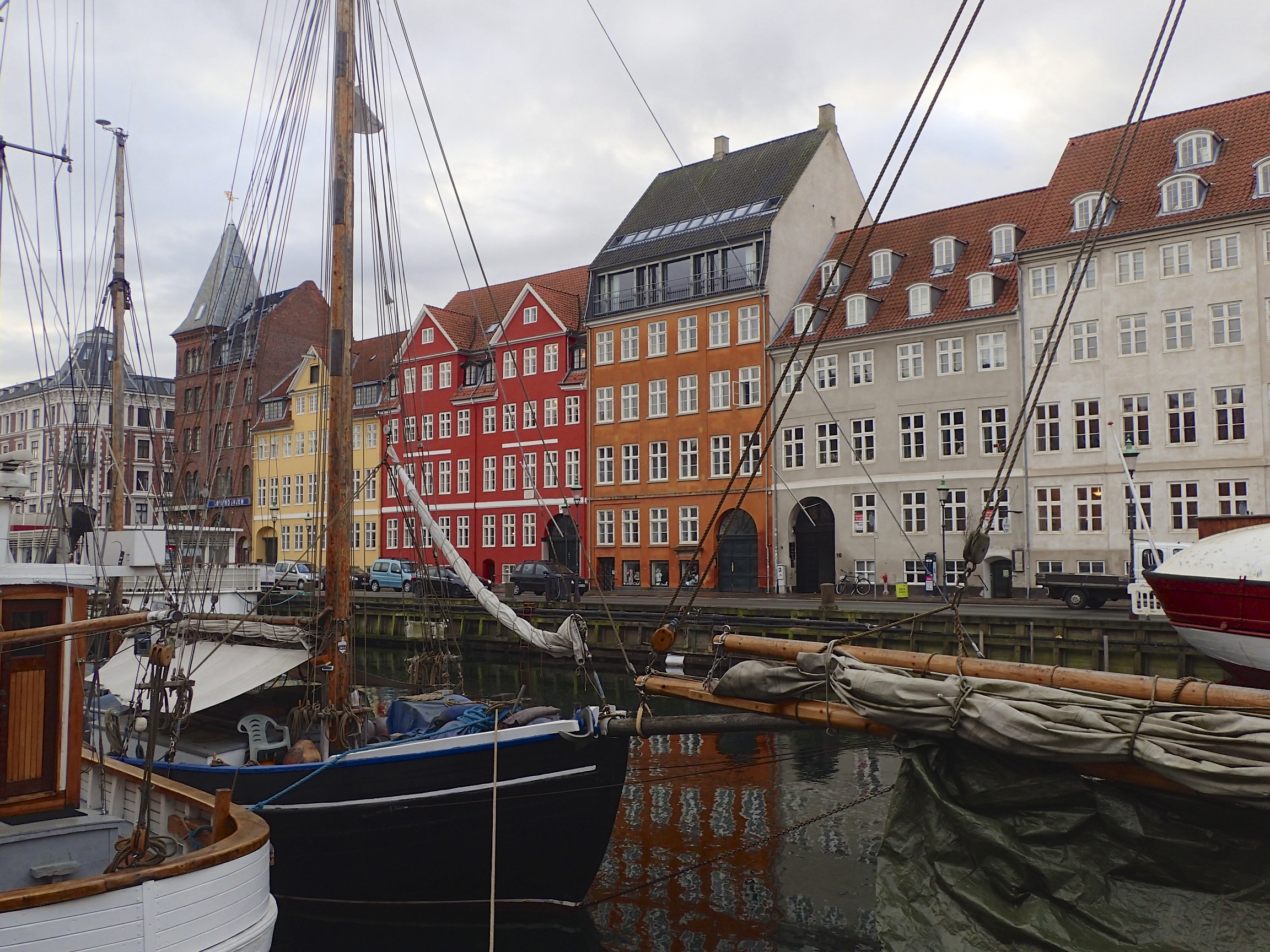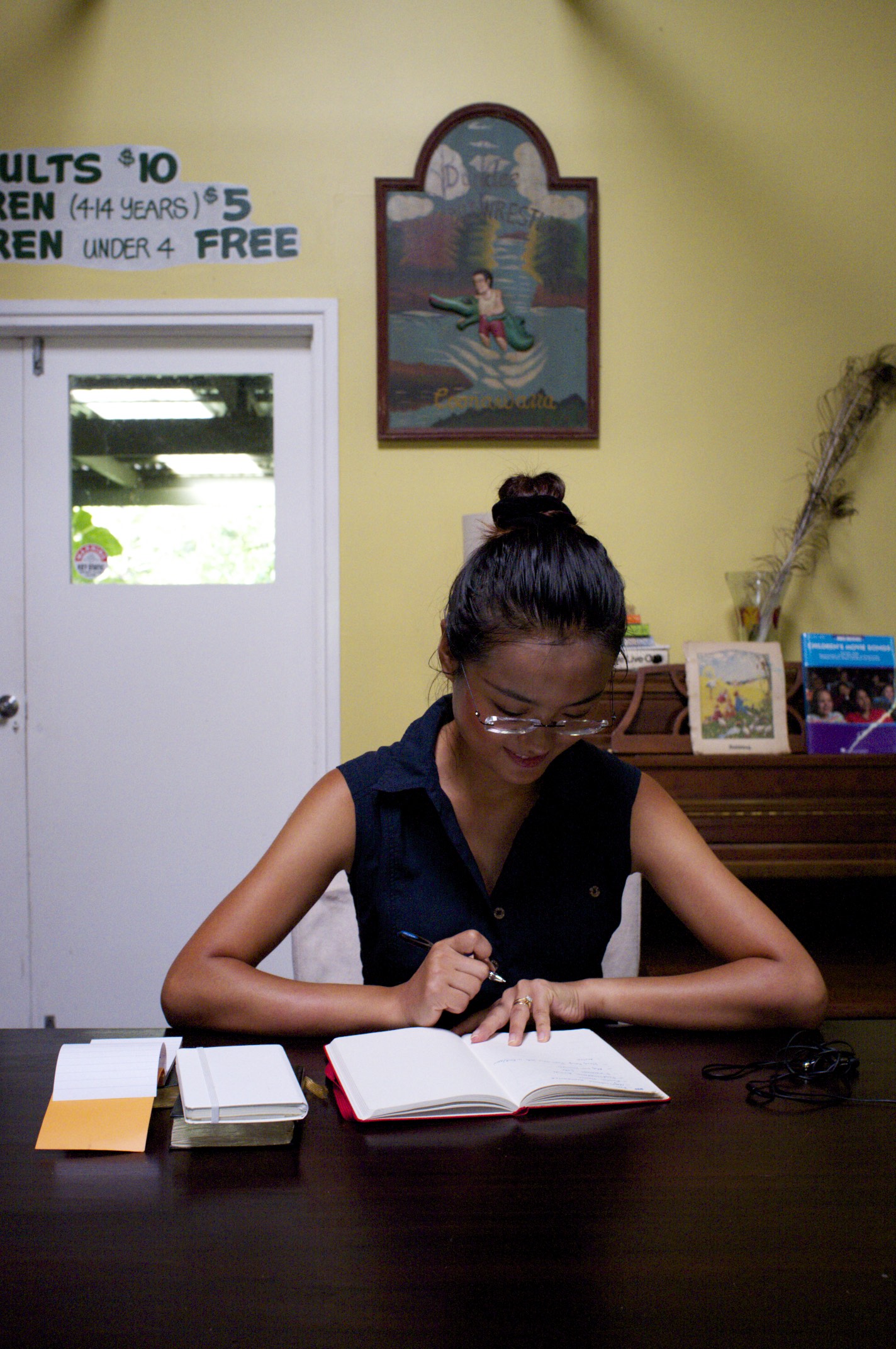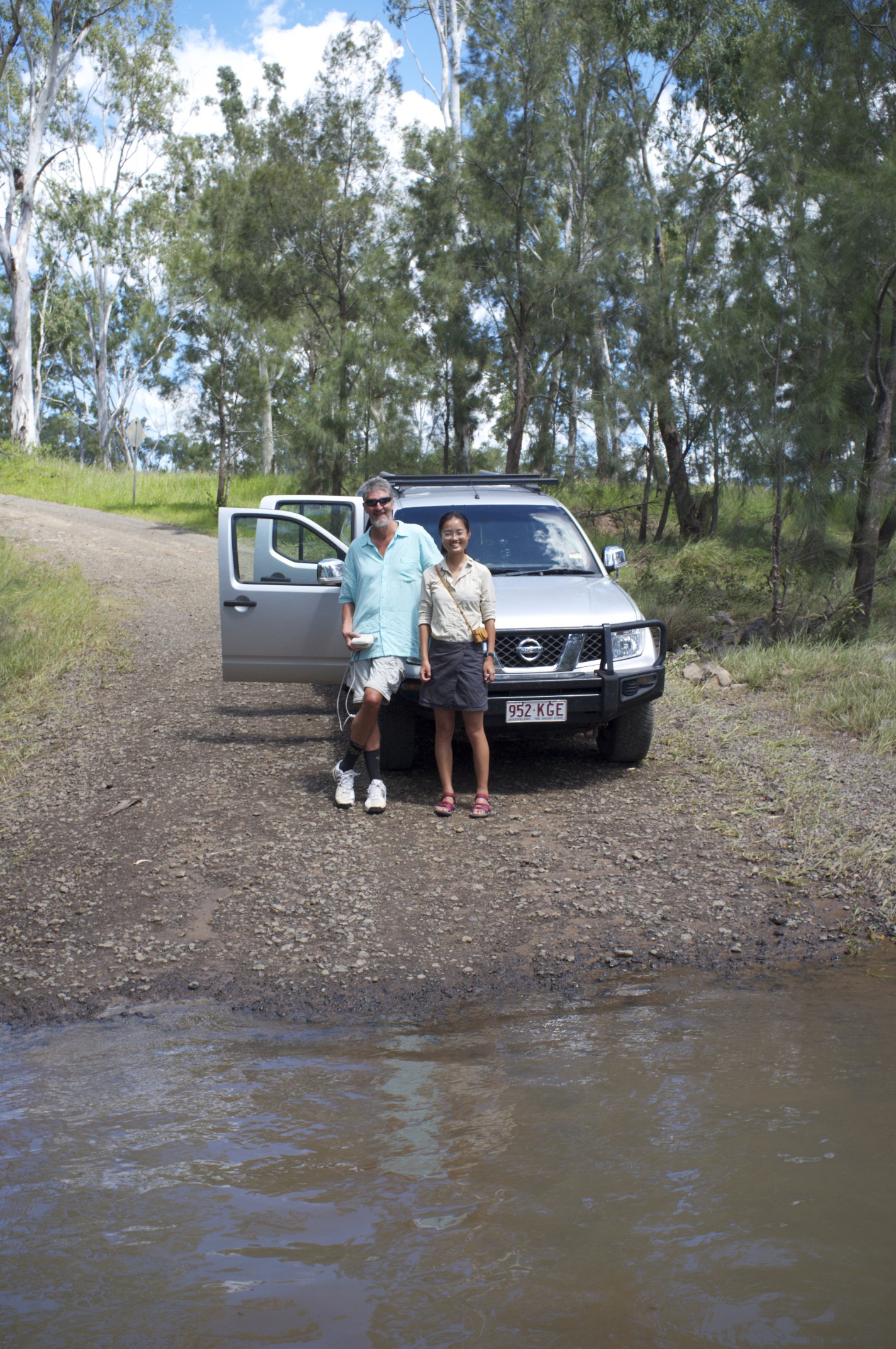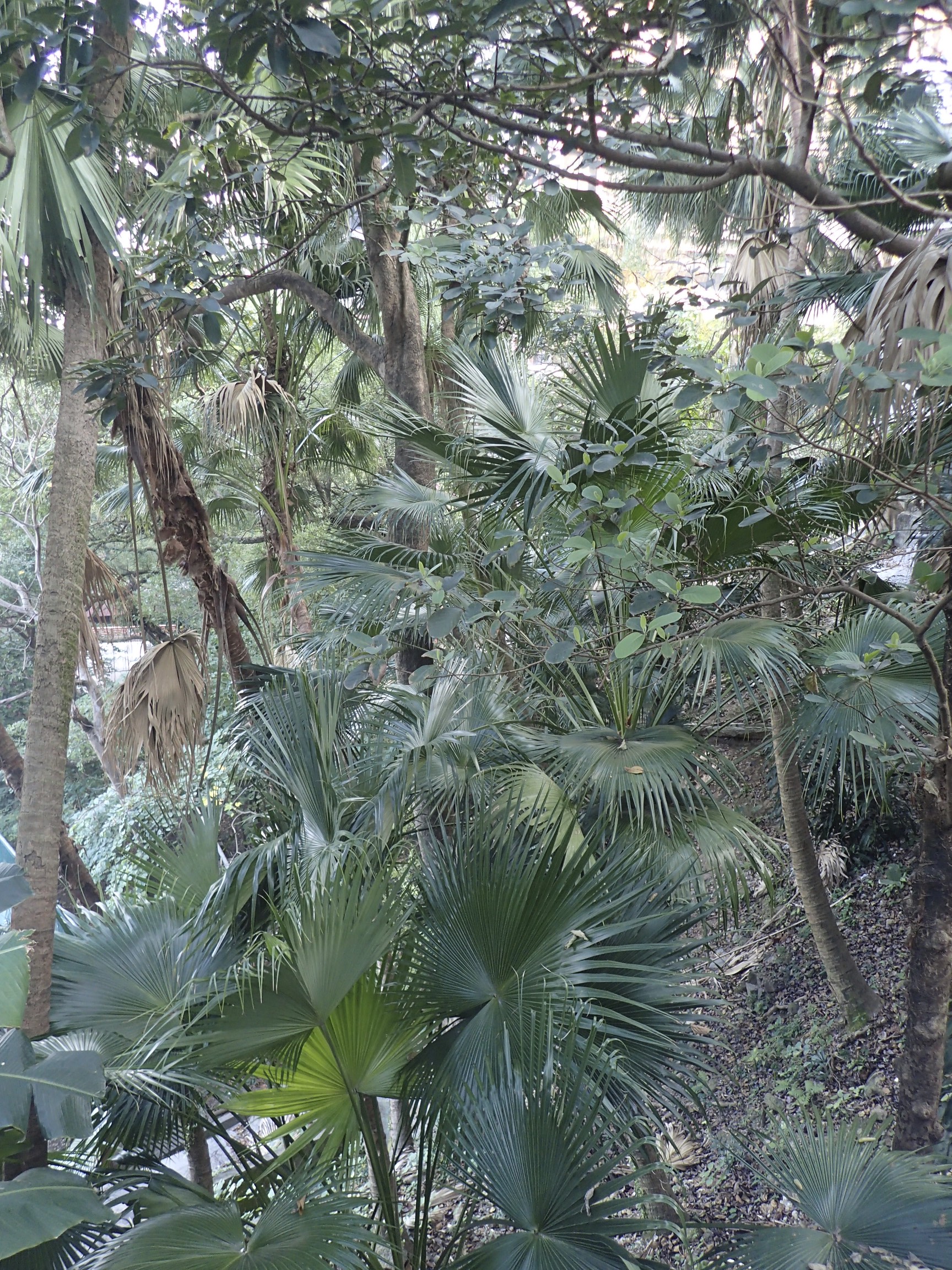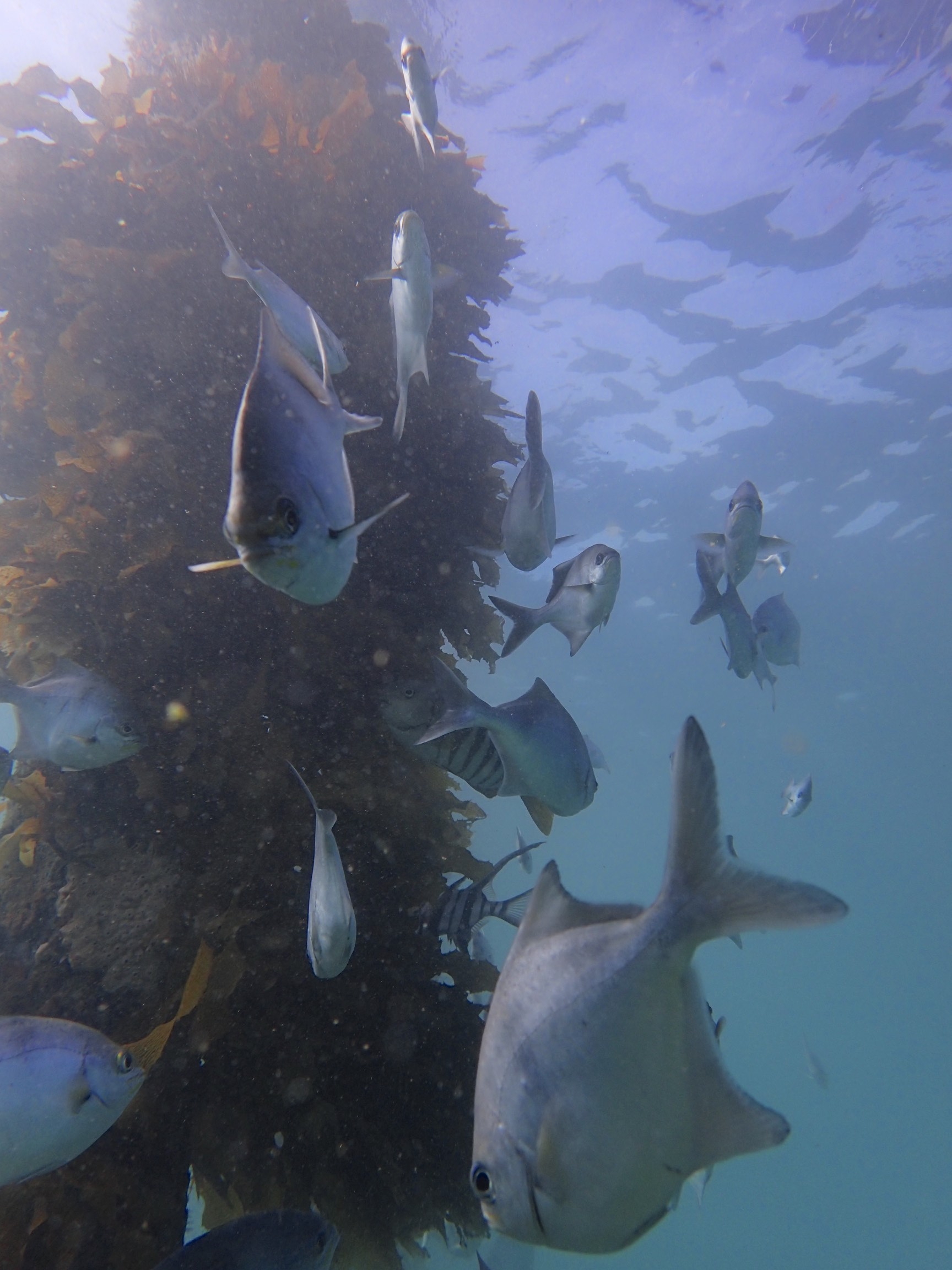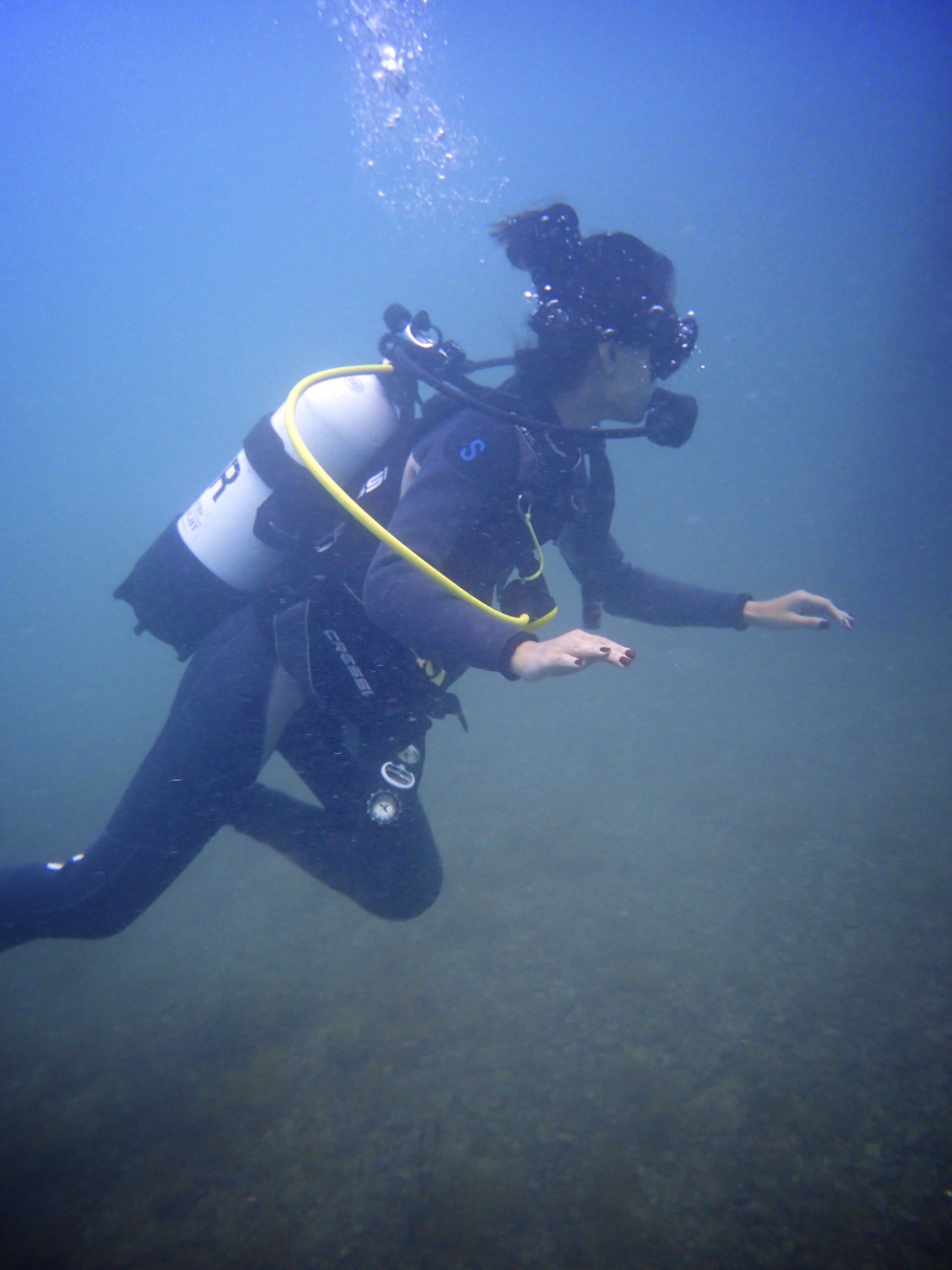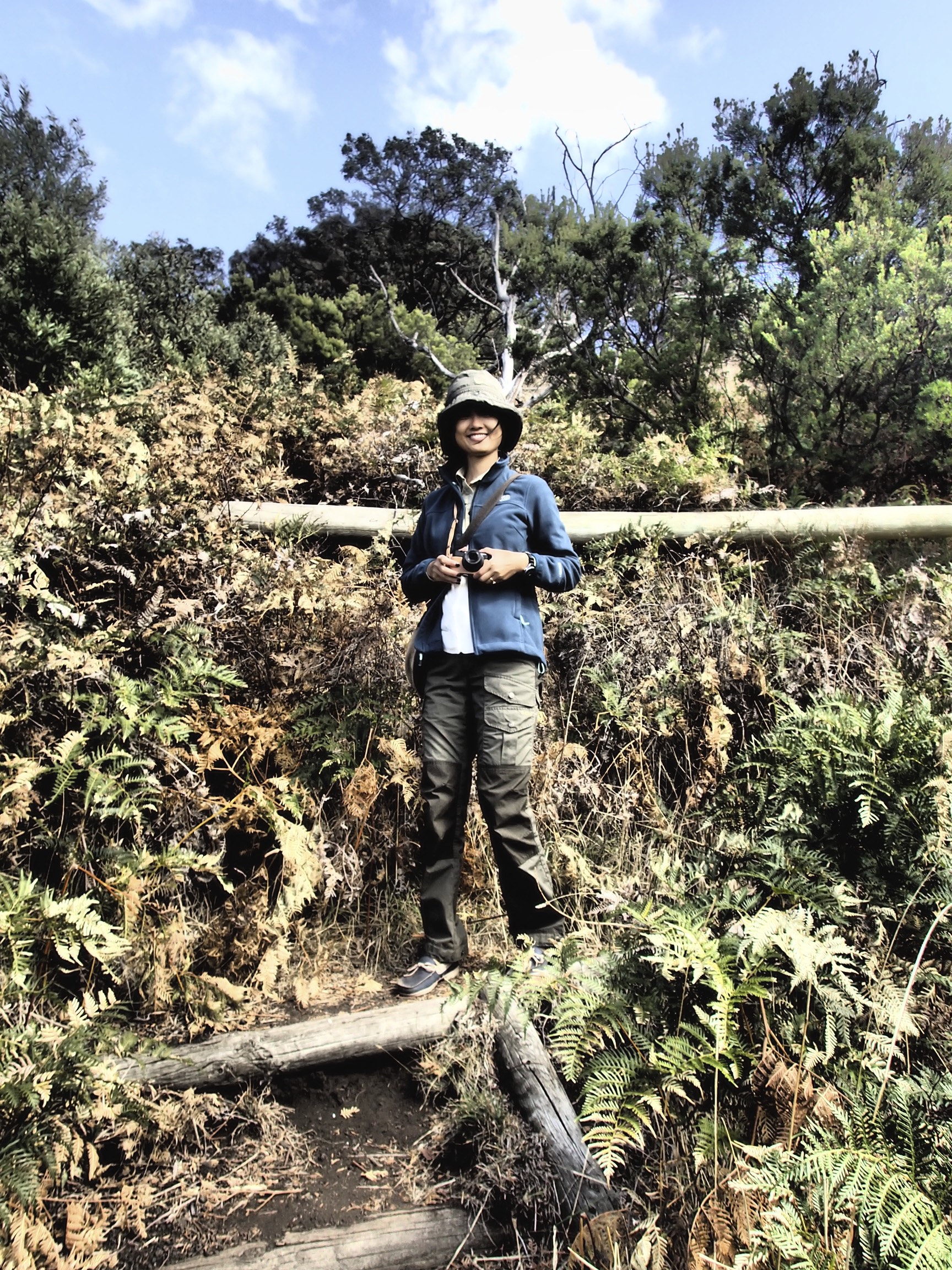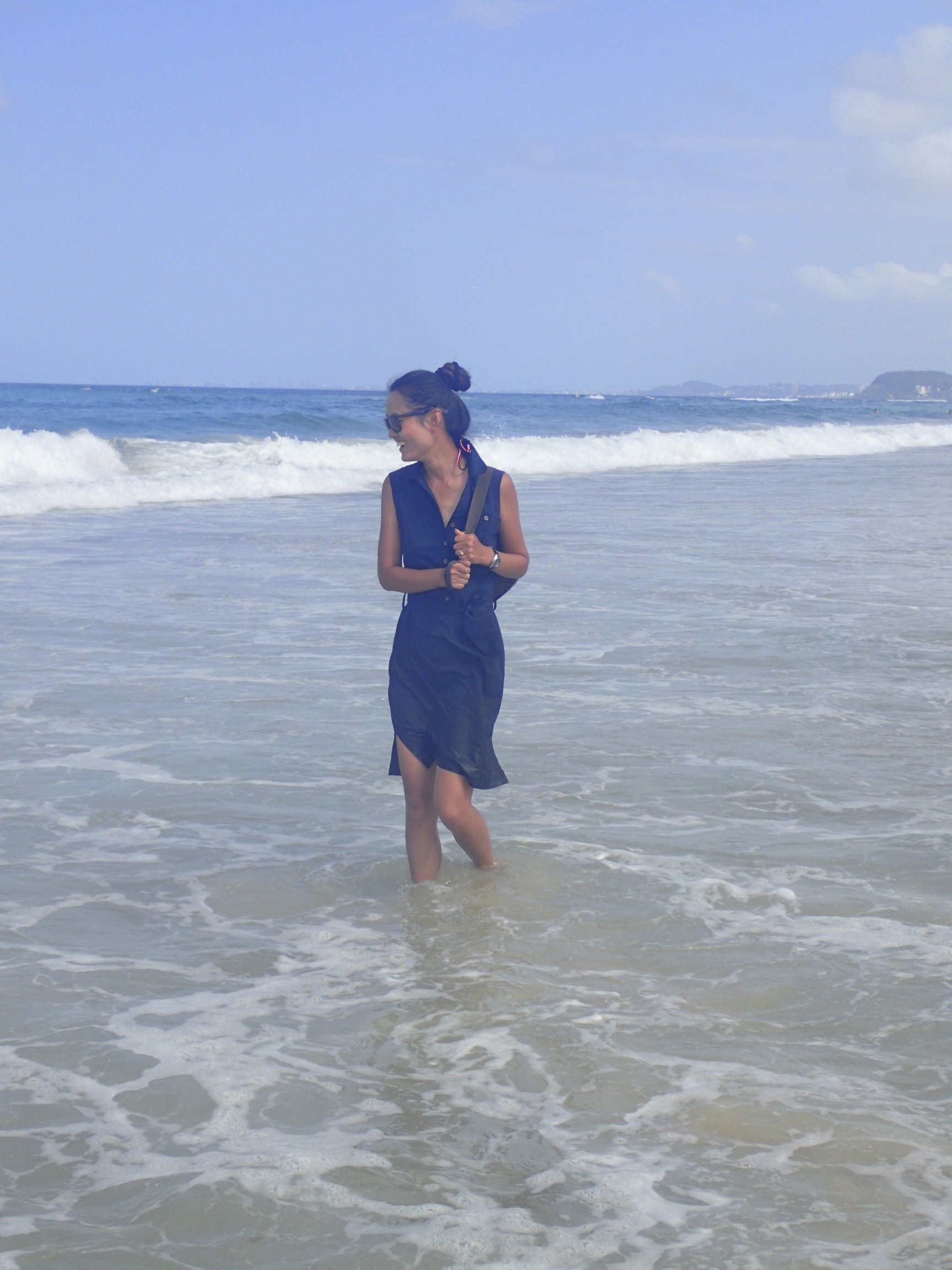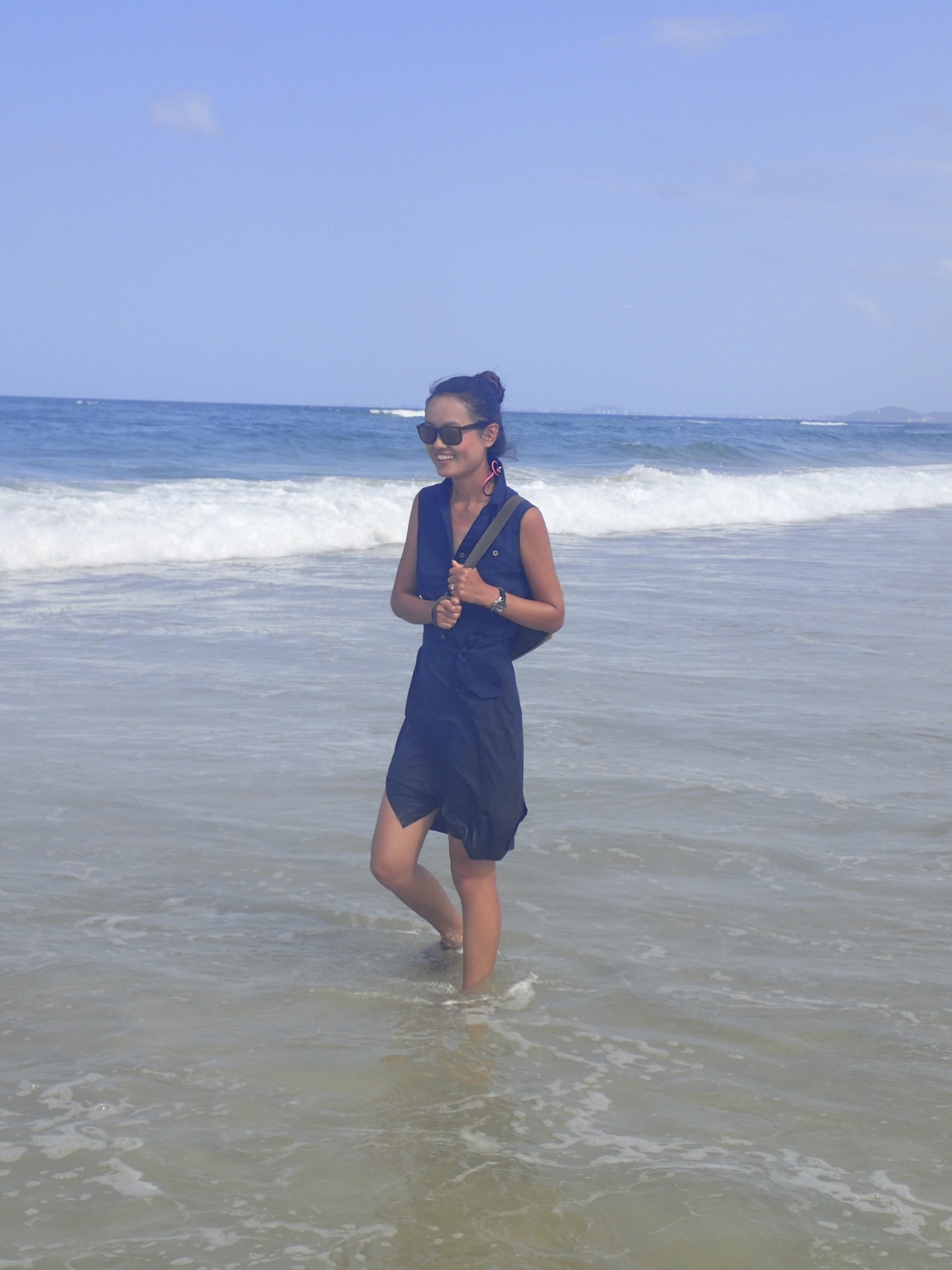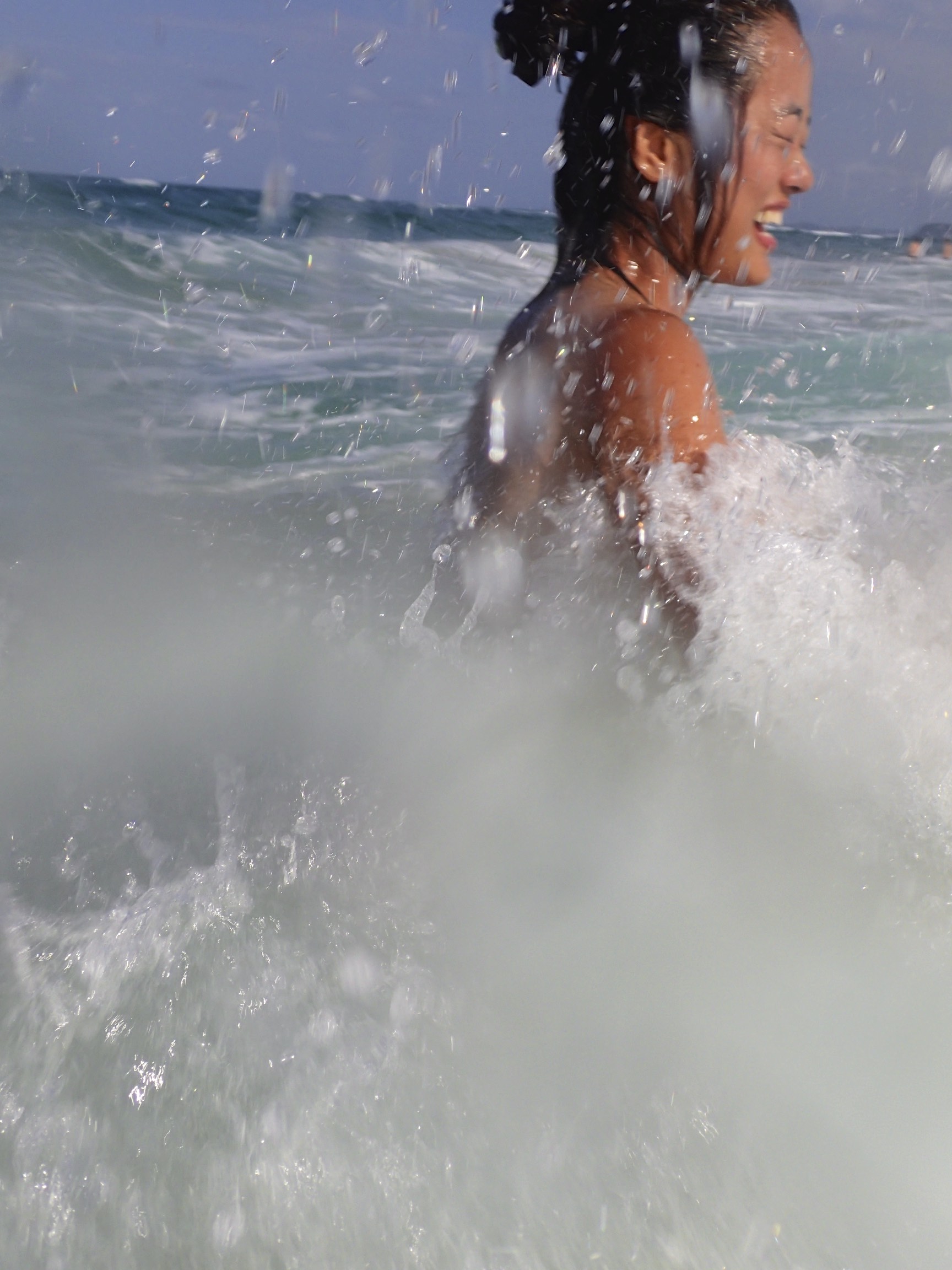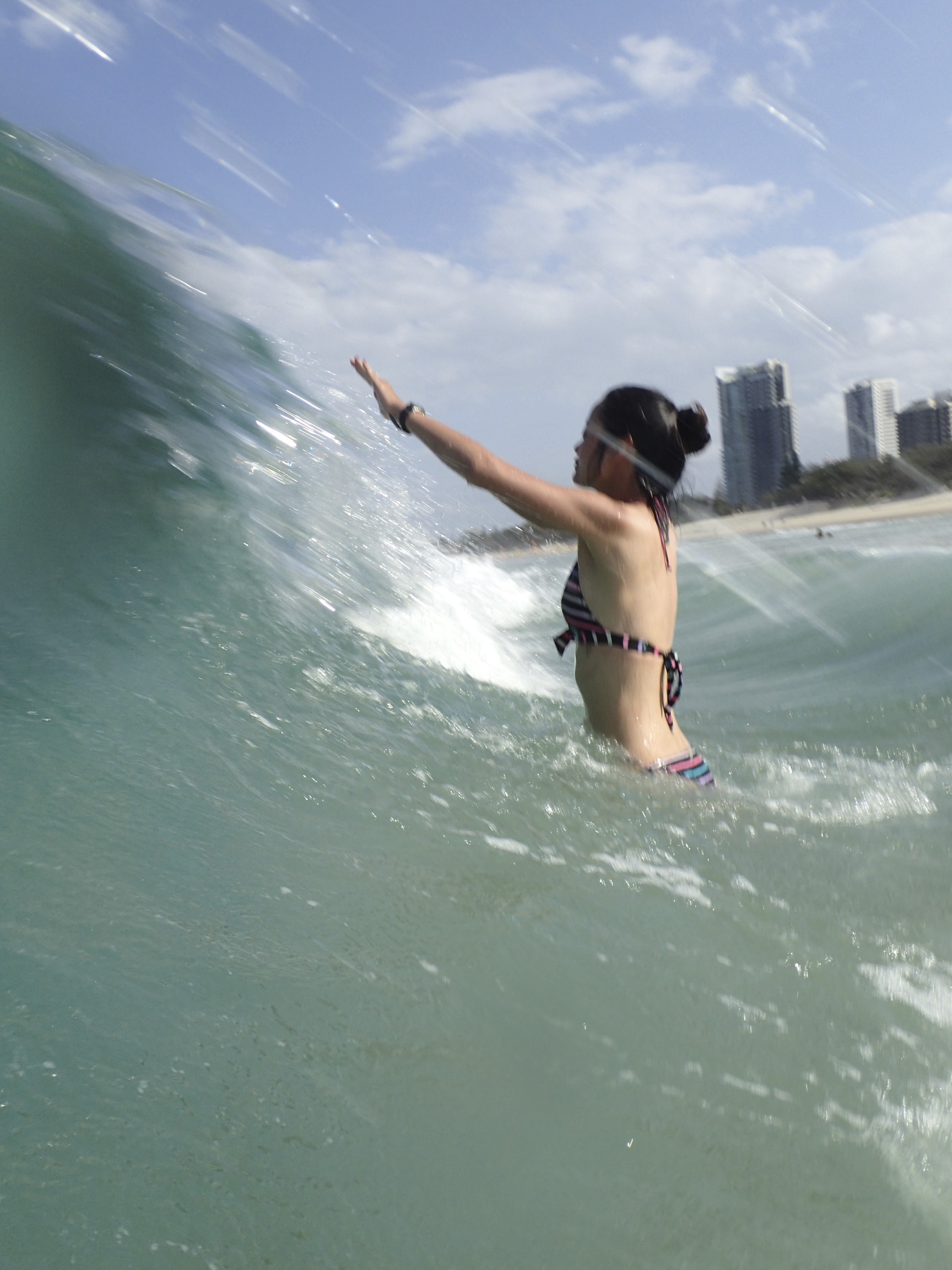London - Oxford - Cambridge - 2019nCoV
After an interesting and joyful trip in the UK, I arrived in Hong Kong. I especially enjoyed the exhibition in the V&A on cars. It was not very big but brought out the main milestones of automotive impact on society. Interestingly it ended with the "Popup" - a modular car, quadrocopter and train compartment project - jointly by Italdesign, Airbus and Audi. I have been using this project in my University teaching and observe its progress carefully. The UK was still an EU member when I came in, and it was not anymore when I left. Interestingly there was no Immigration checkpoint to cross when leaving for Hong Kong at Heathrow Airport. Arriving in Hong Kong then, everything came to a standstill because of the new Coronavirus outbreak centred in Wuhan. After seven months of protests and violent riots, this was not what the city needed. But of course, Mainland China, especially the province Hubei was struck much worse. Some people started hoarding products on the rumours and then of course products ran low in supply very quickly. Amusing to see how bad social media fits into all this. Somebody says online that there may be no noodles anymore as the supply chains may be disrupted due to the closing of the mainland Chinese land border, and some hours later people buy up all the pasta available, even this is mainly shipped from Italy. Surgical masks and hand sanitisers are sold out everywhere, as well as any disinfectant. Stupid people are more dangerous than most viruses. And then there are these people who try to take advantage of these shortages by hiking up the prices. They are the scum of any society. And in an ultra-capitalist environment, there may be a few more of them. But generally, despite the hysteria, I find it very professional how Hong Kong deals with this new challenge.
Stroll over Oxford University
On the Cam-Bridge (Kings College, Cambridge)




